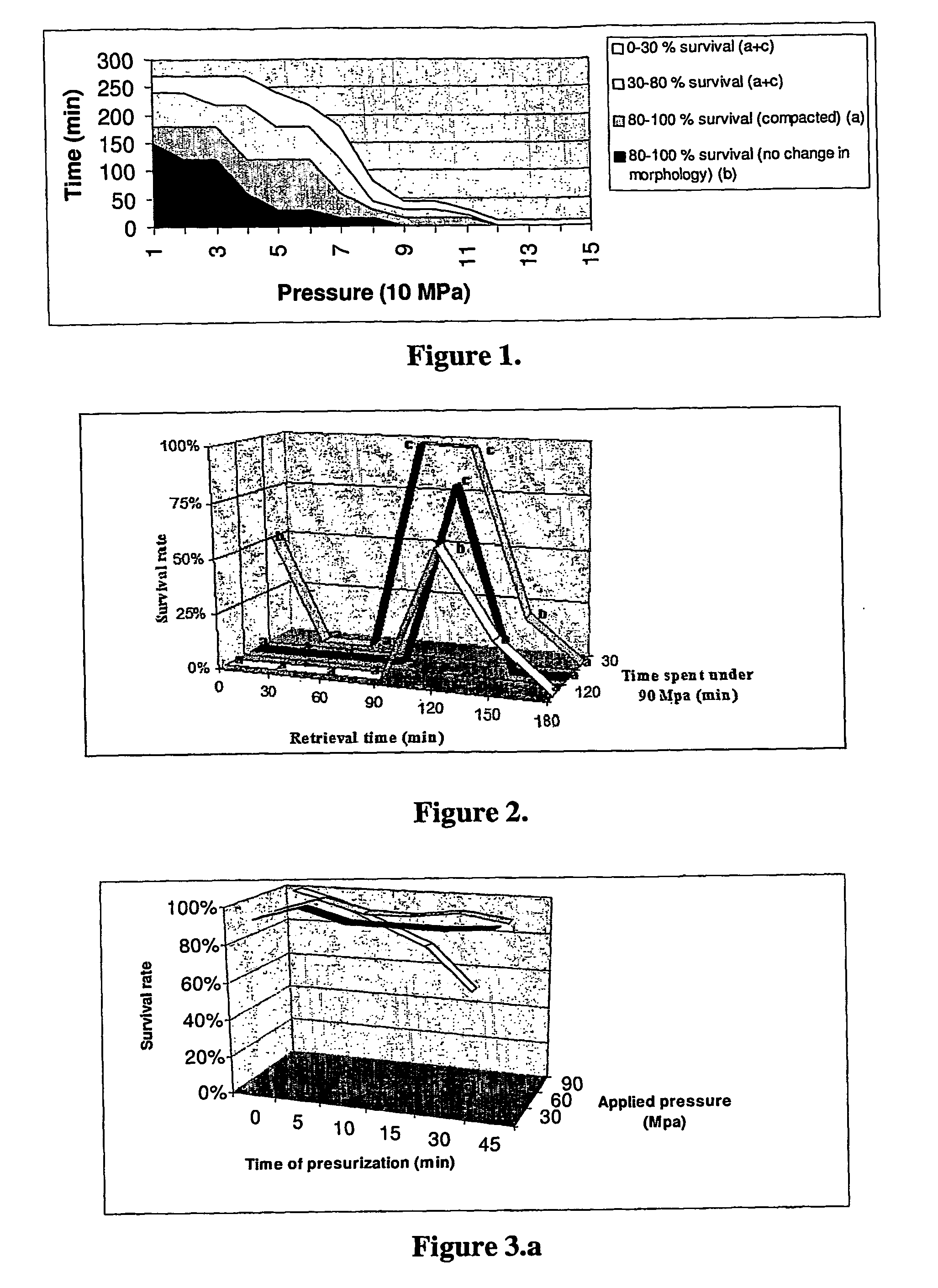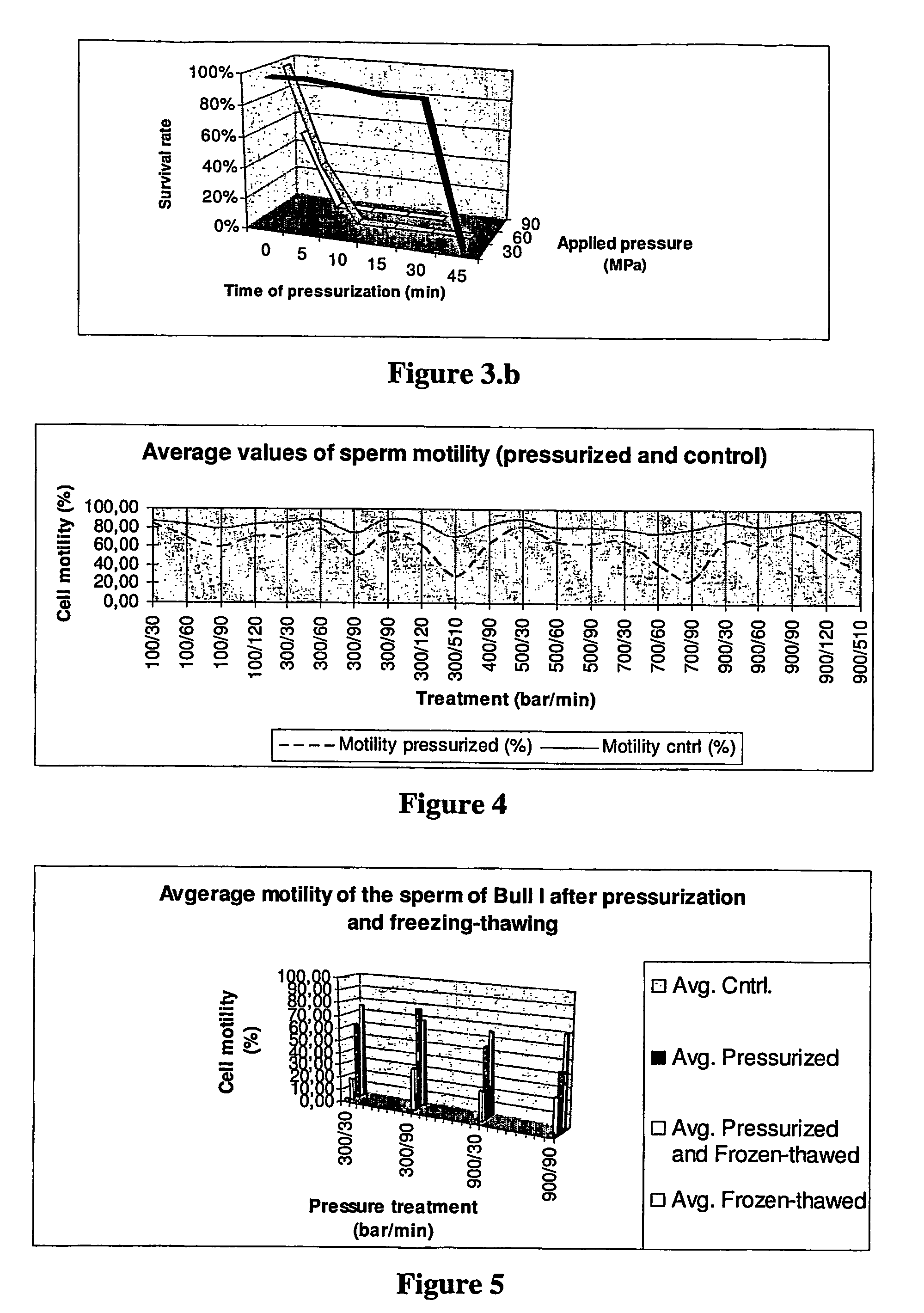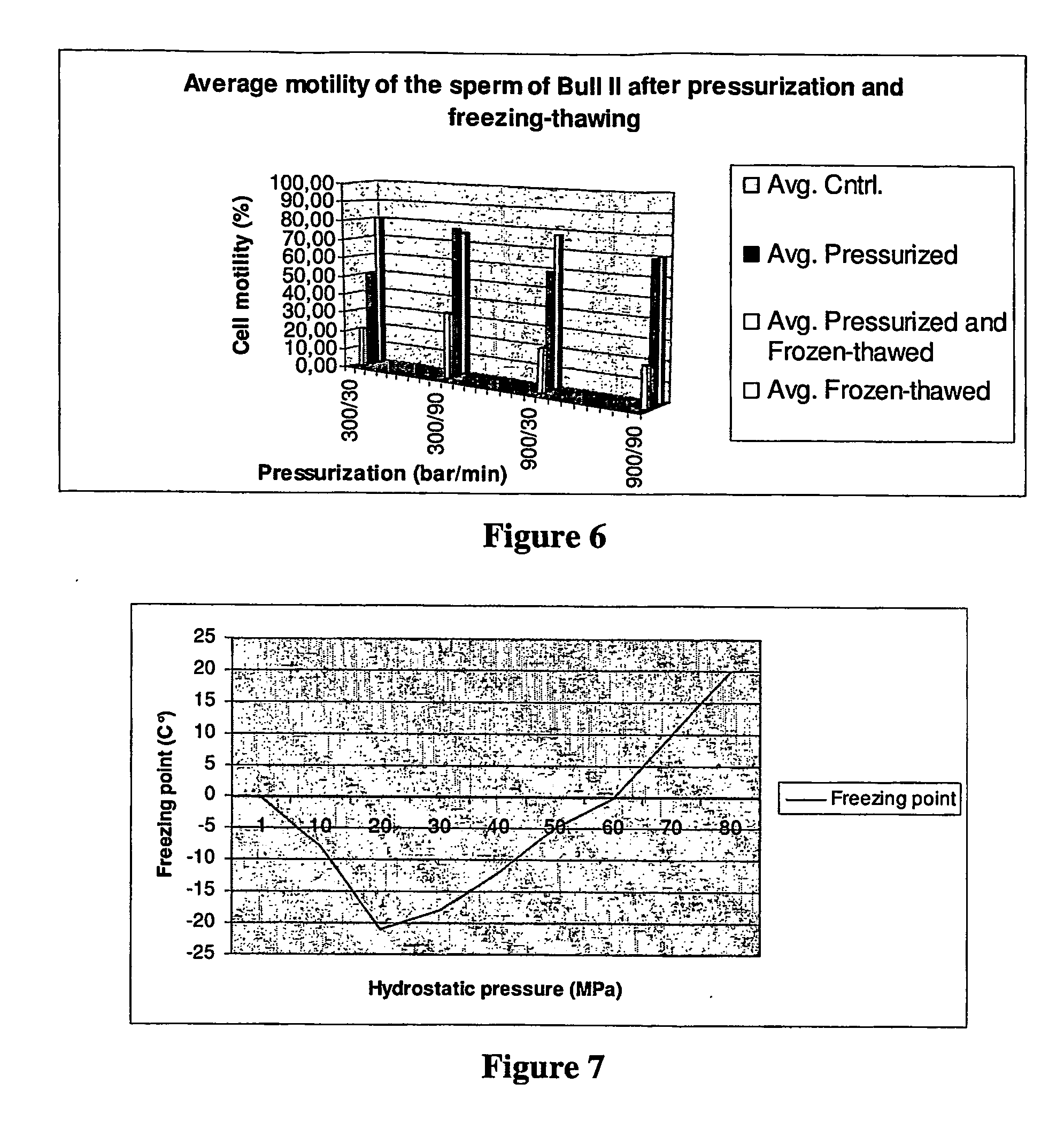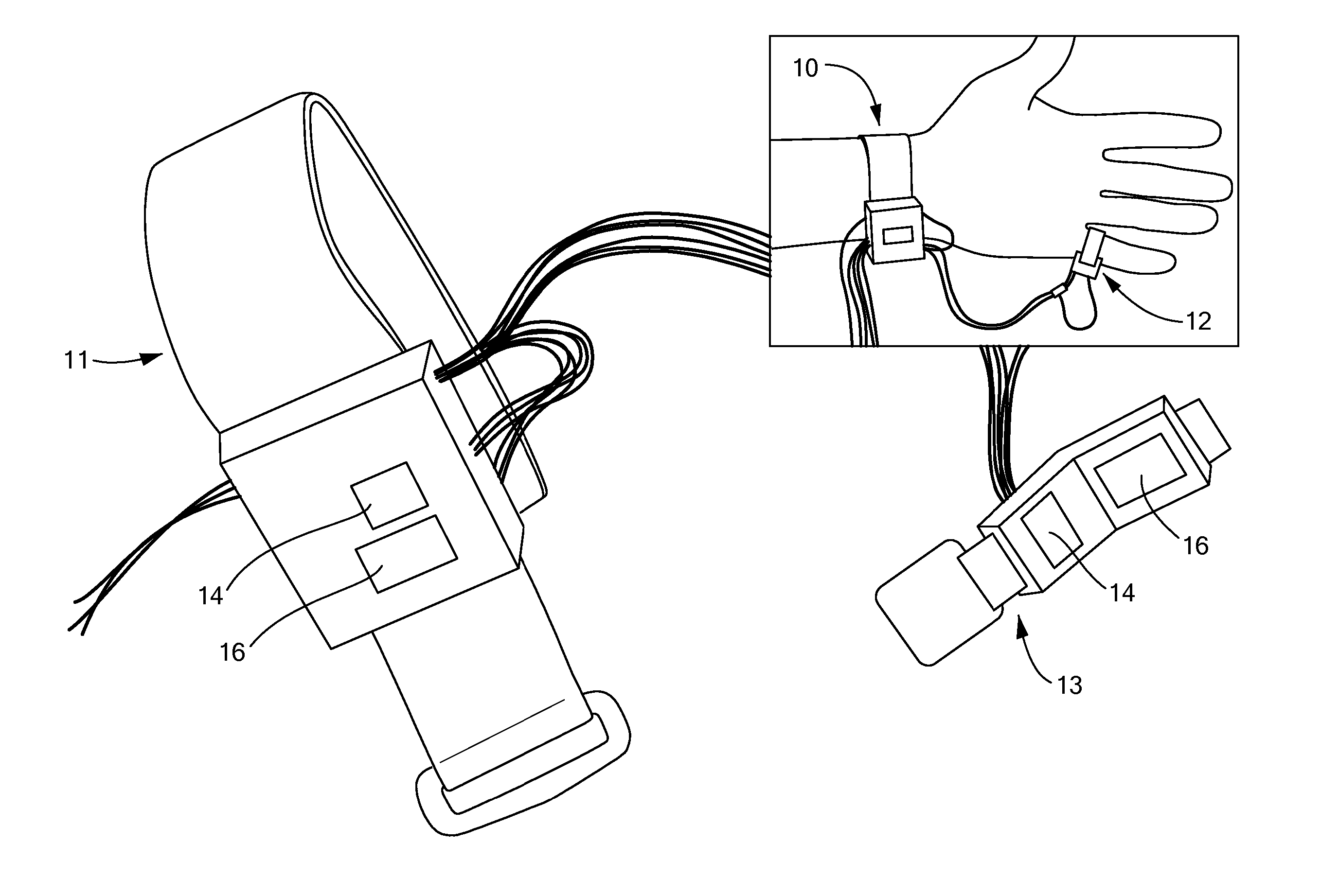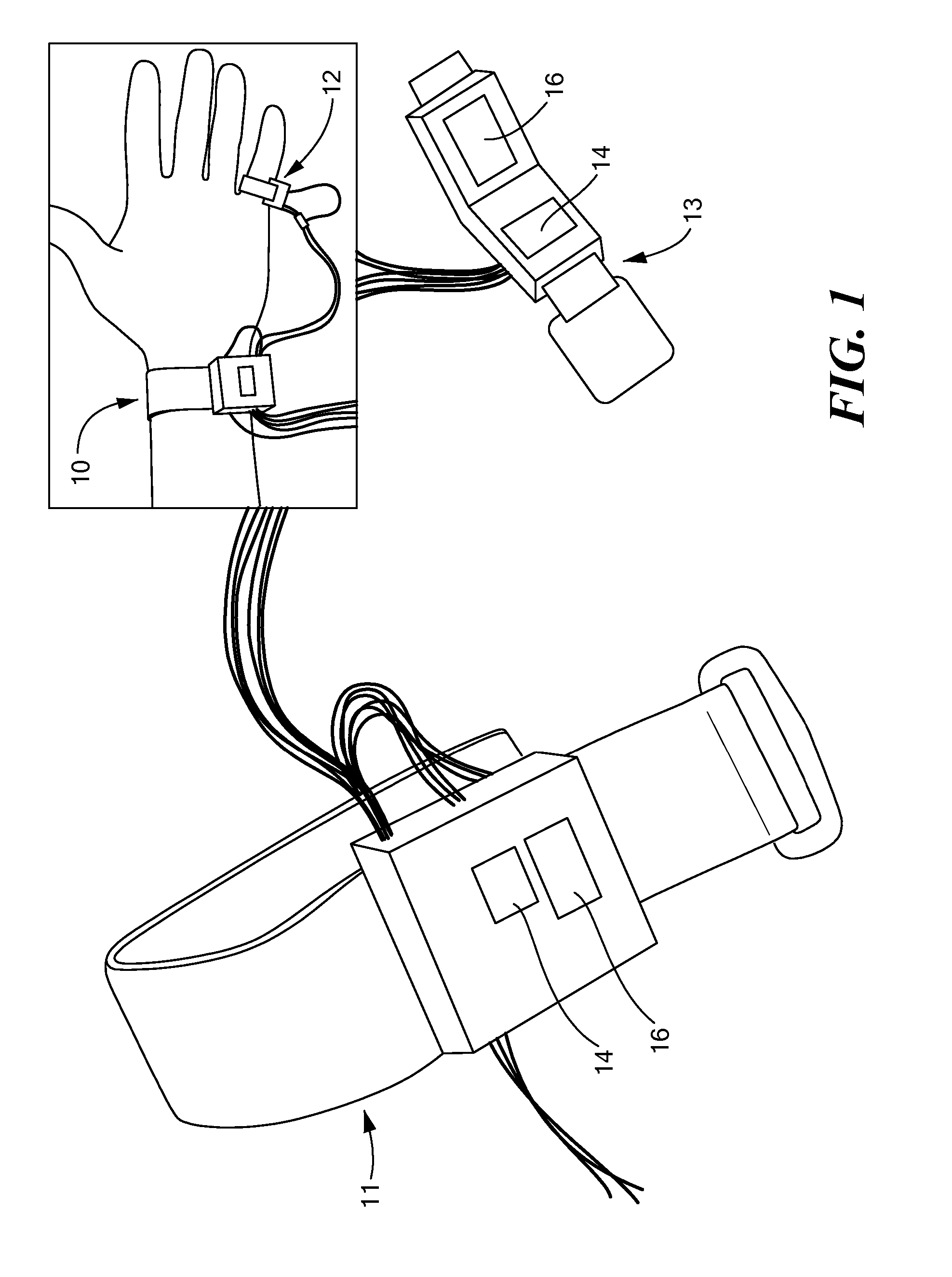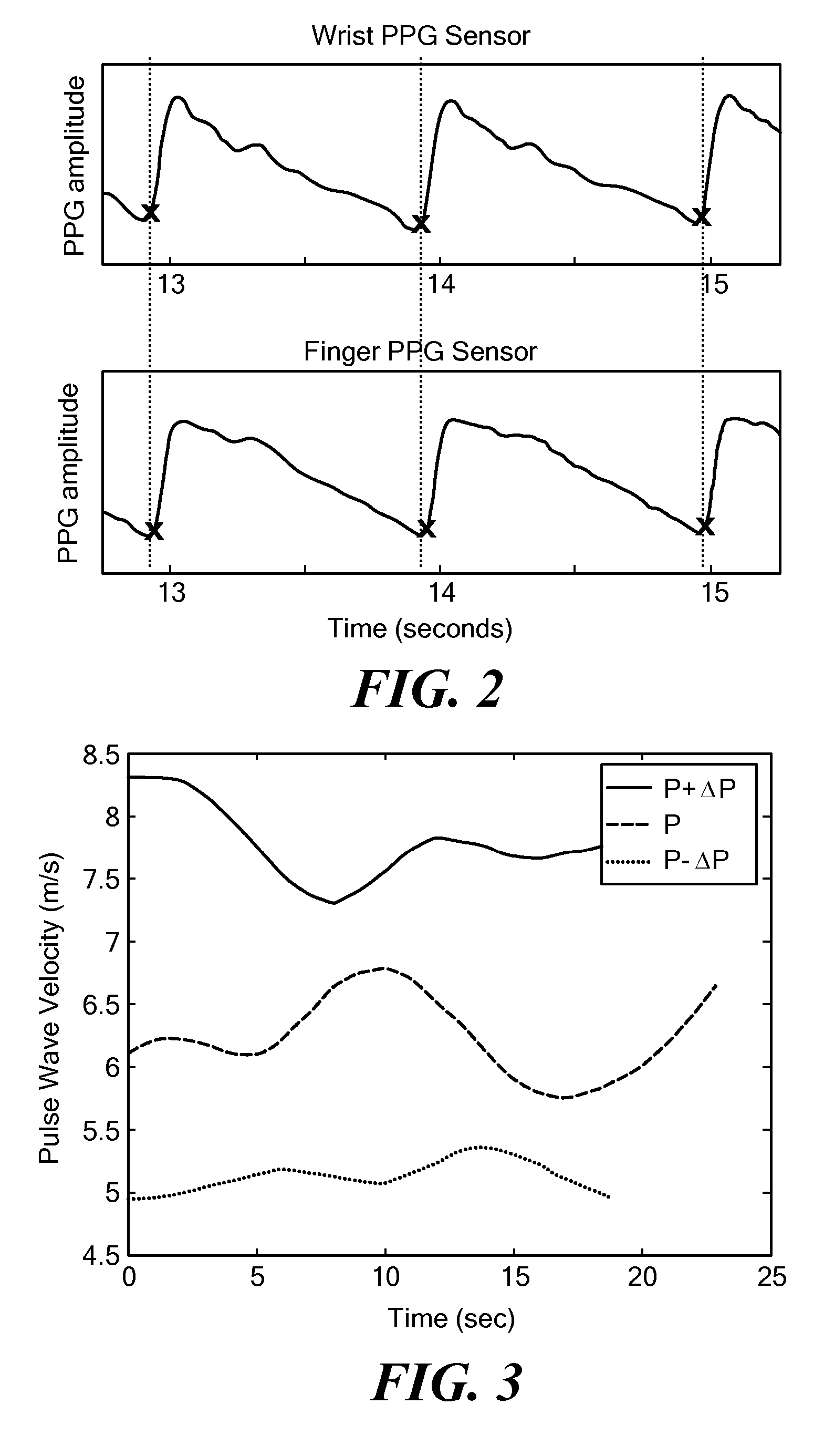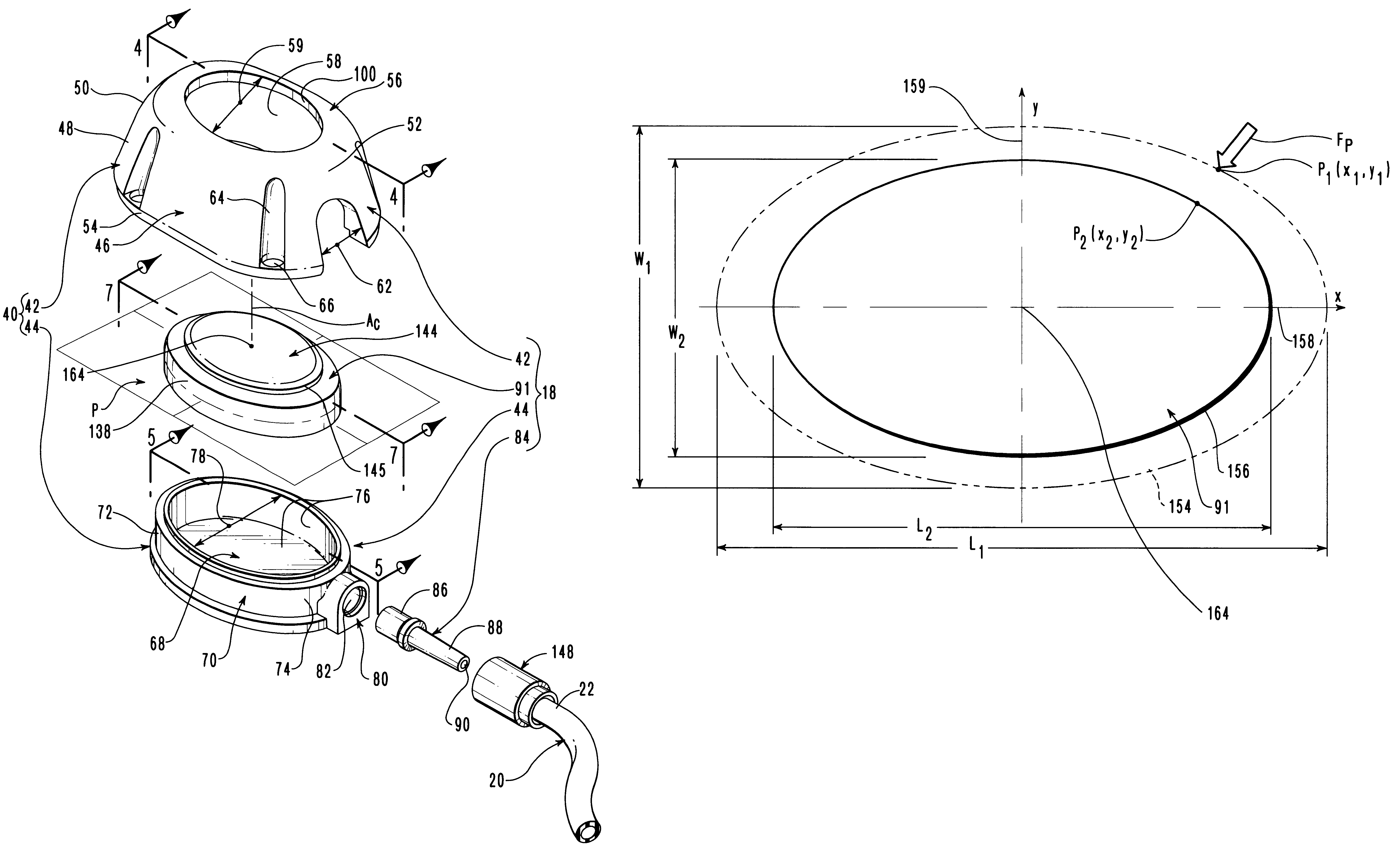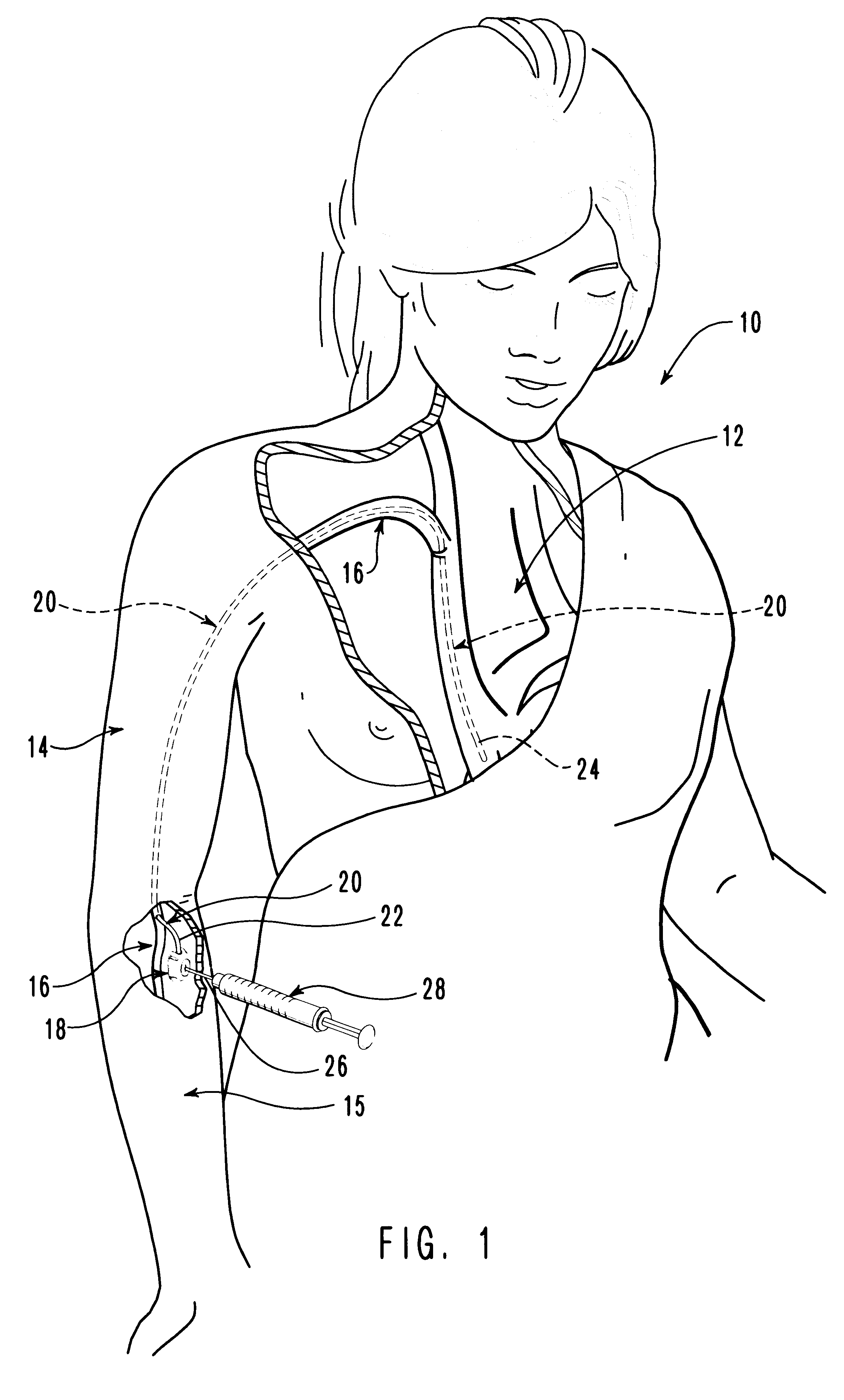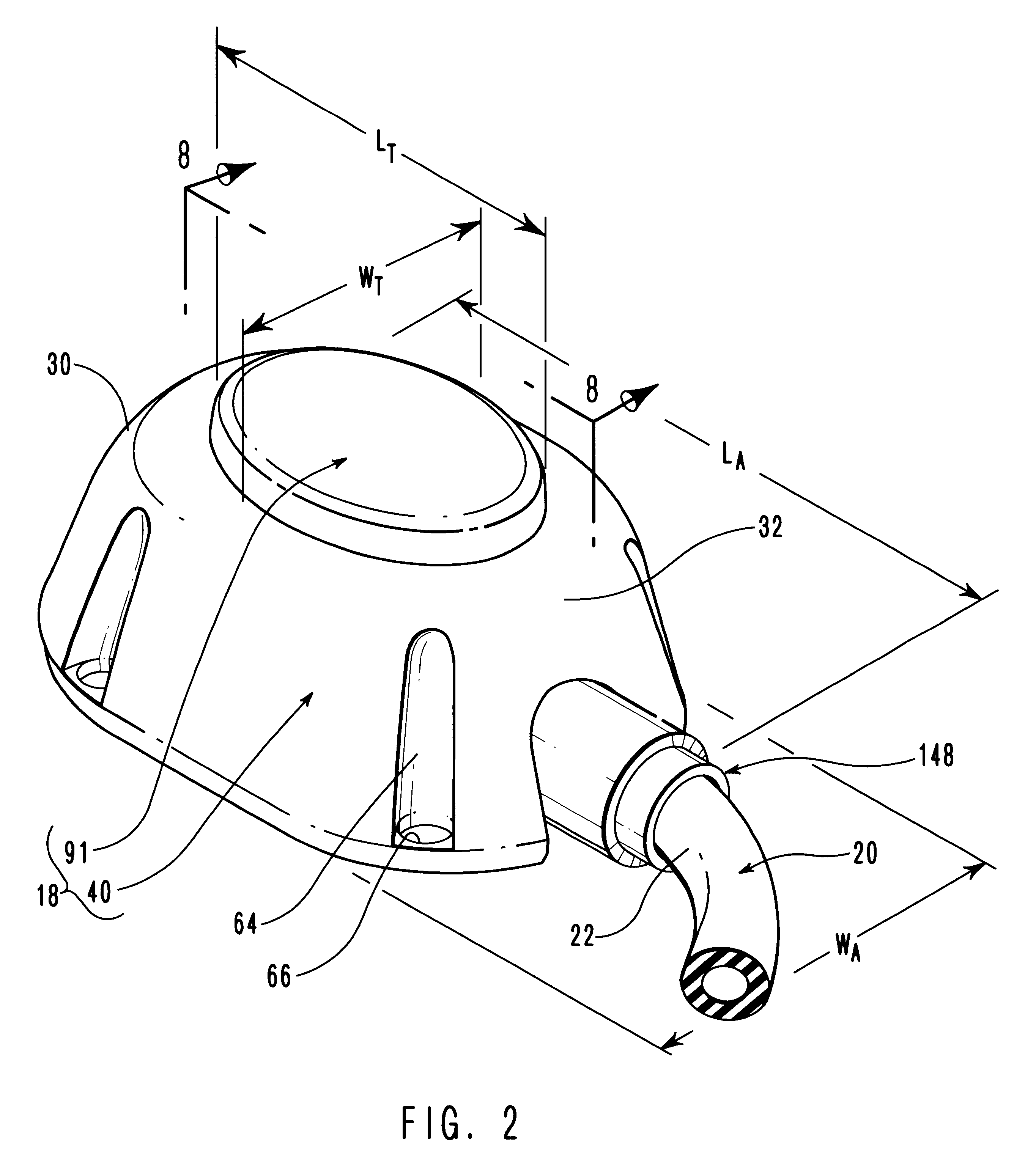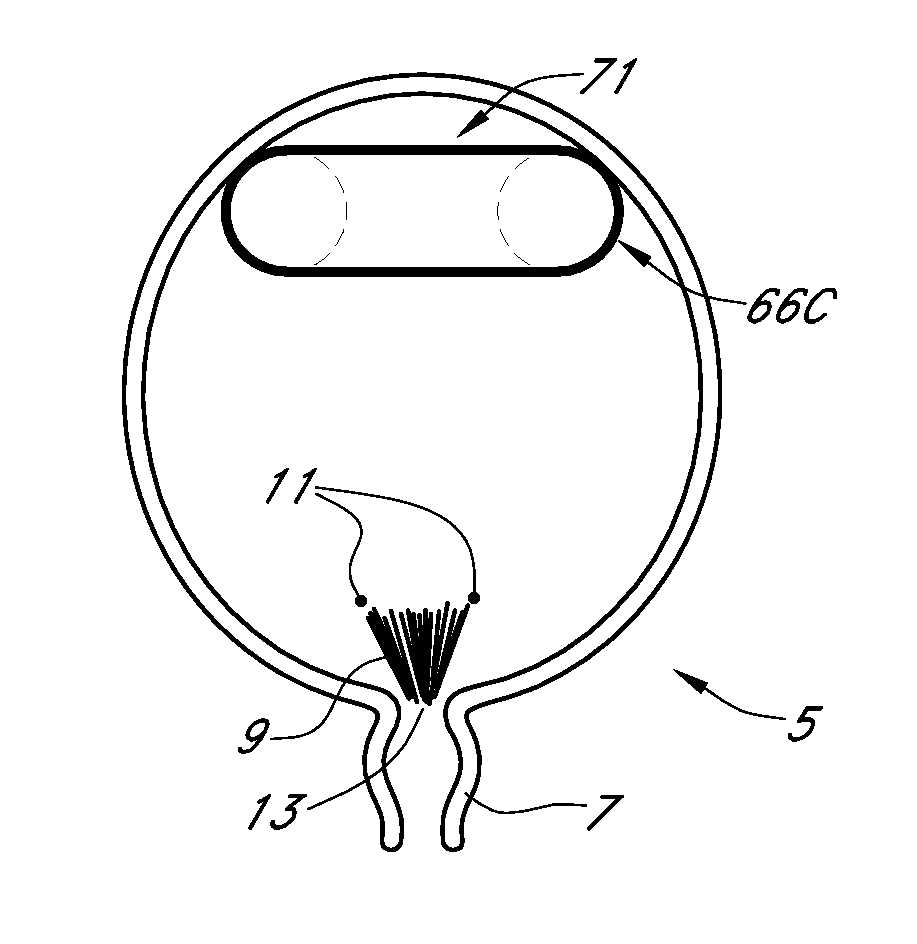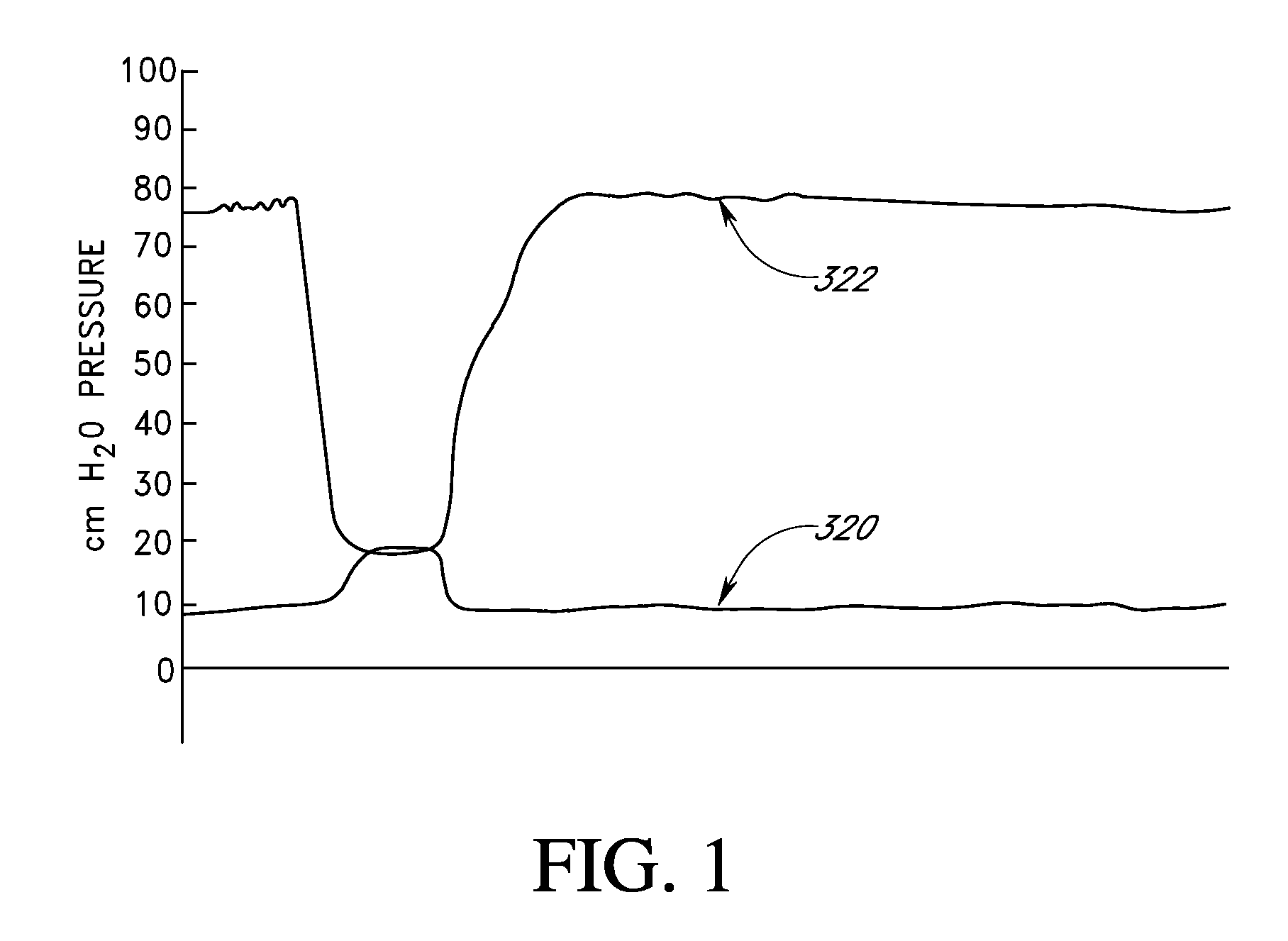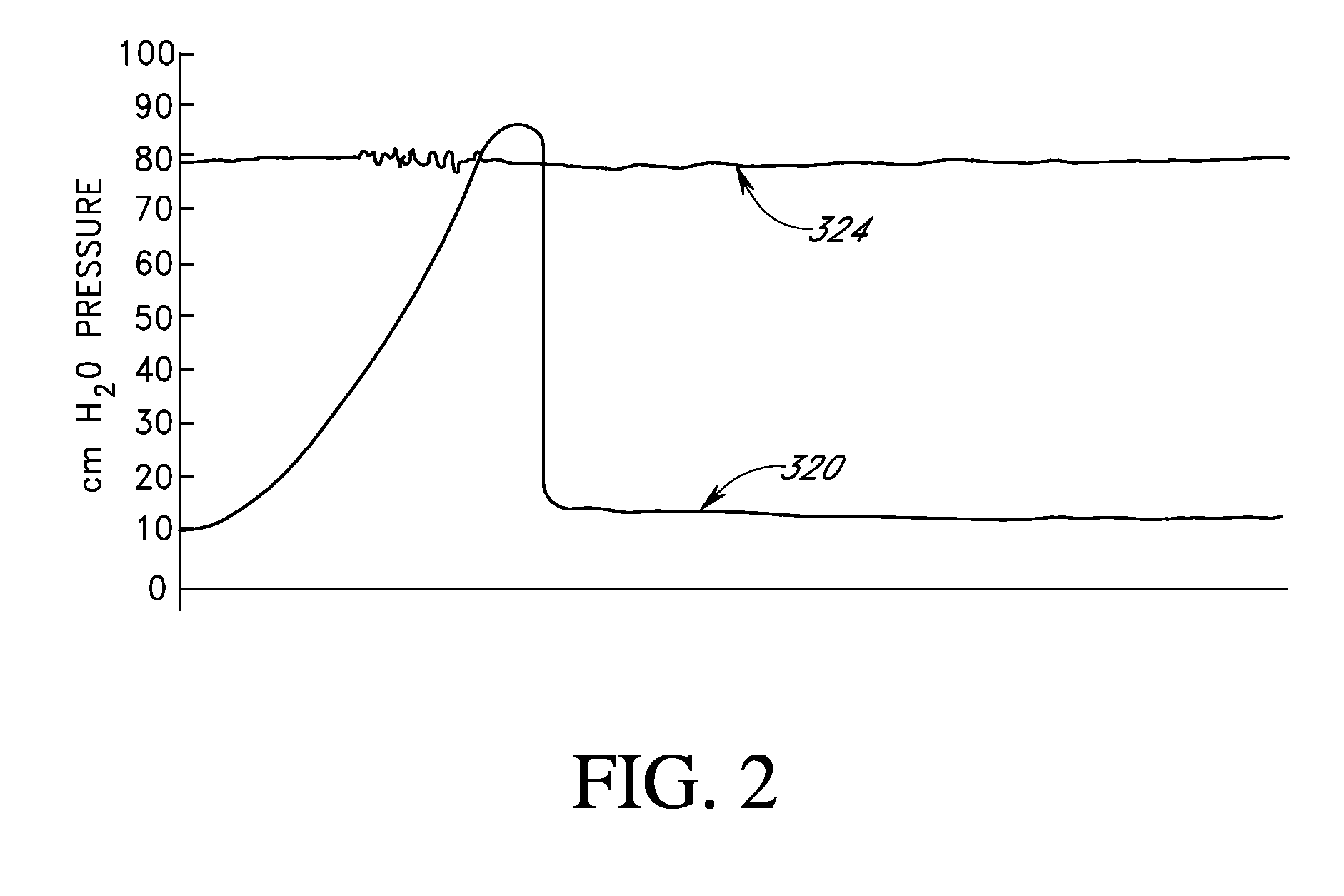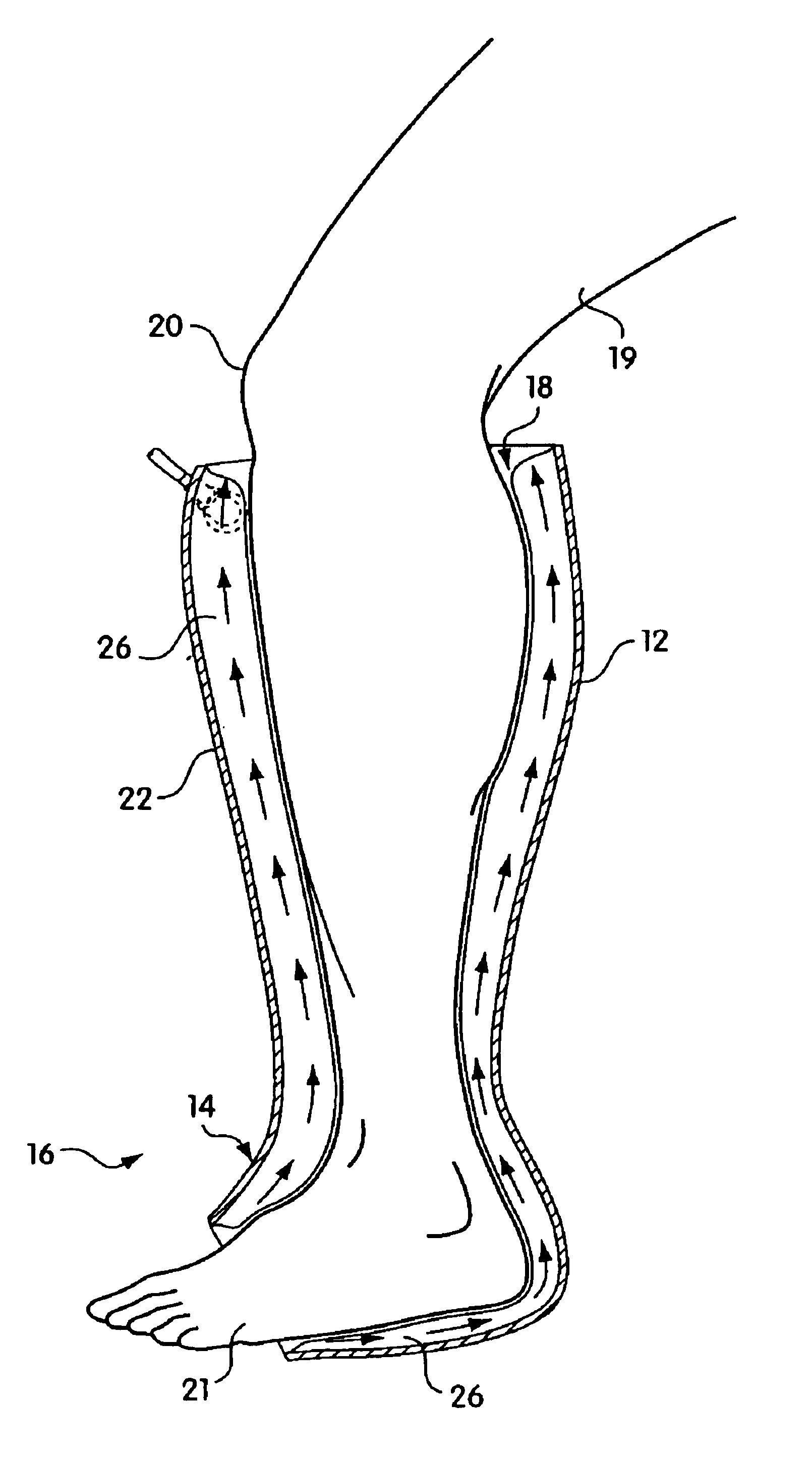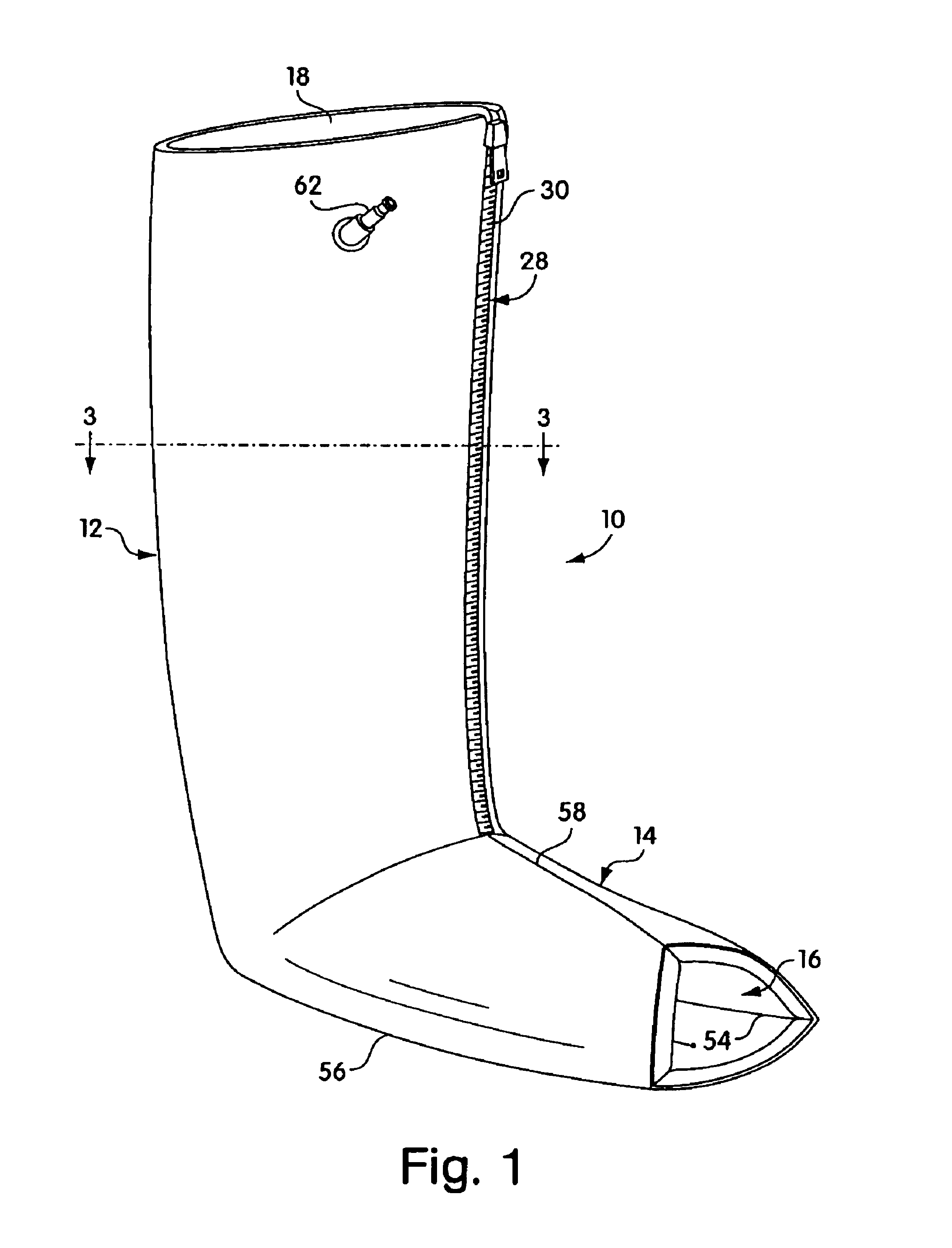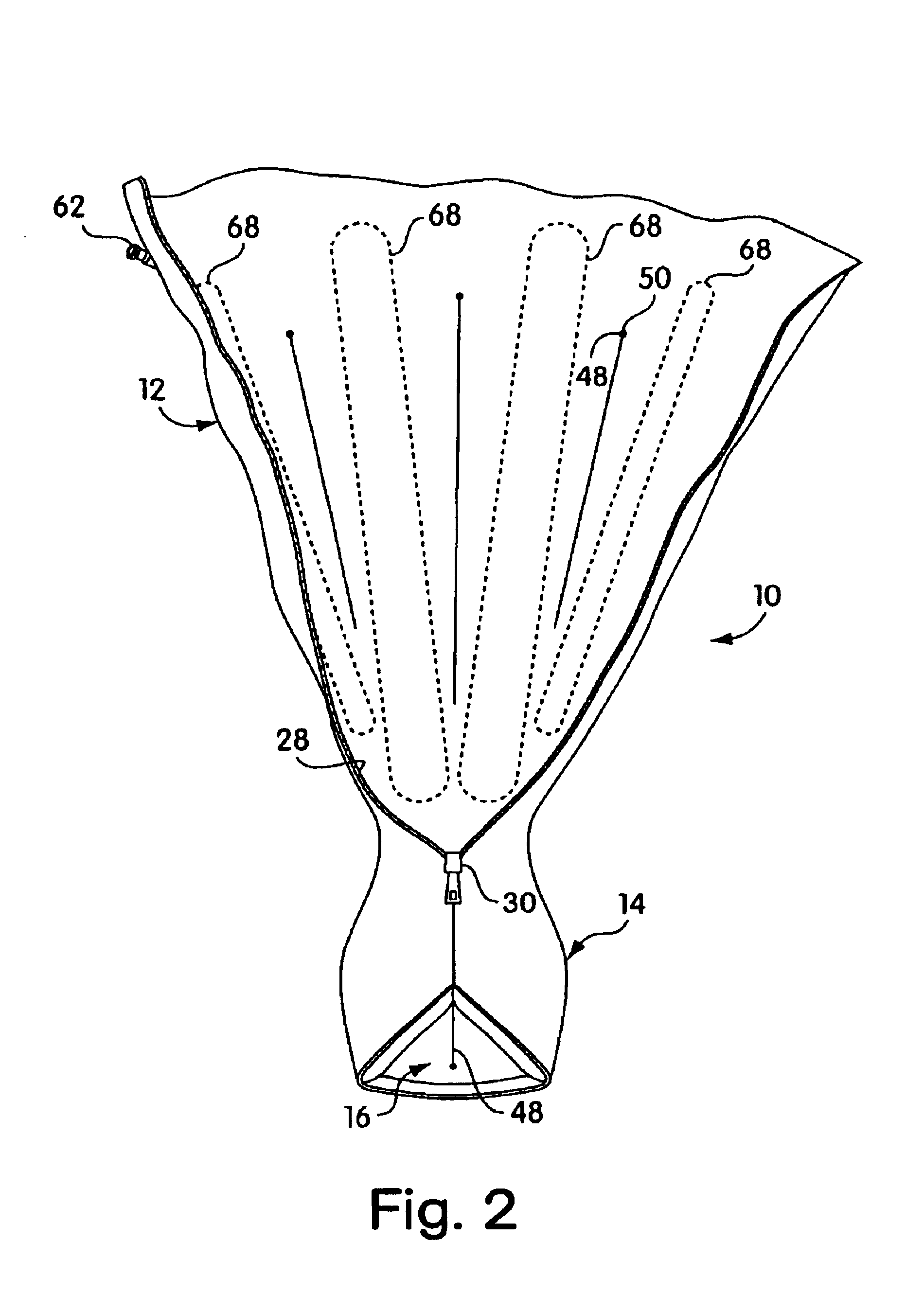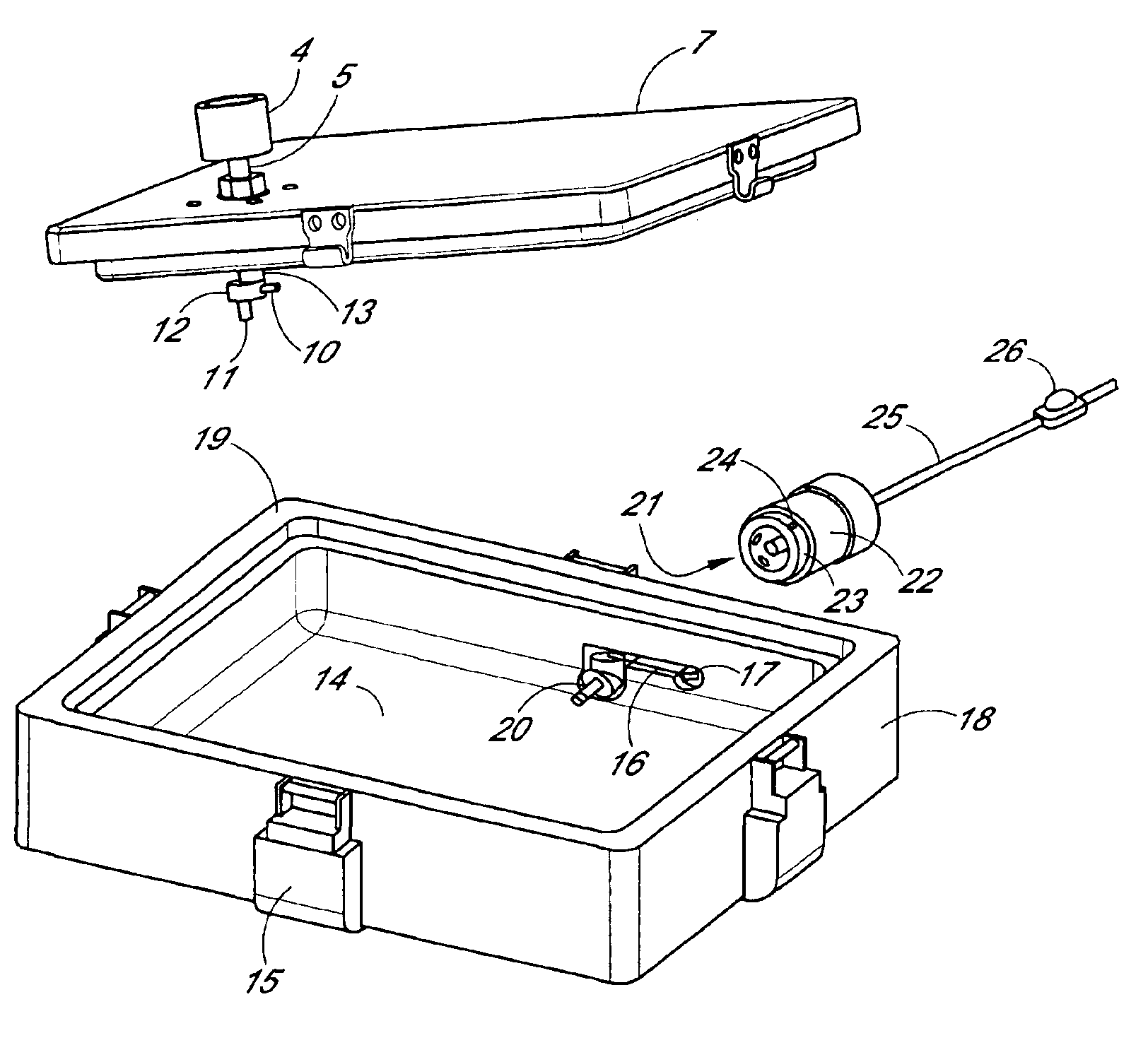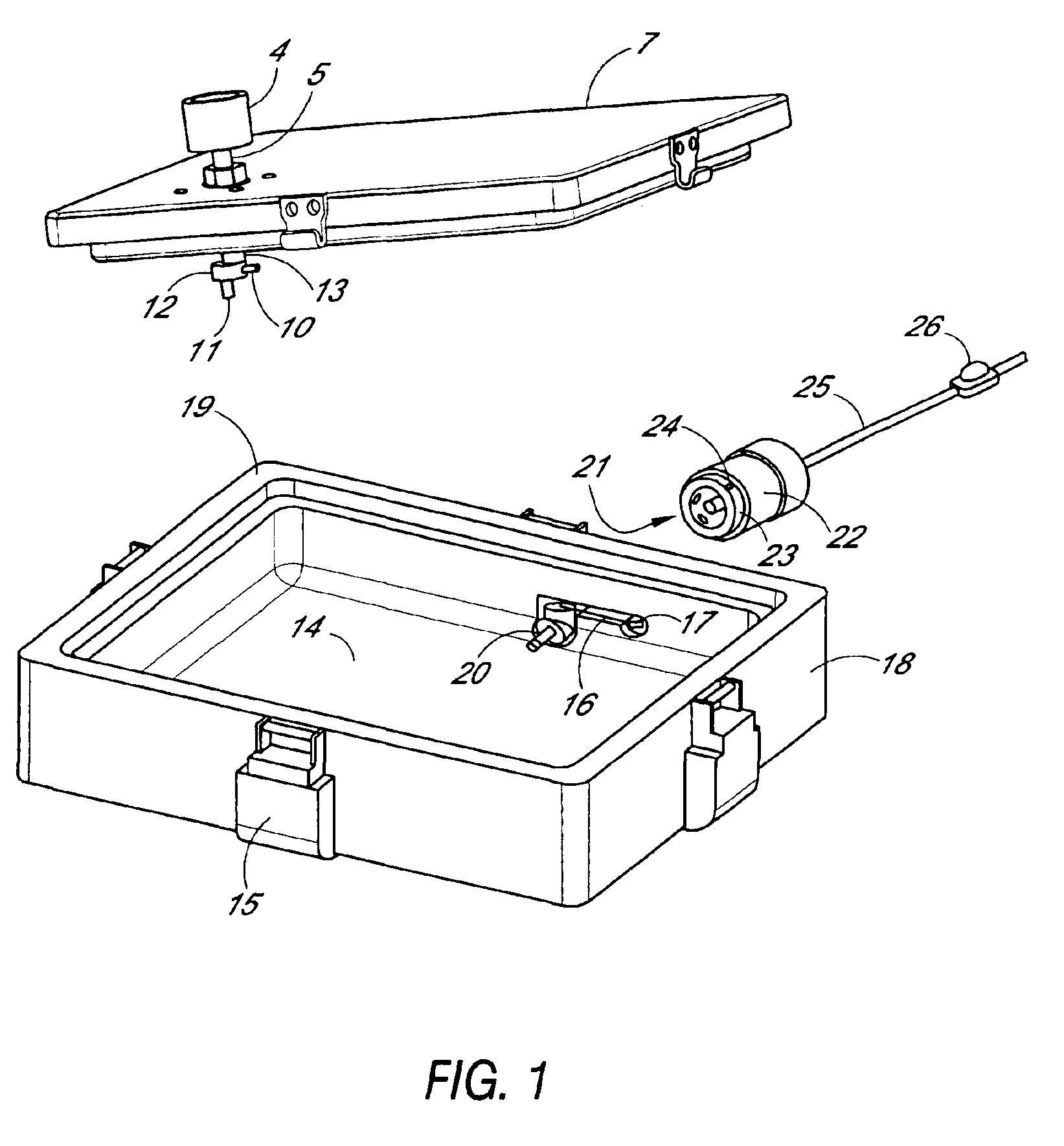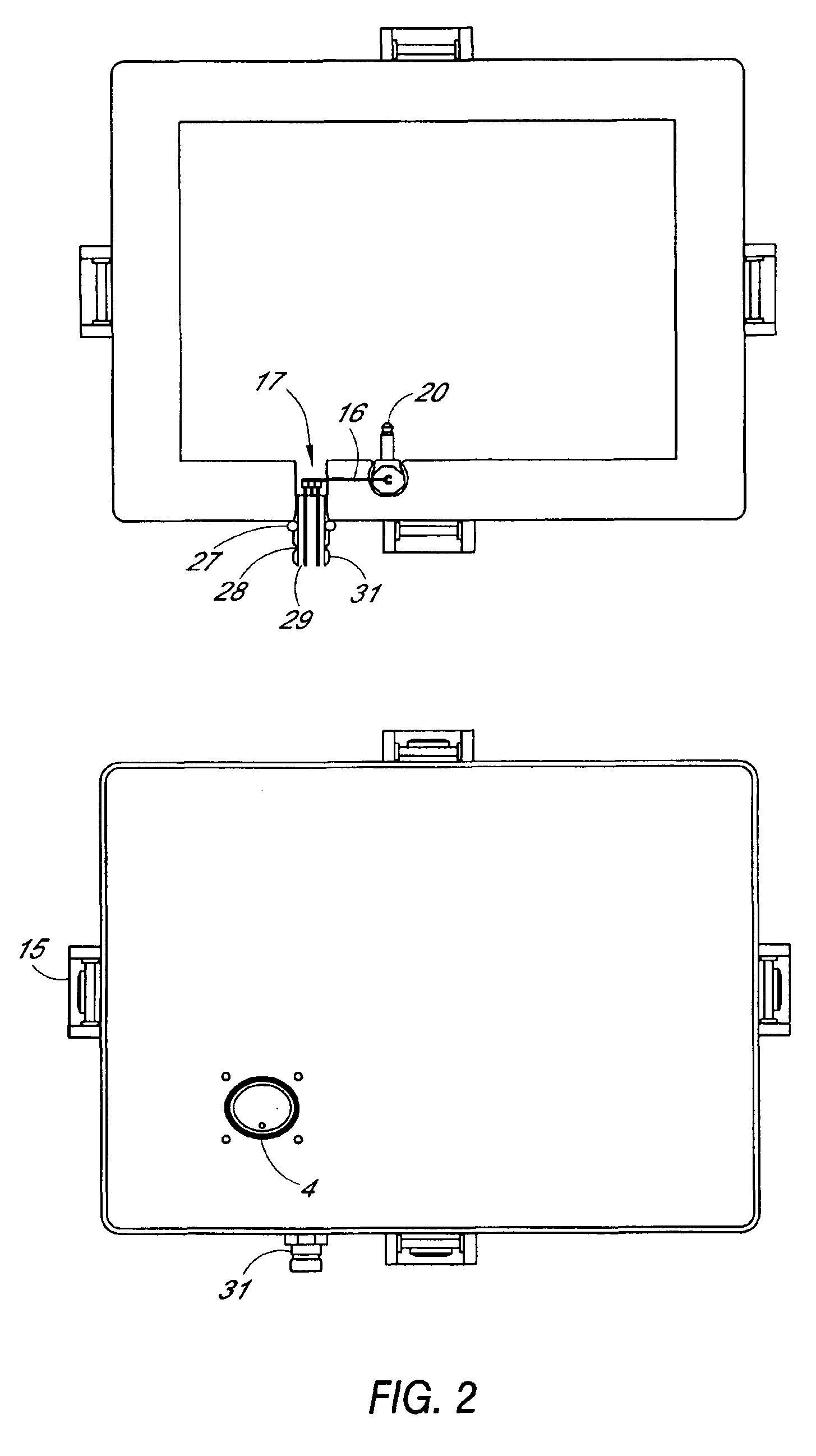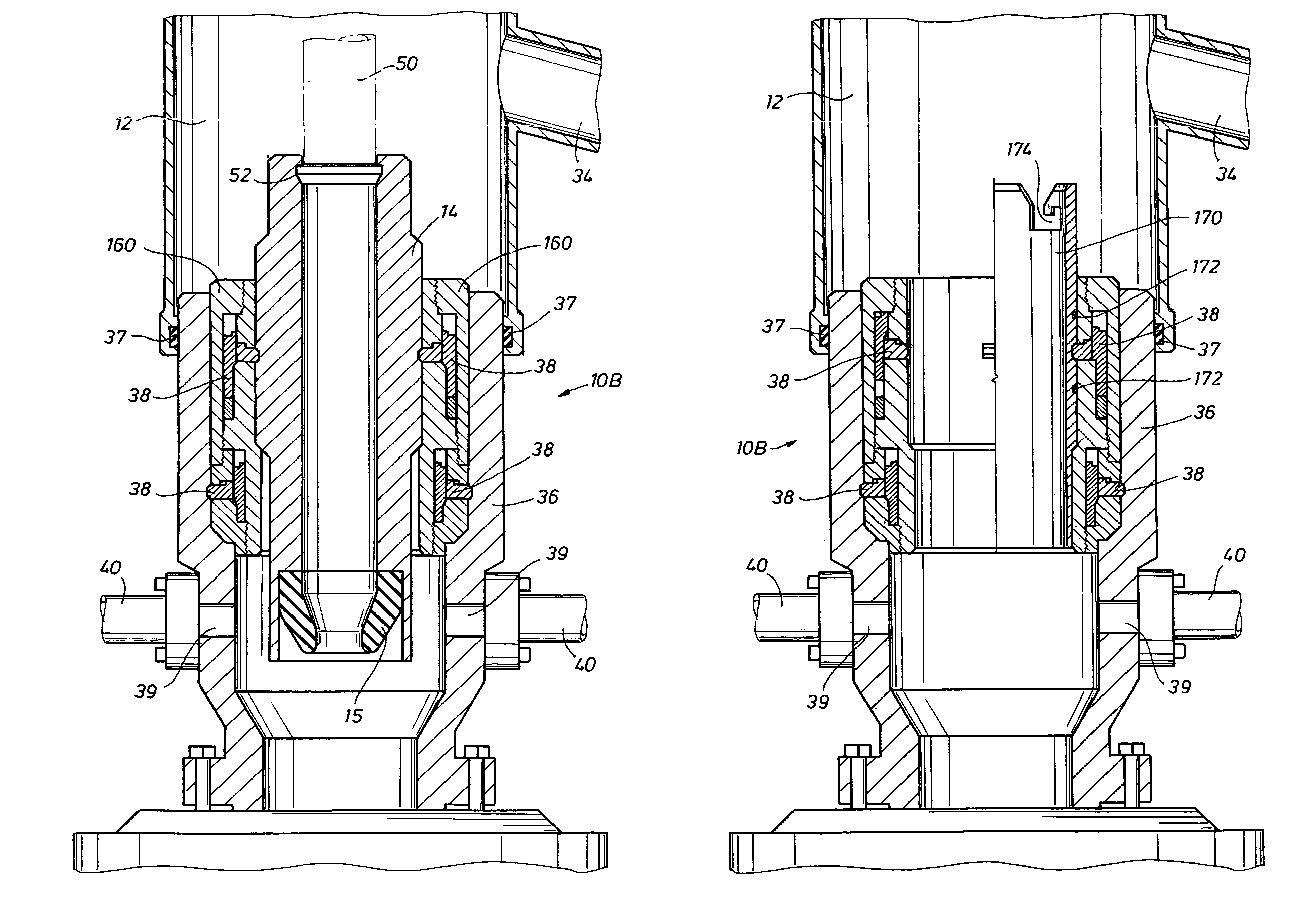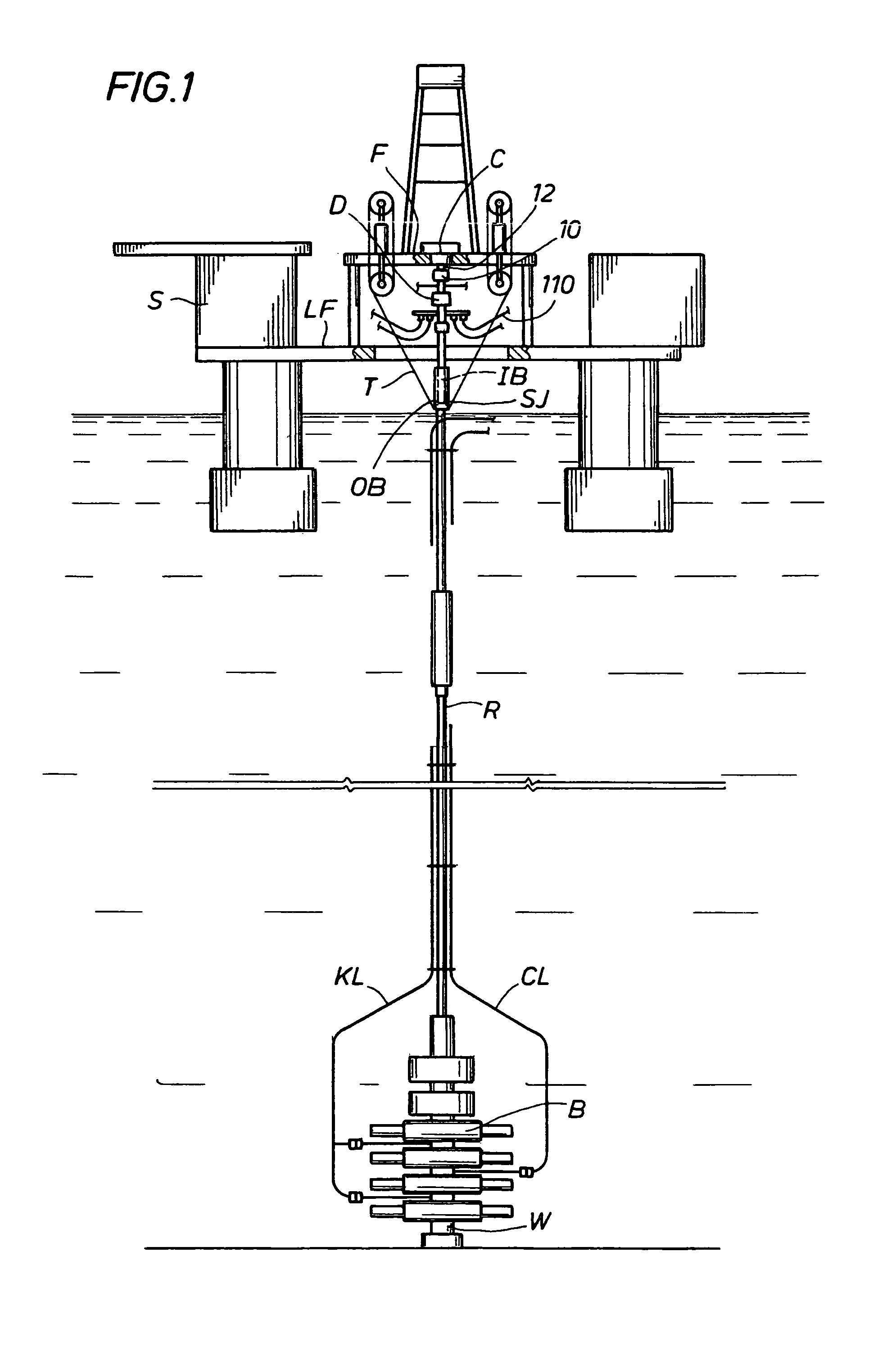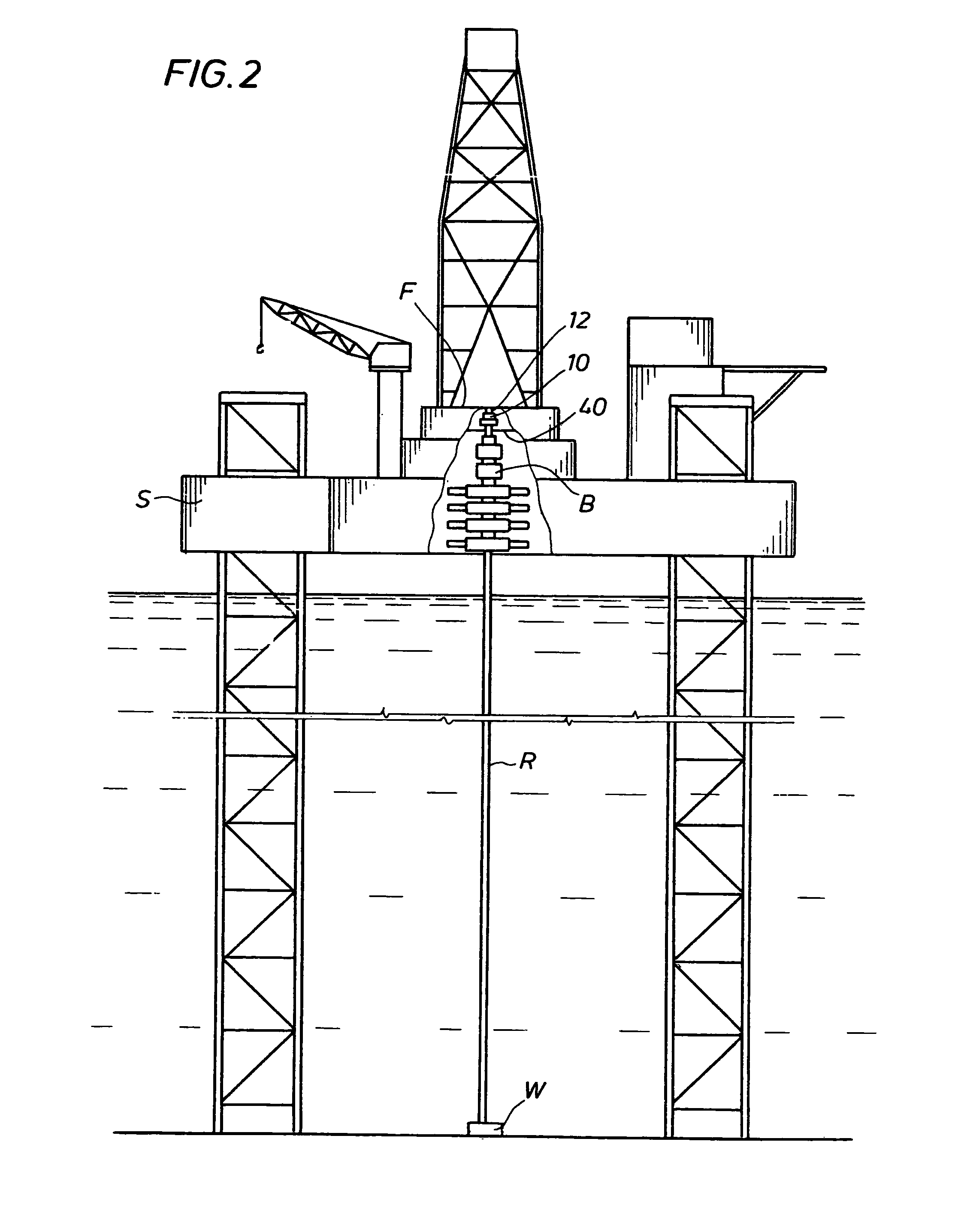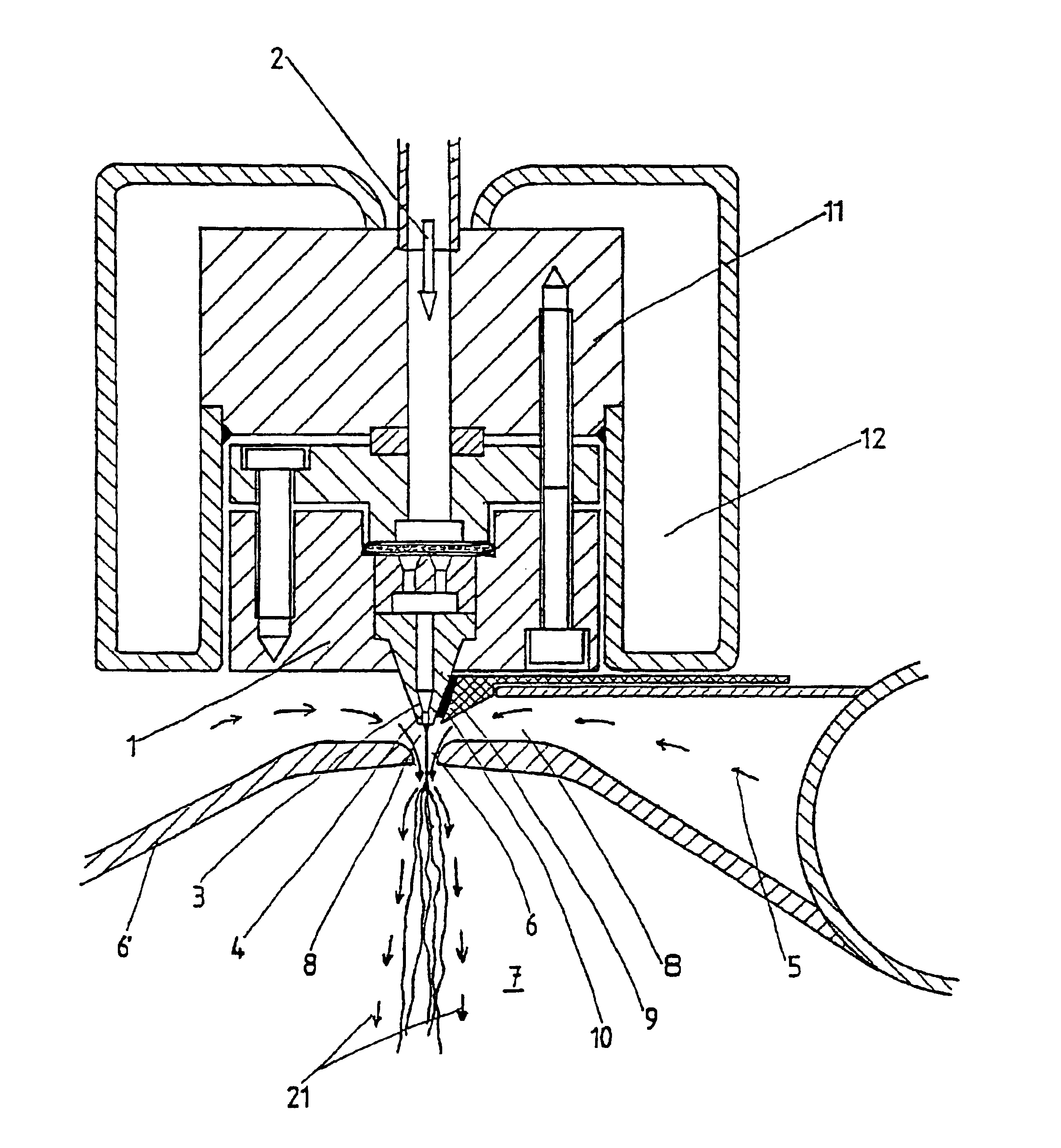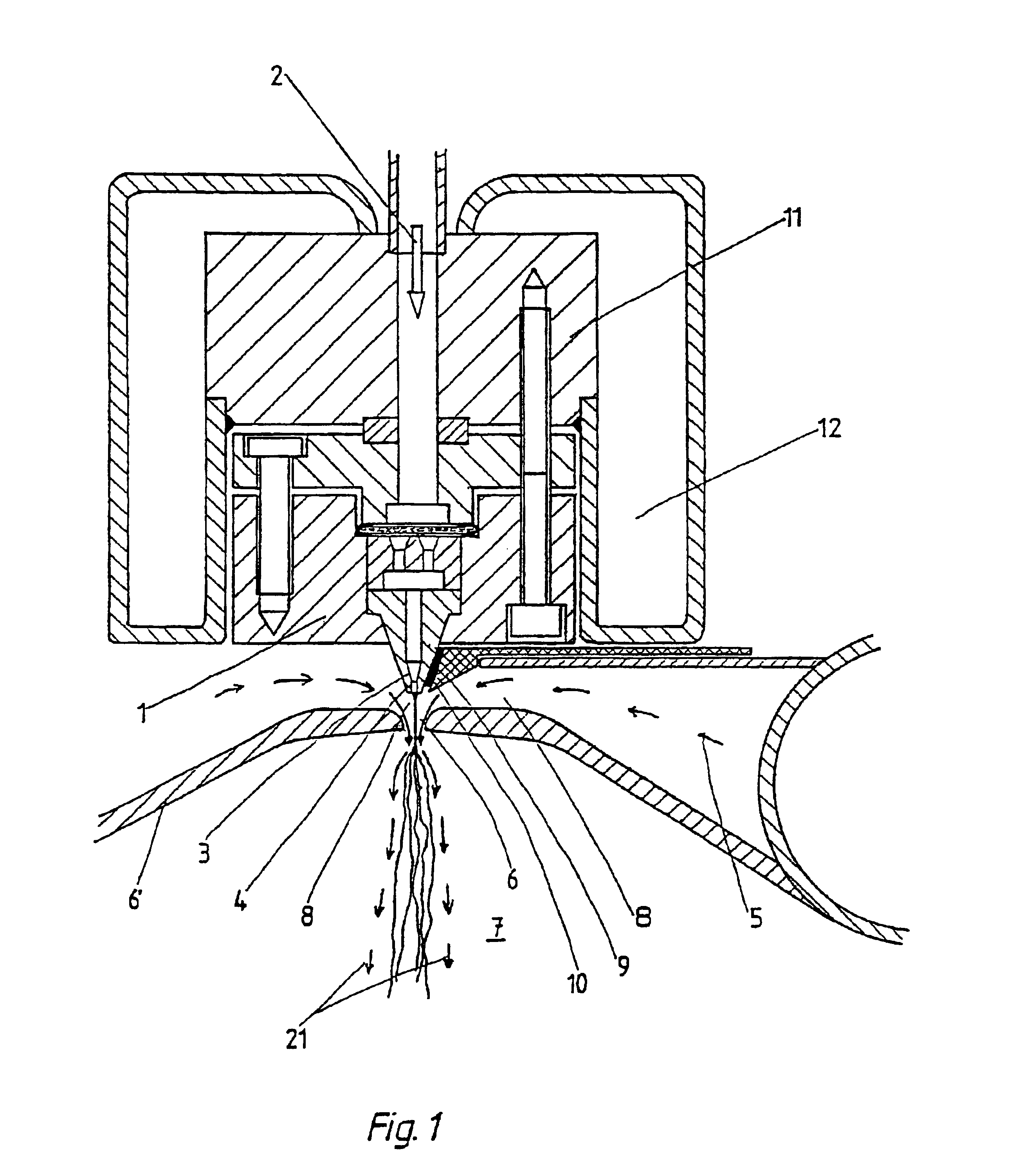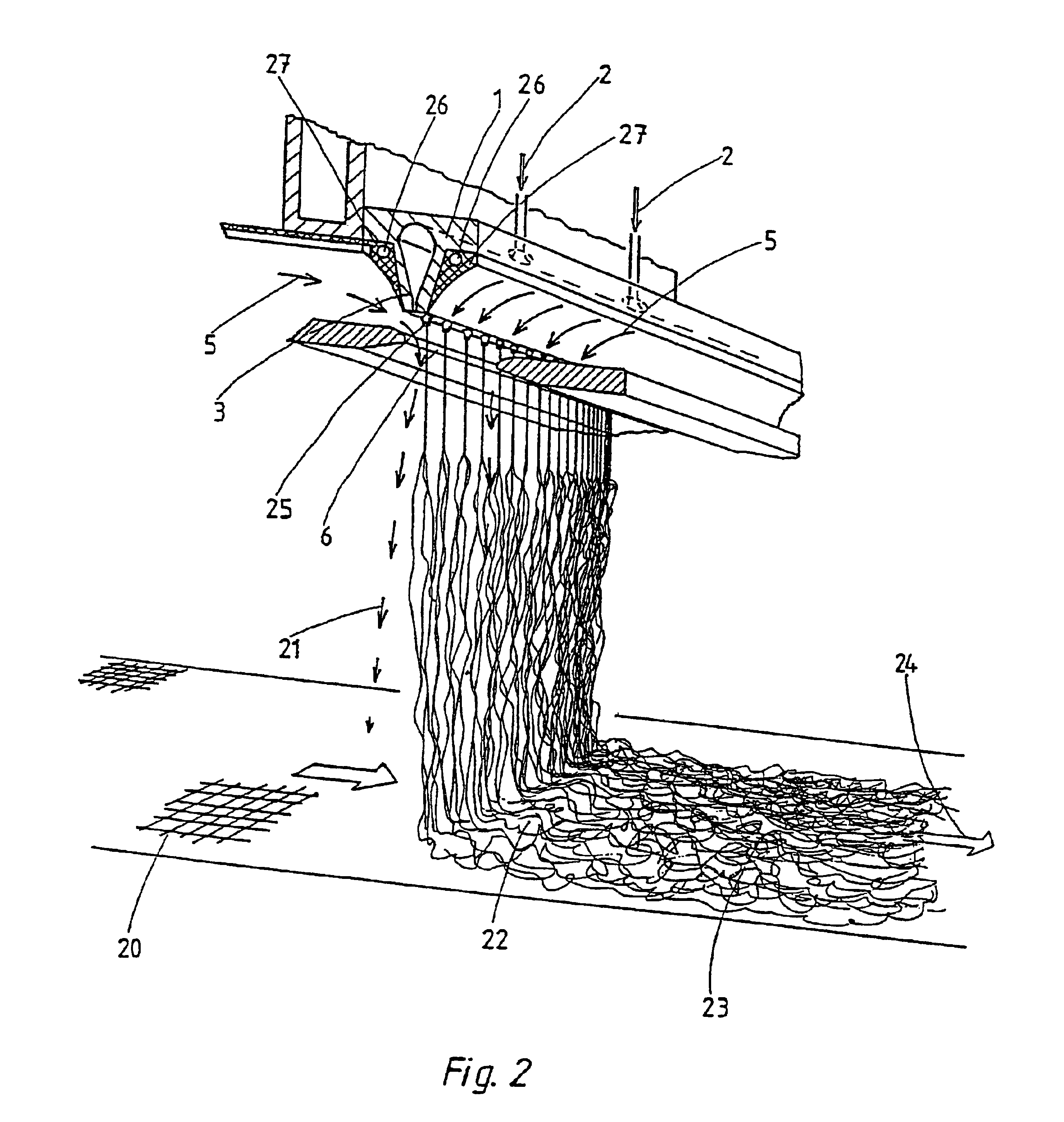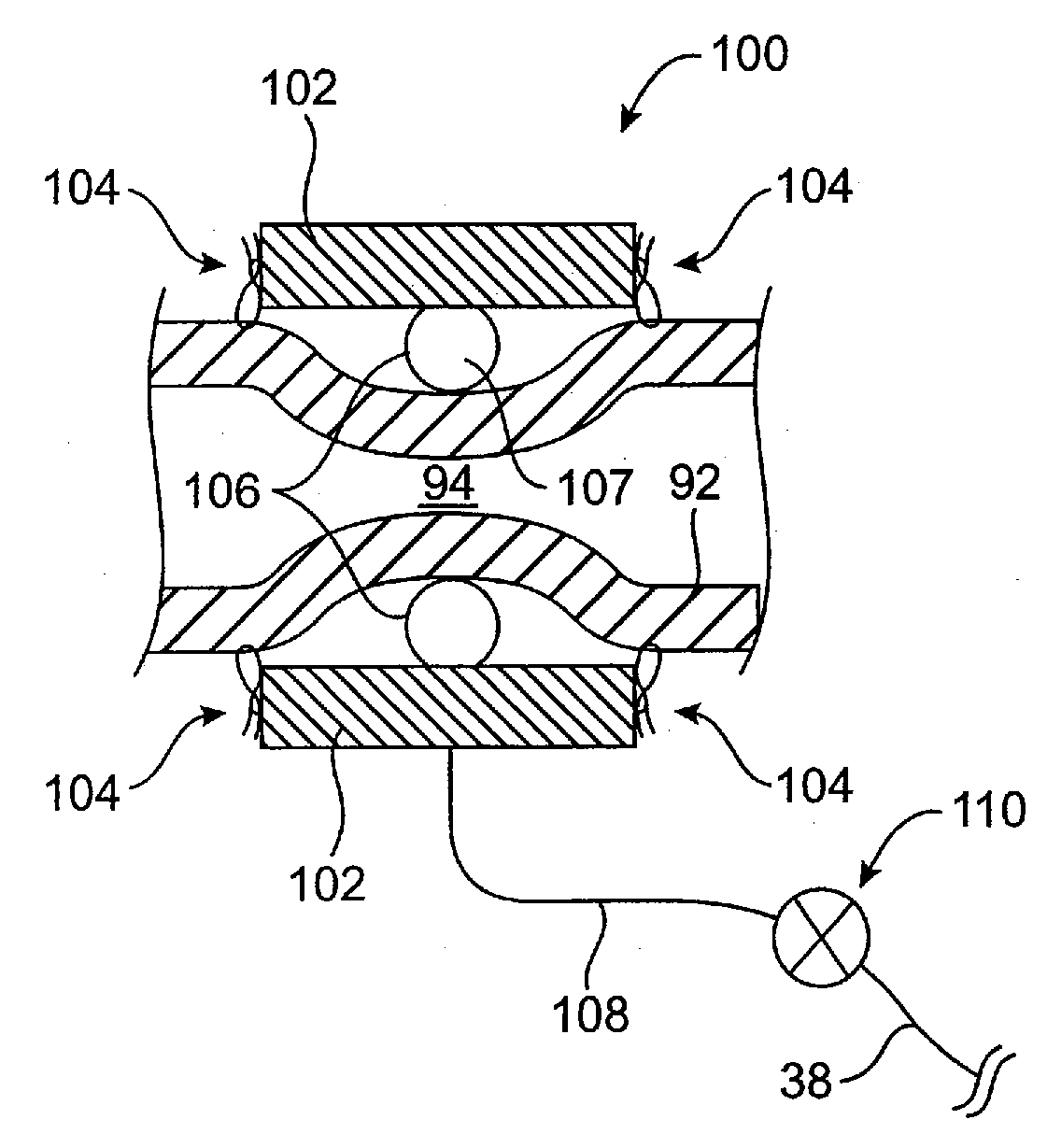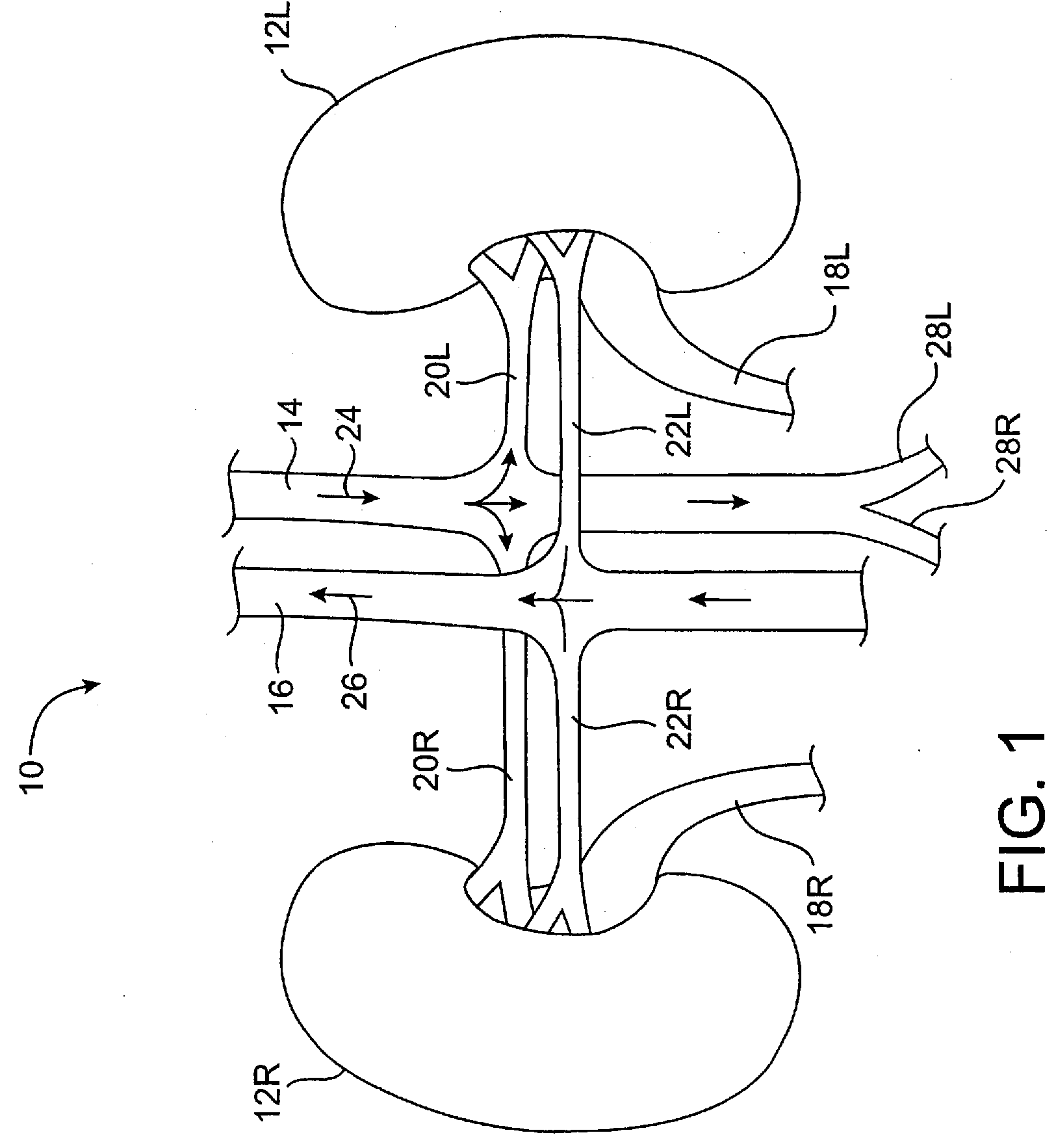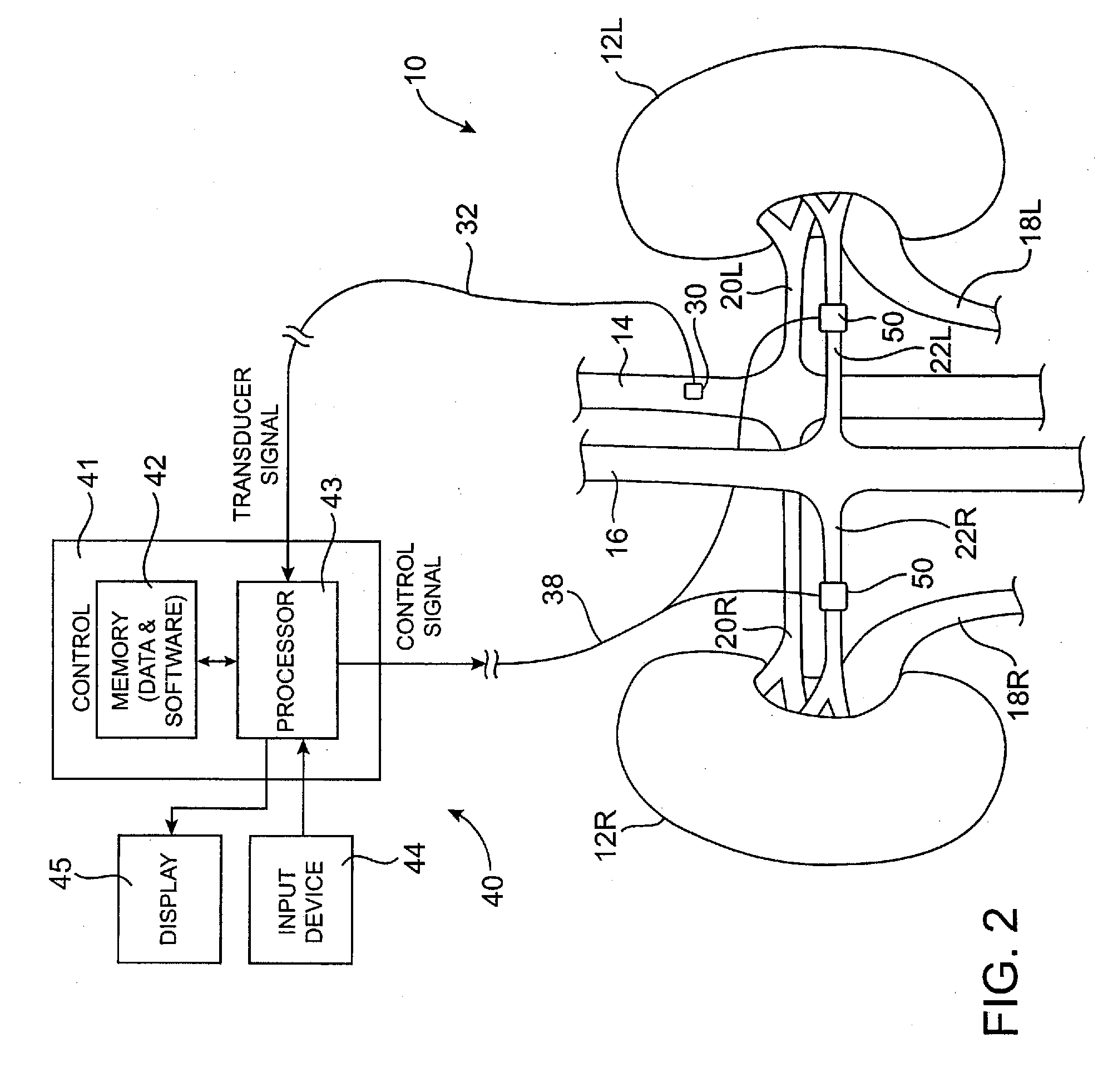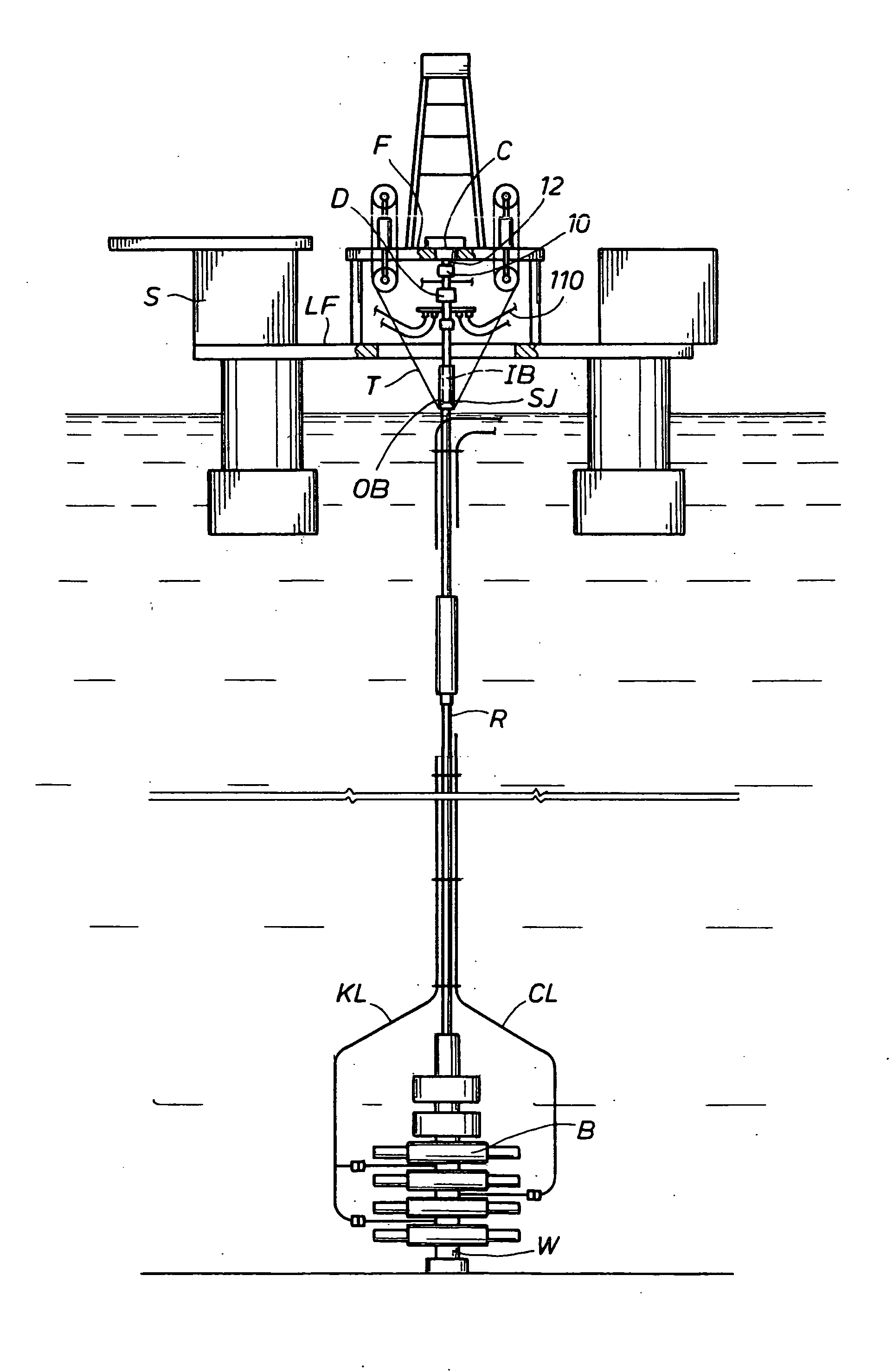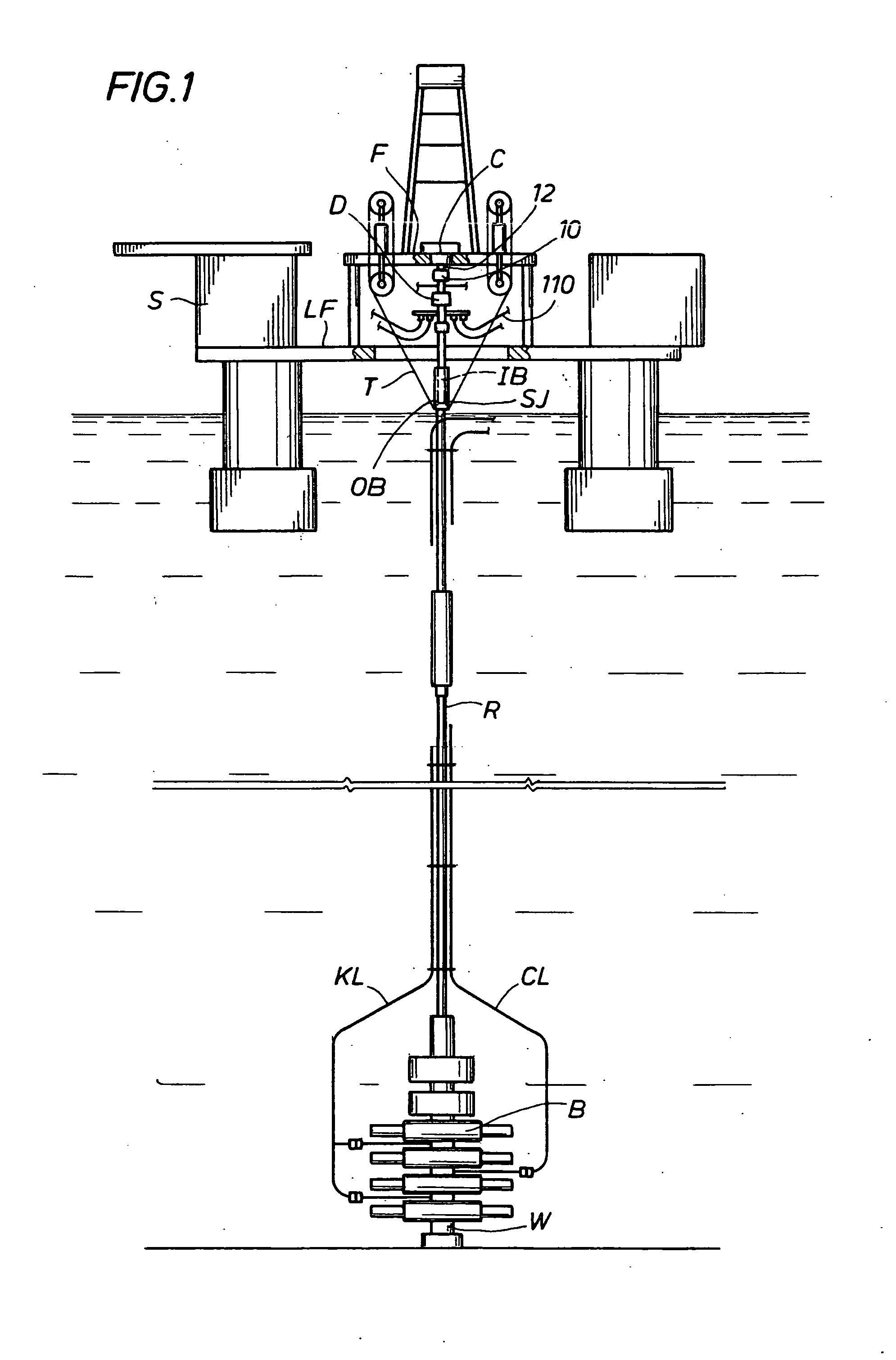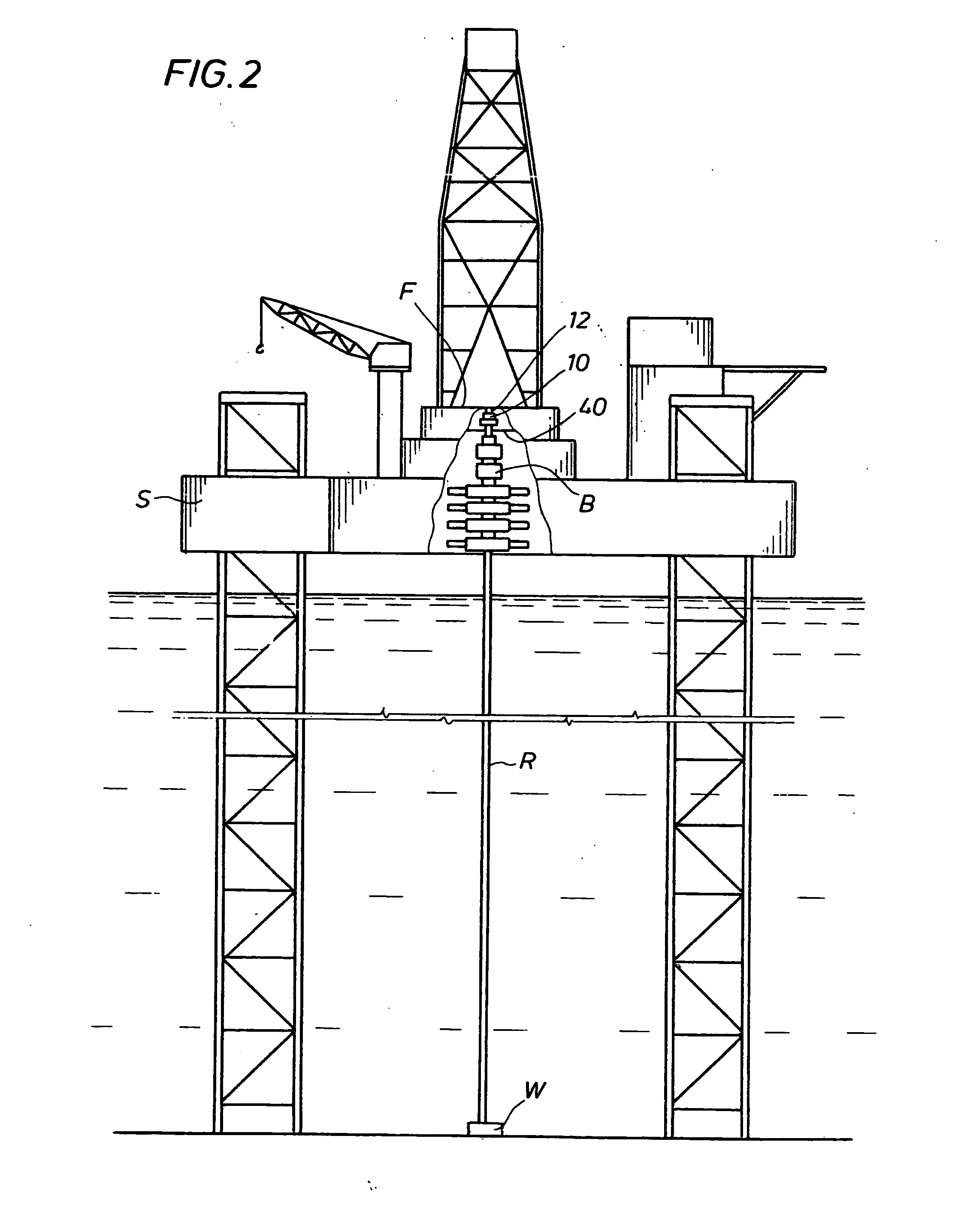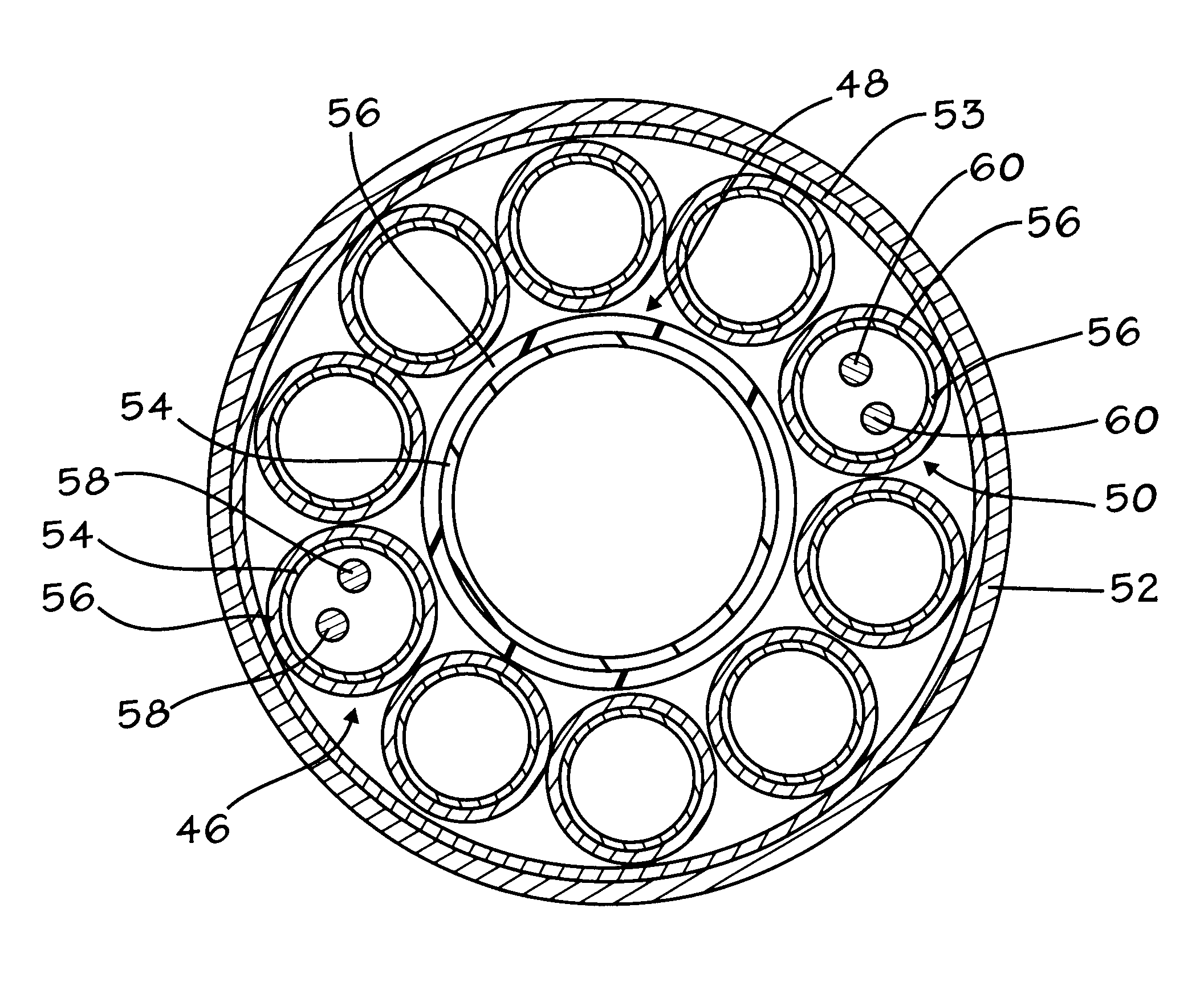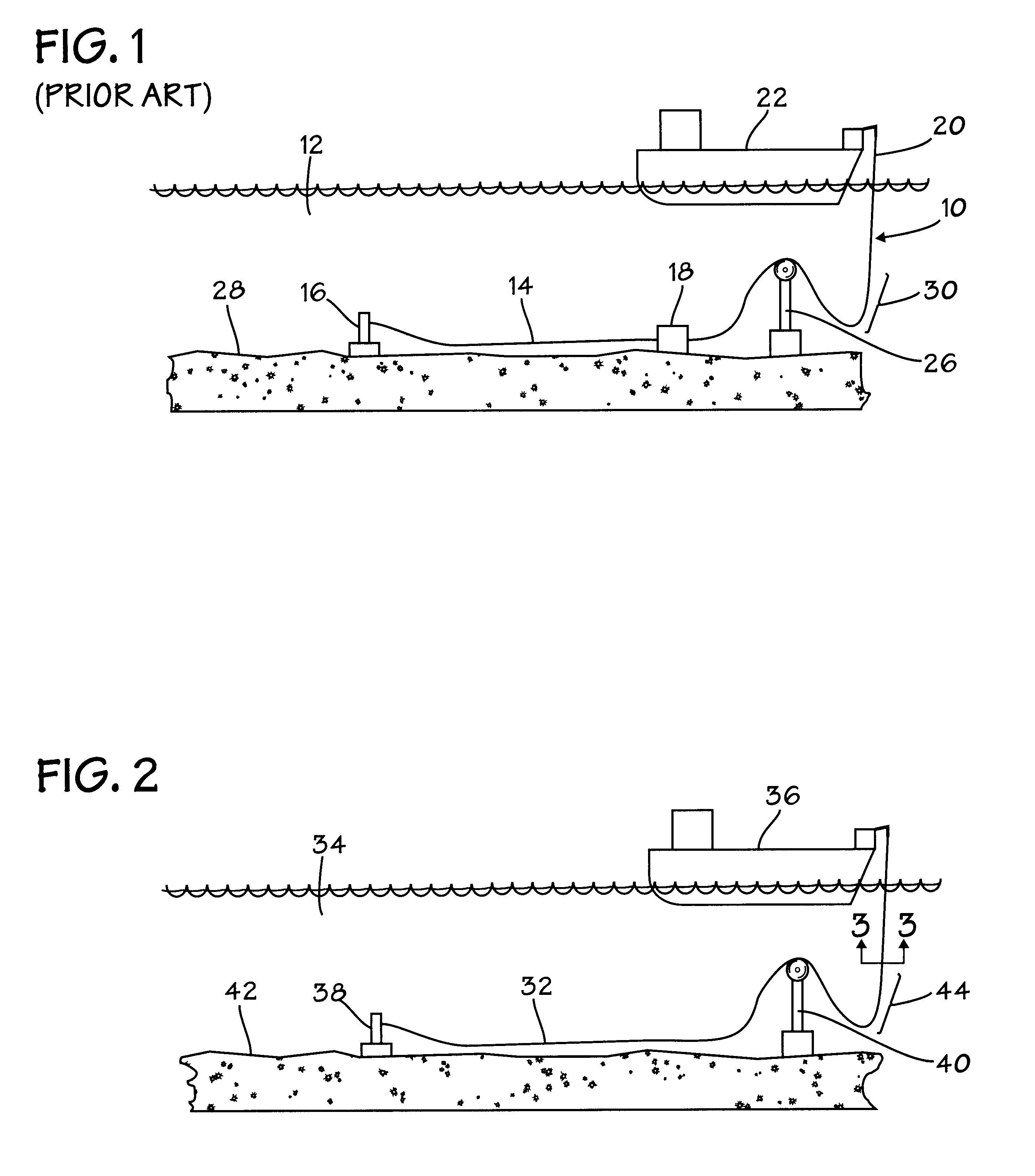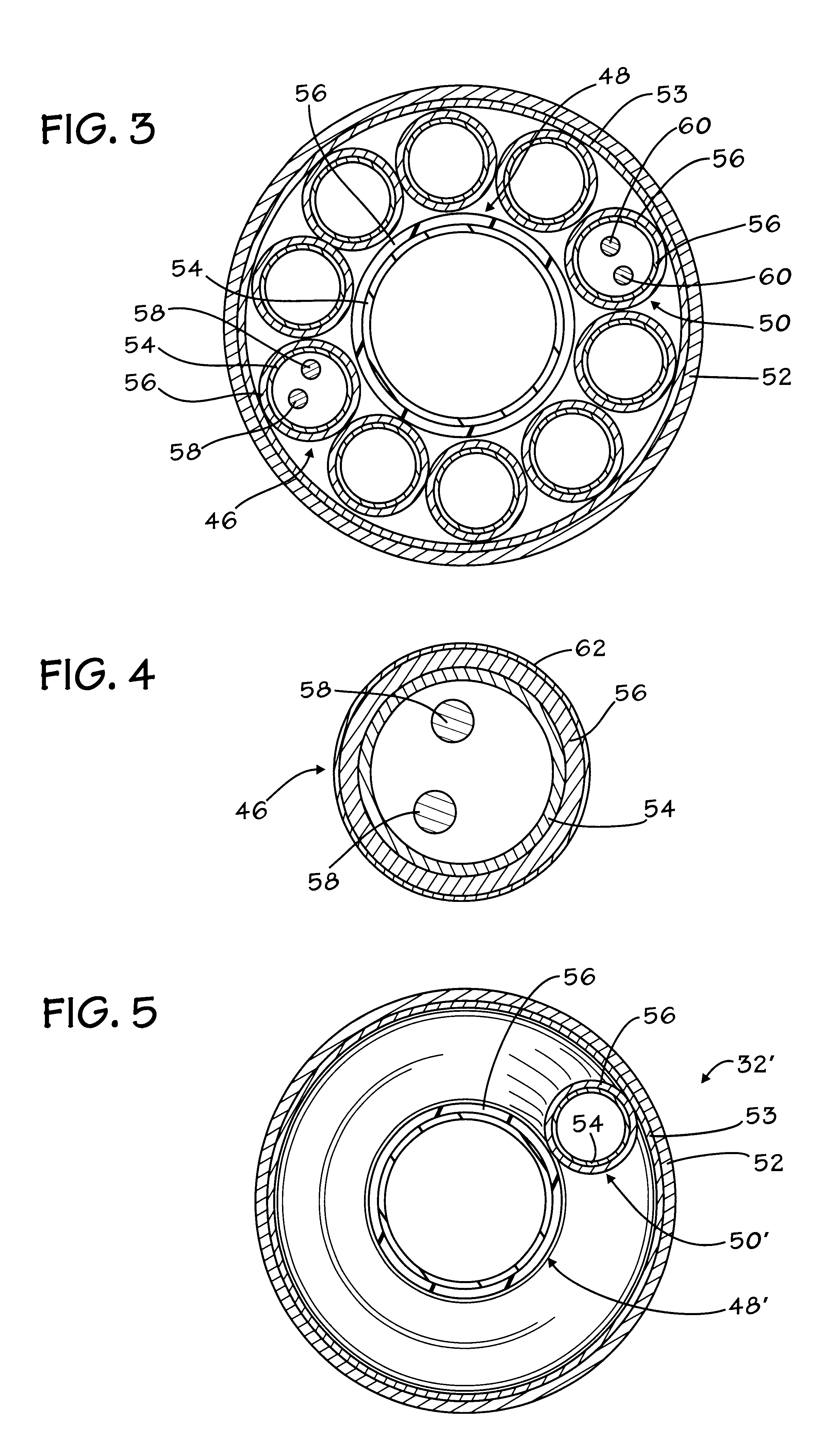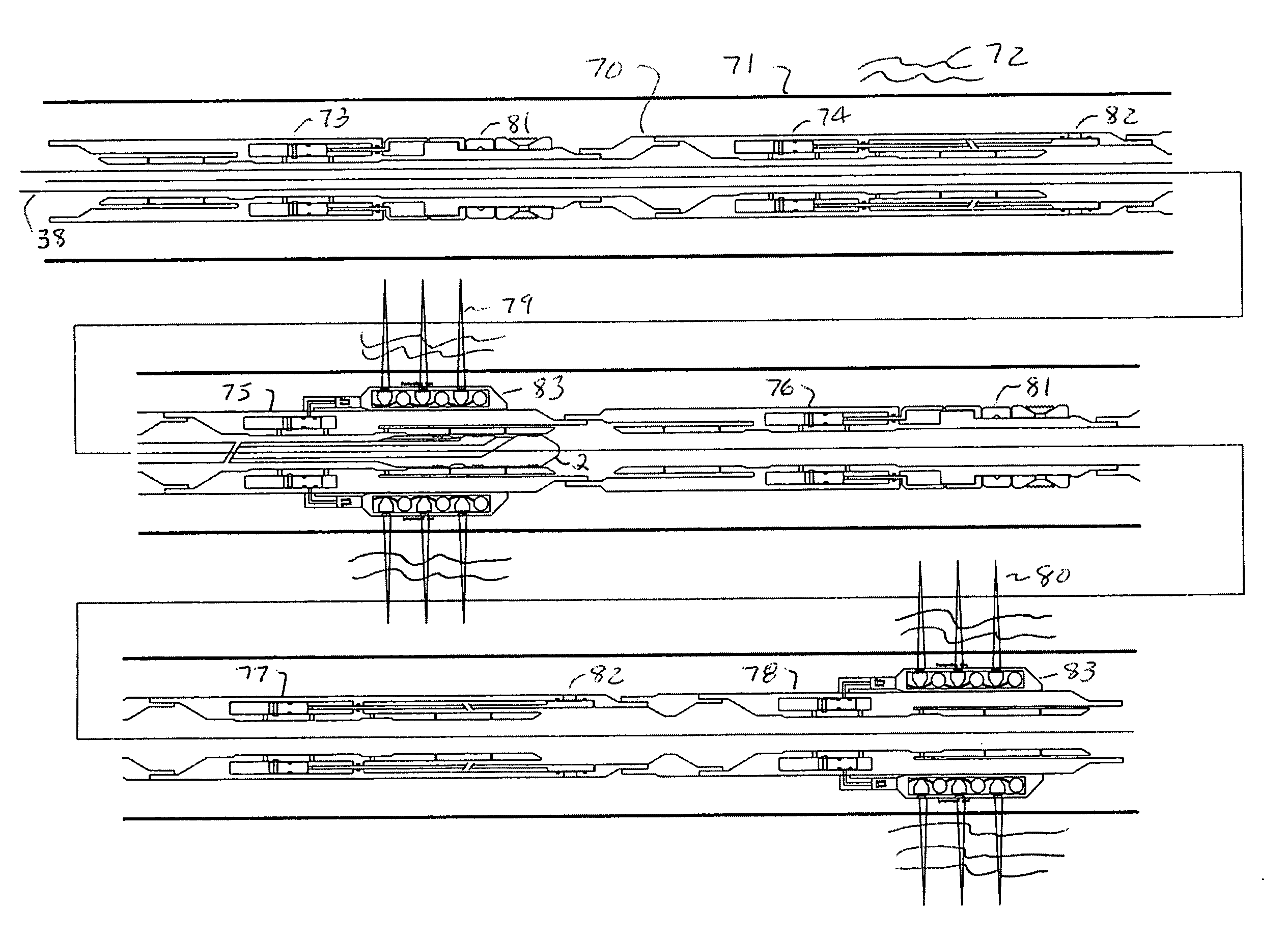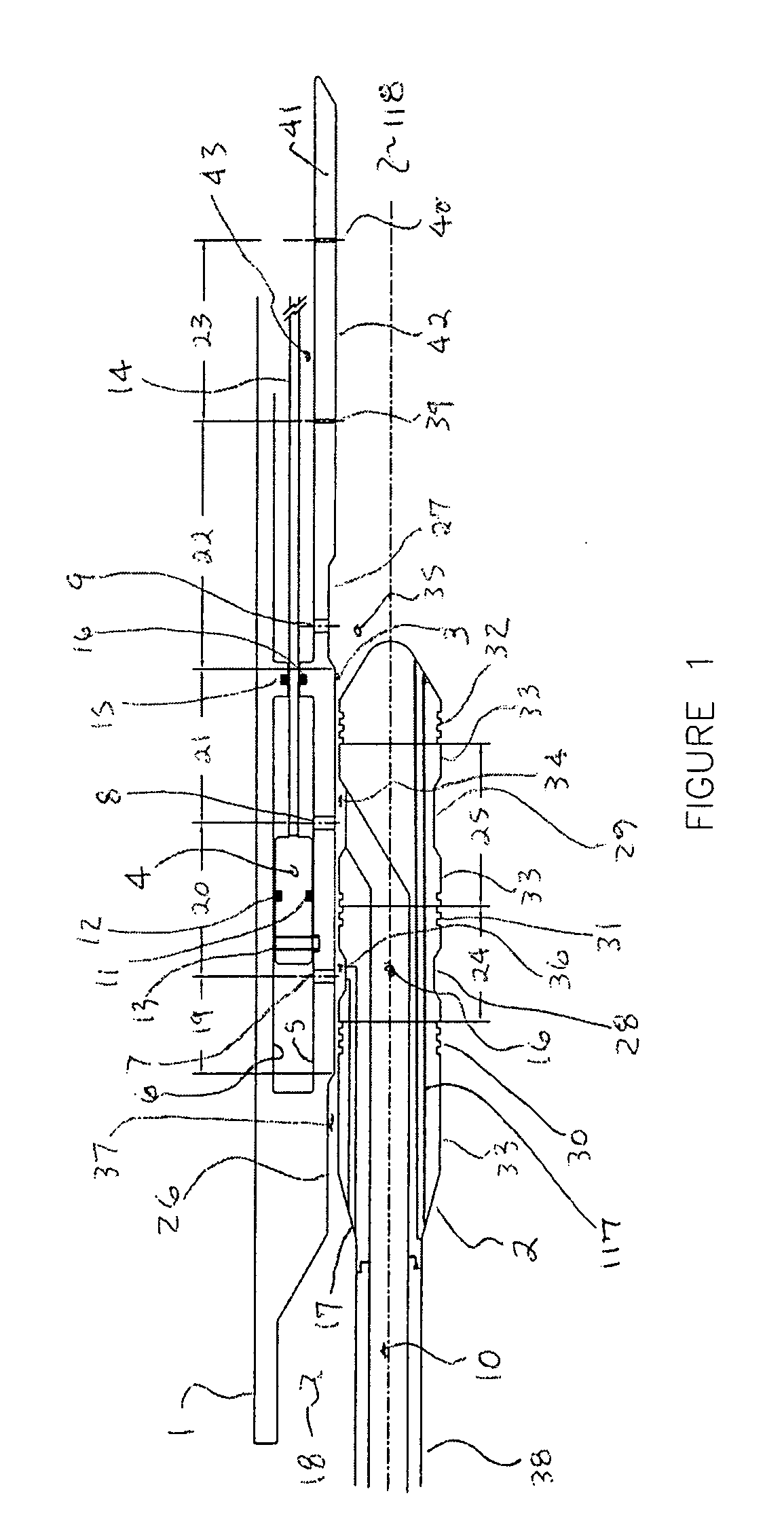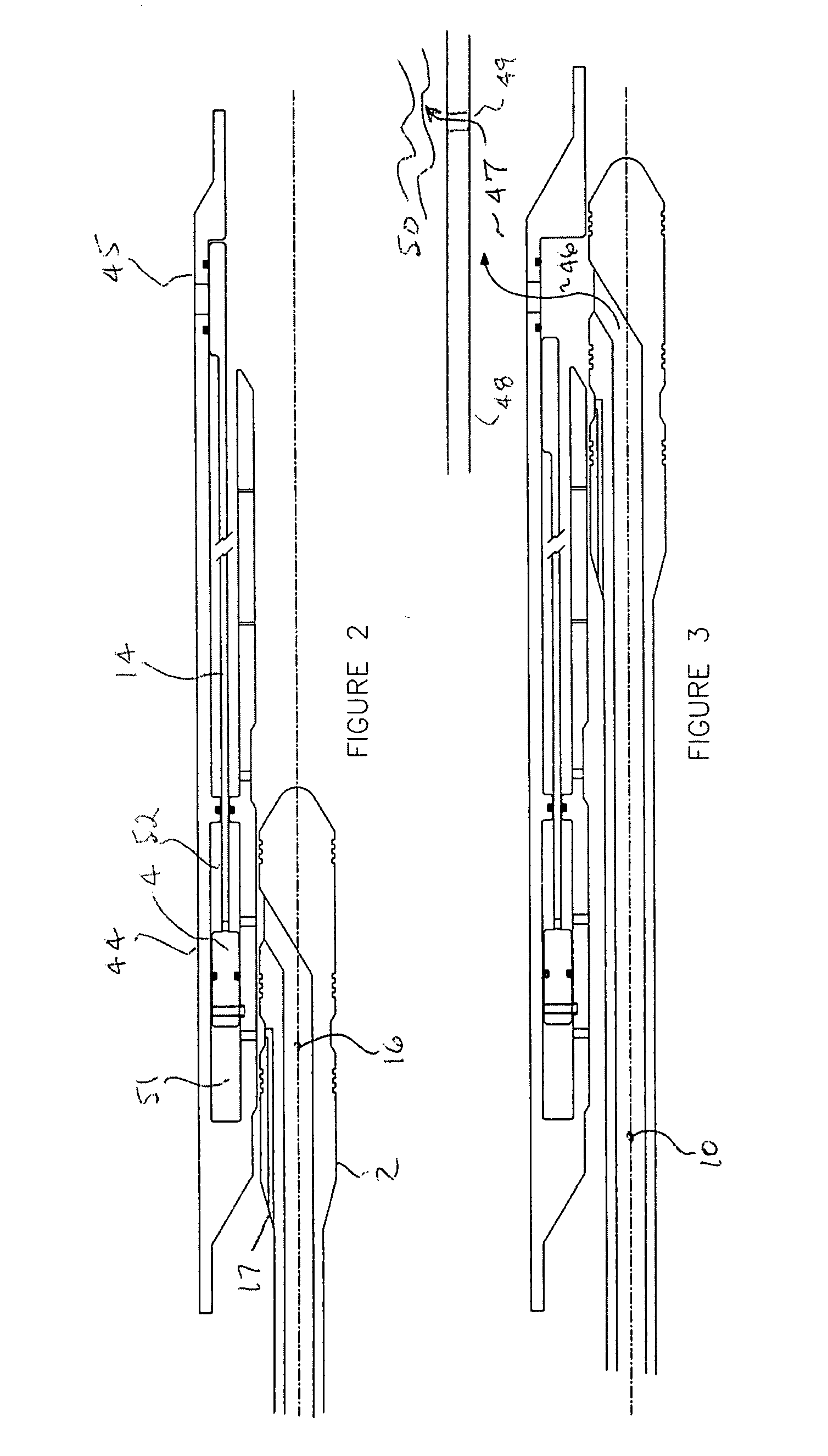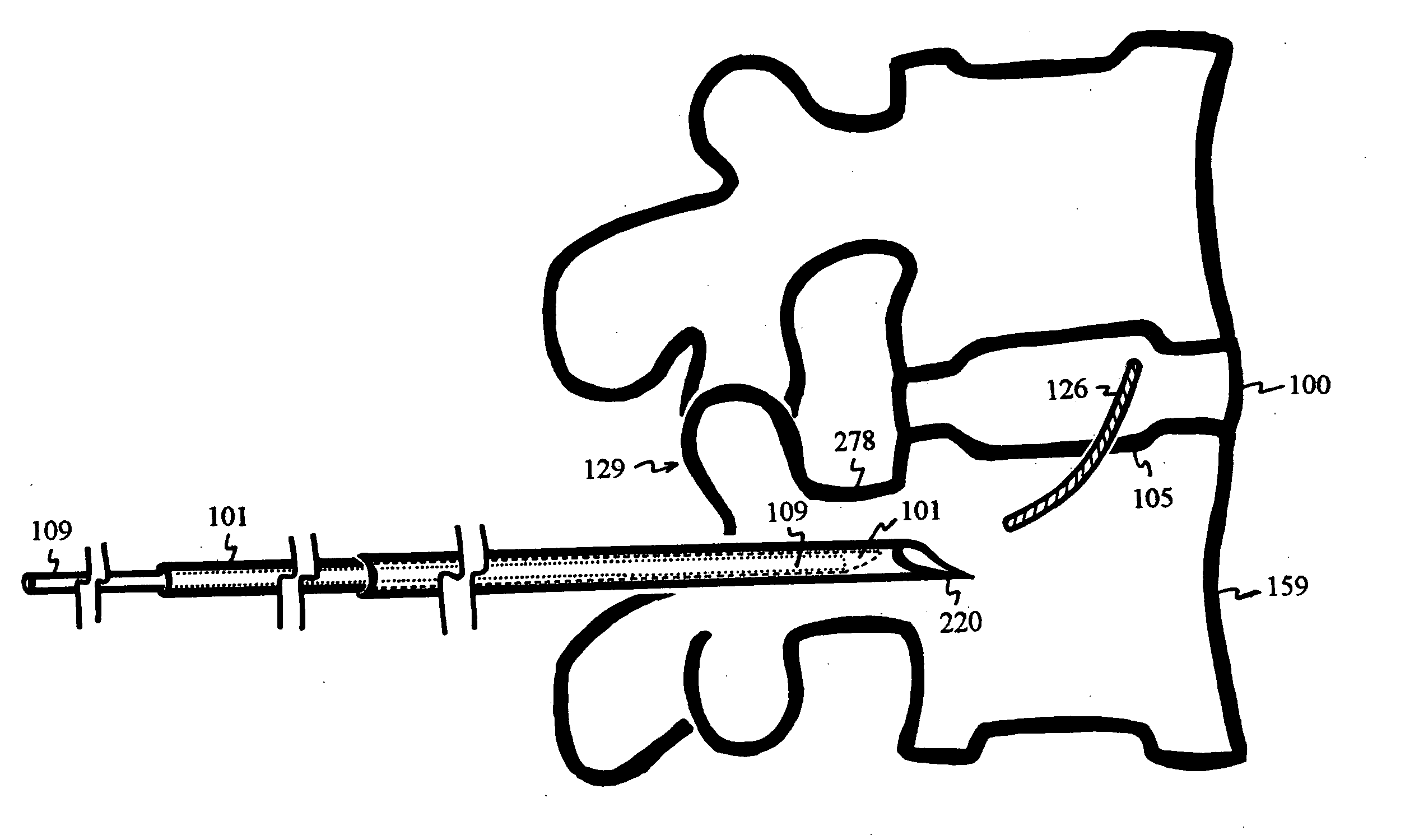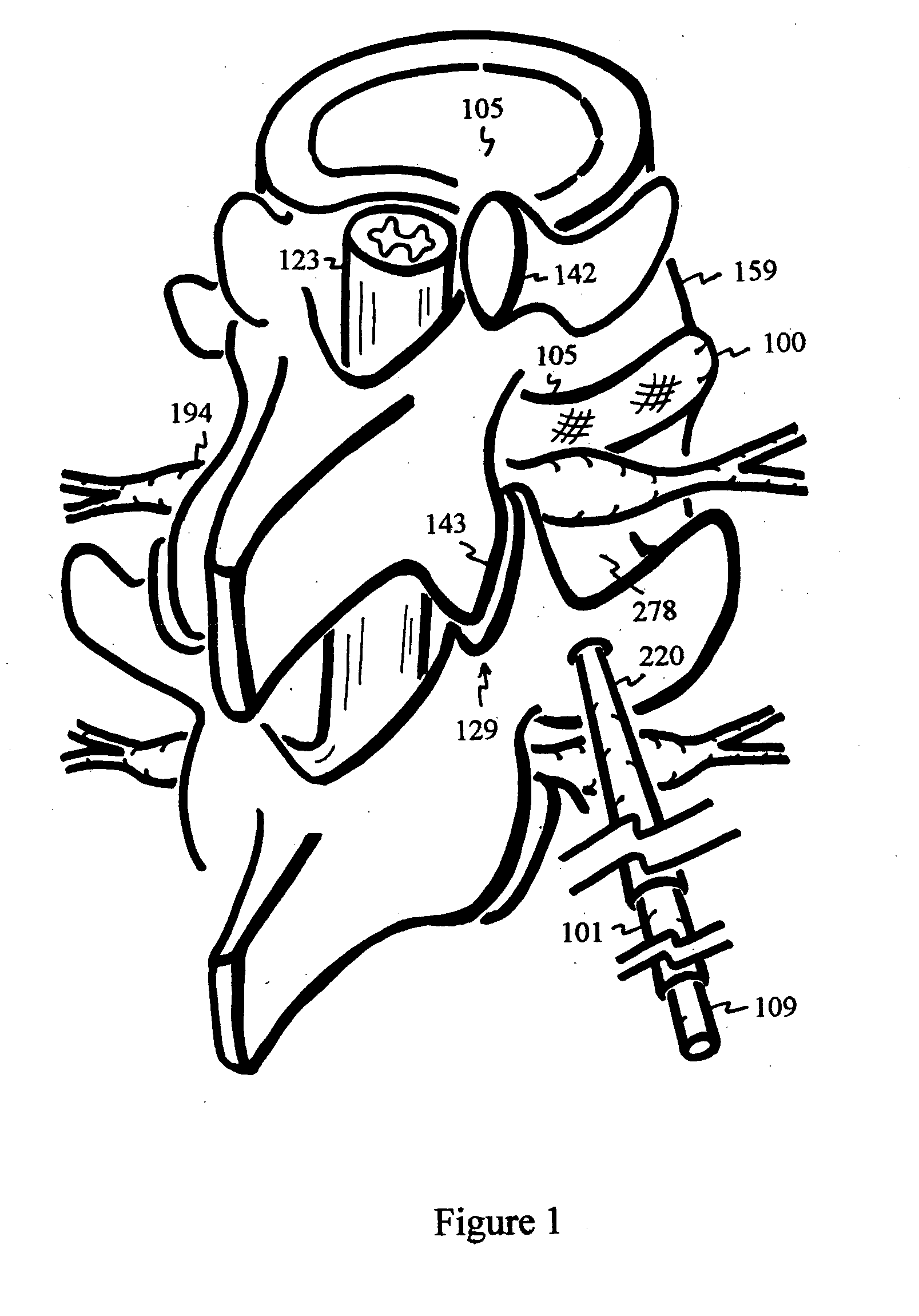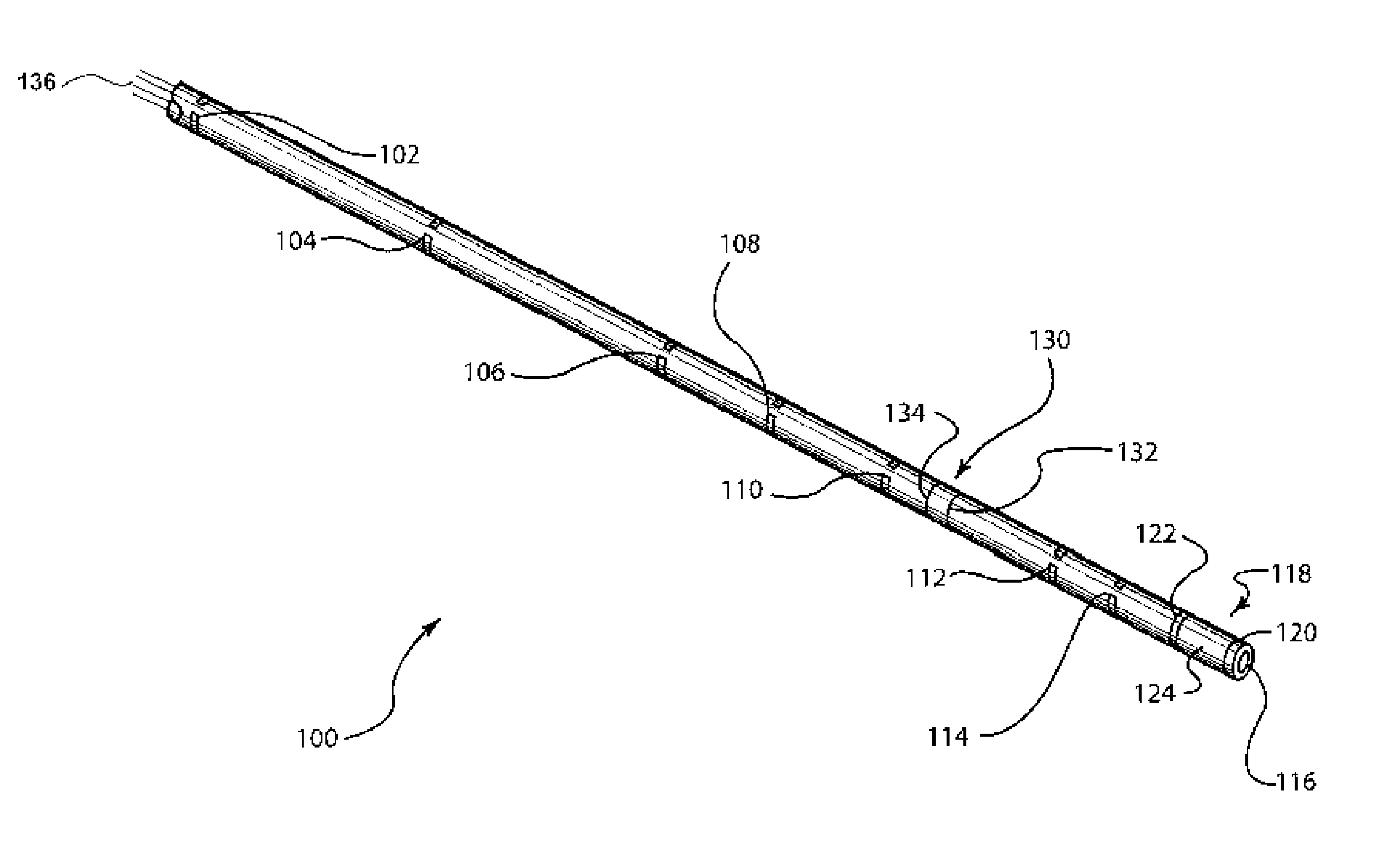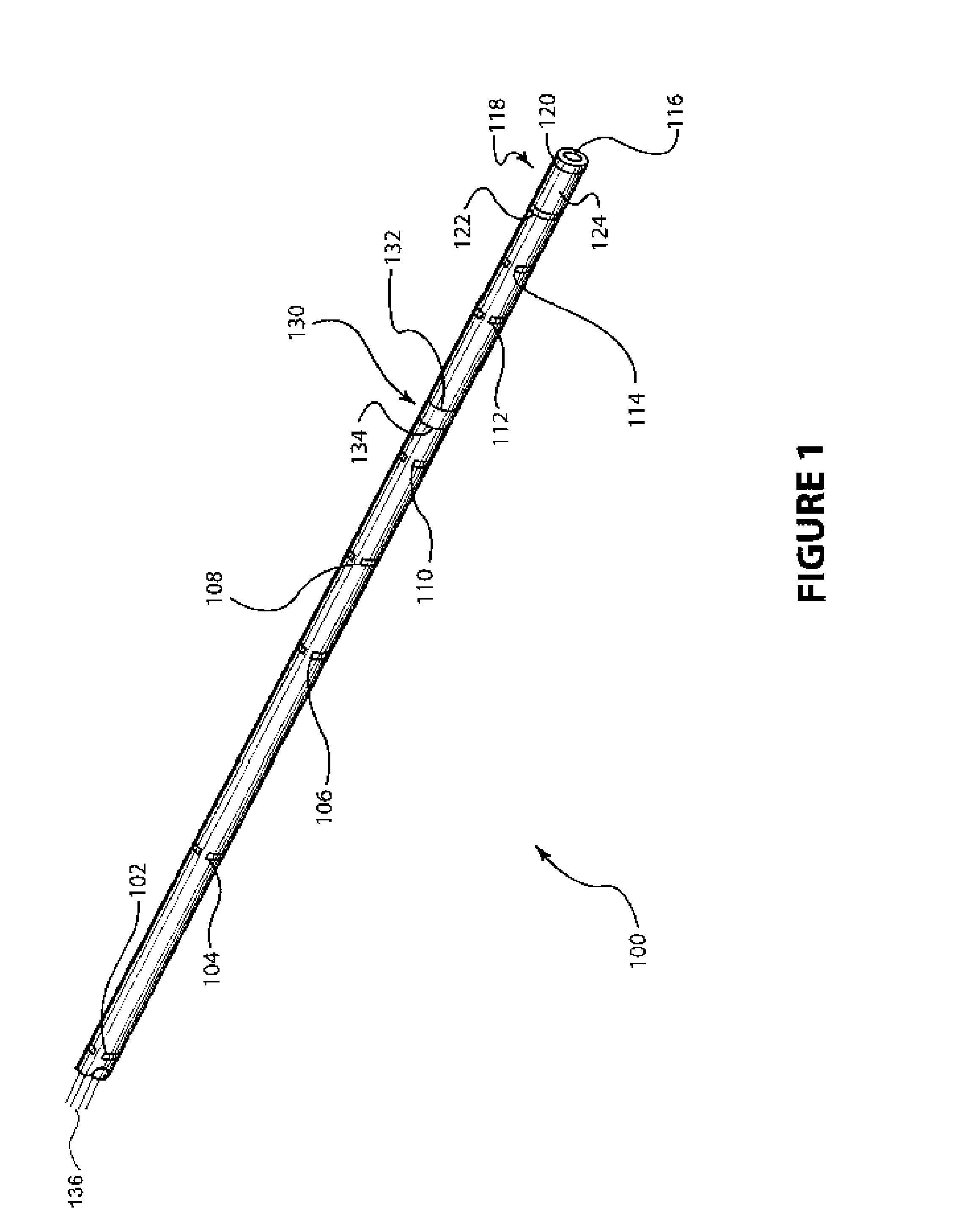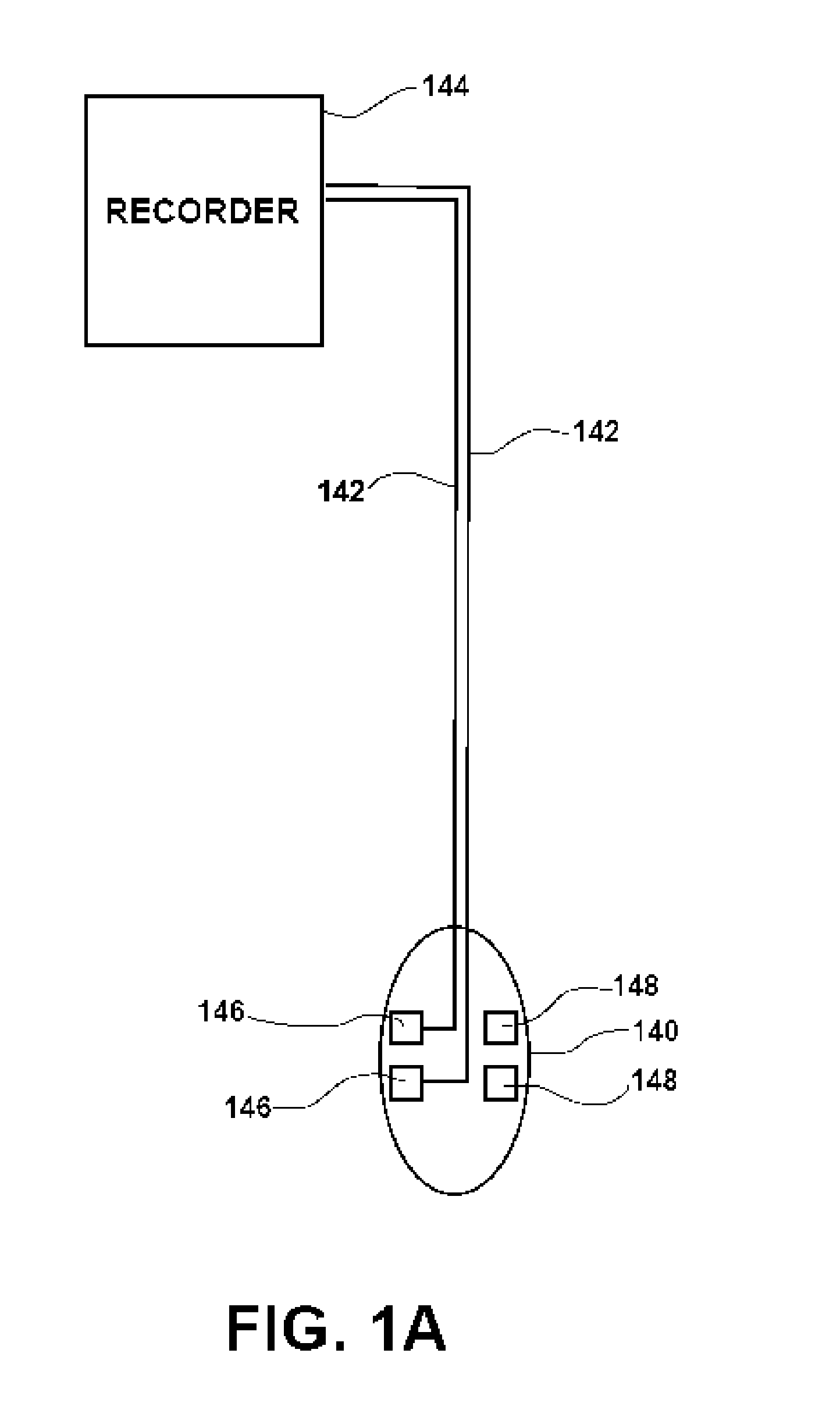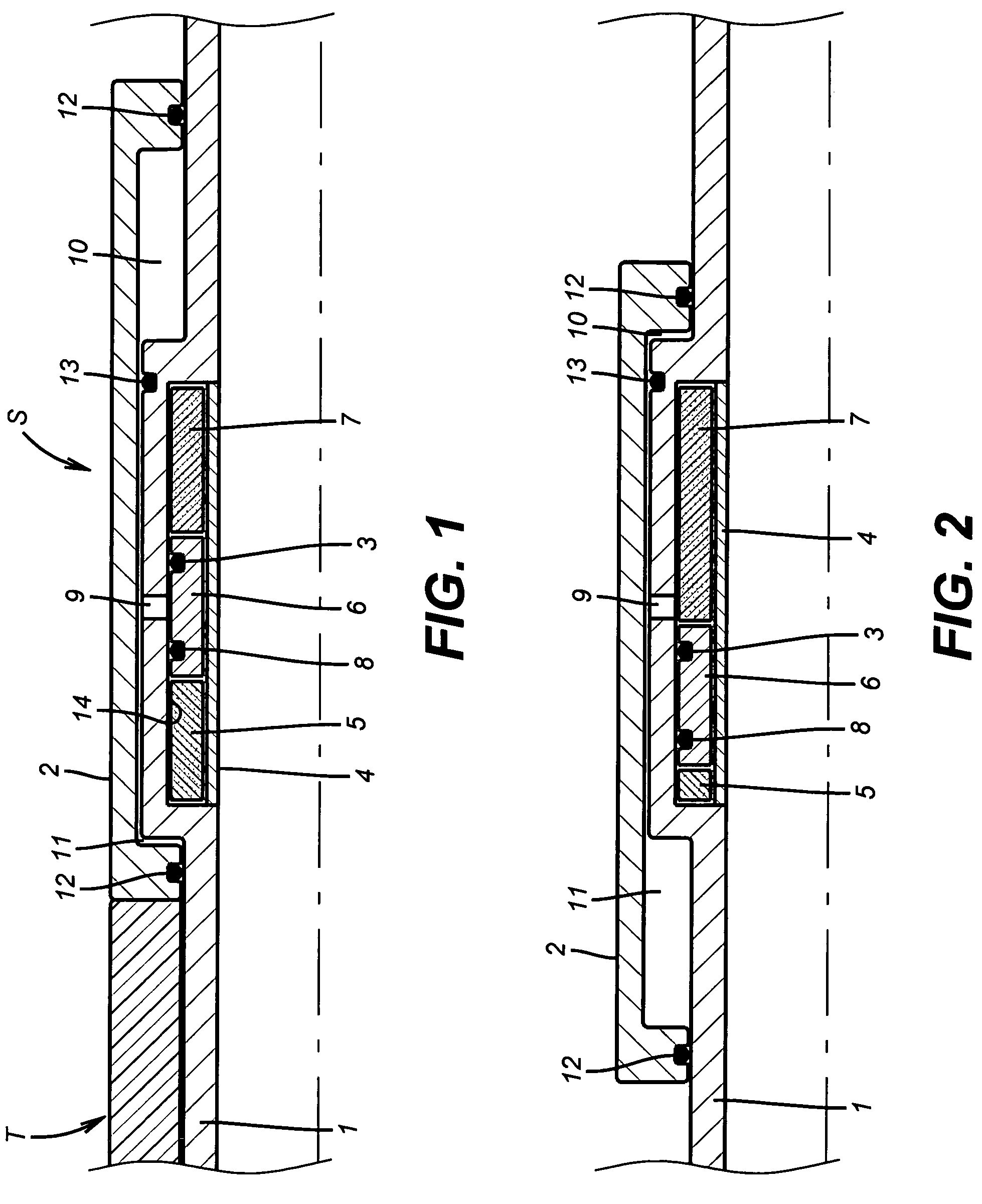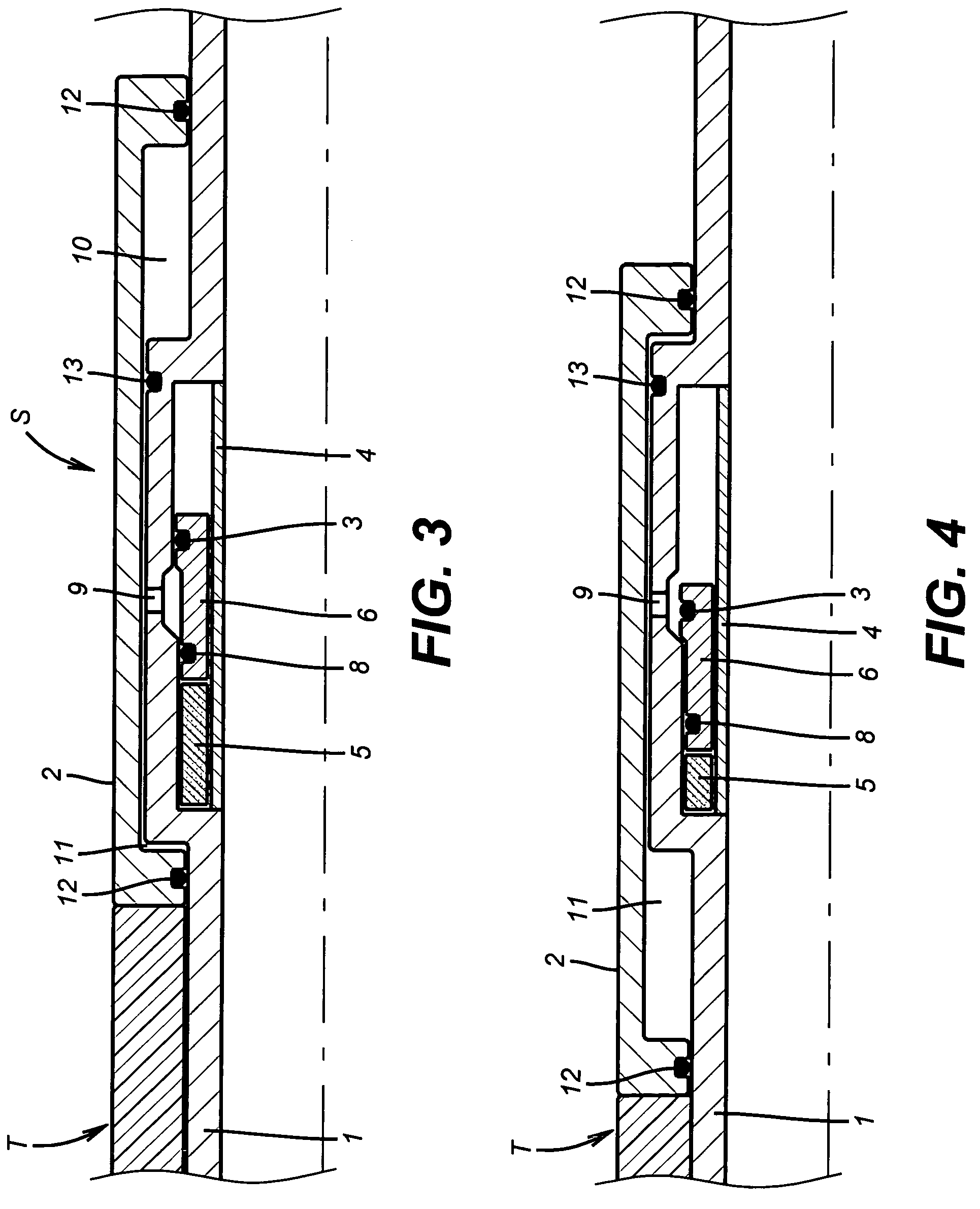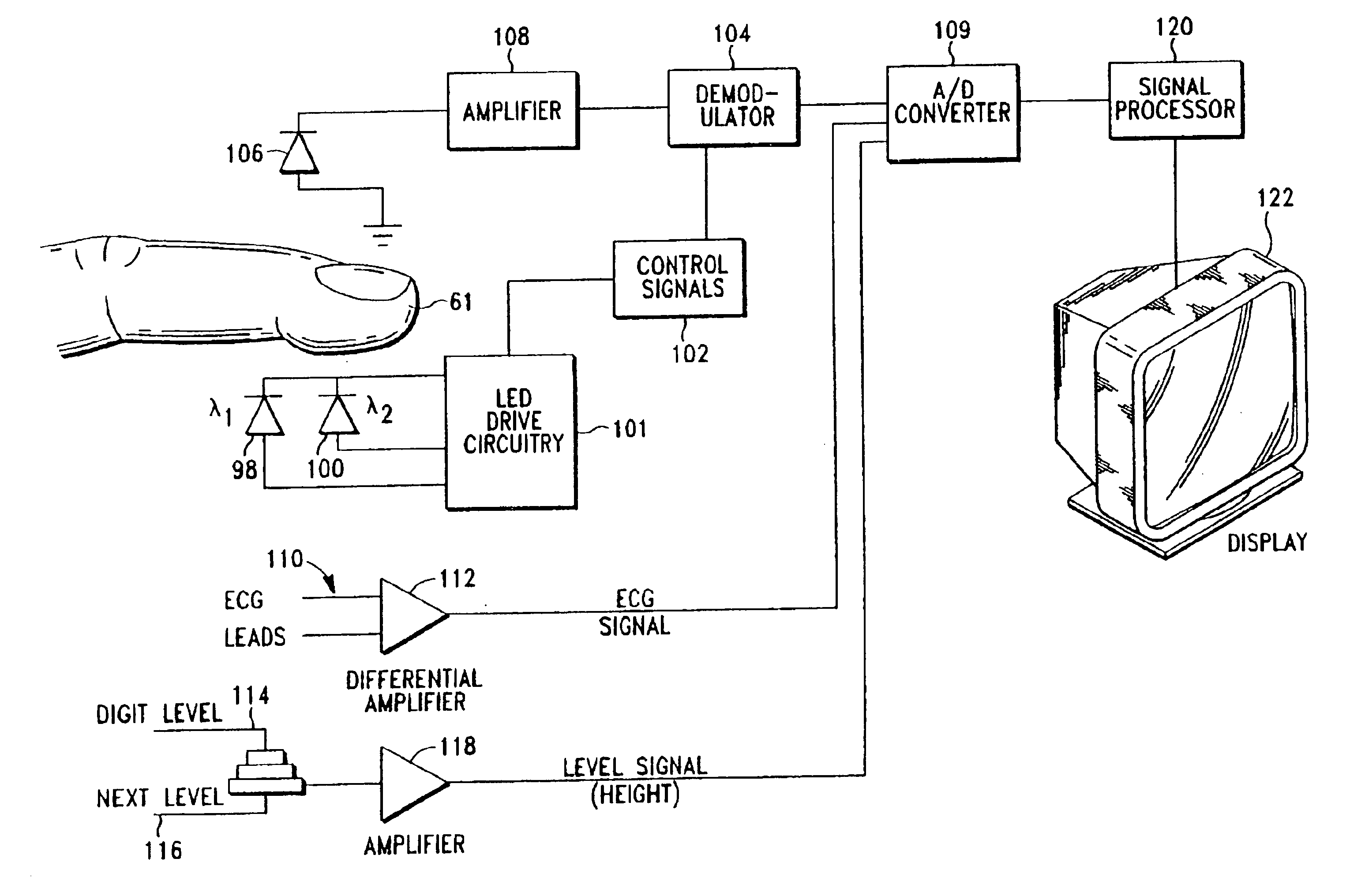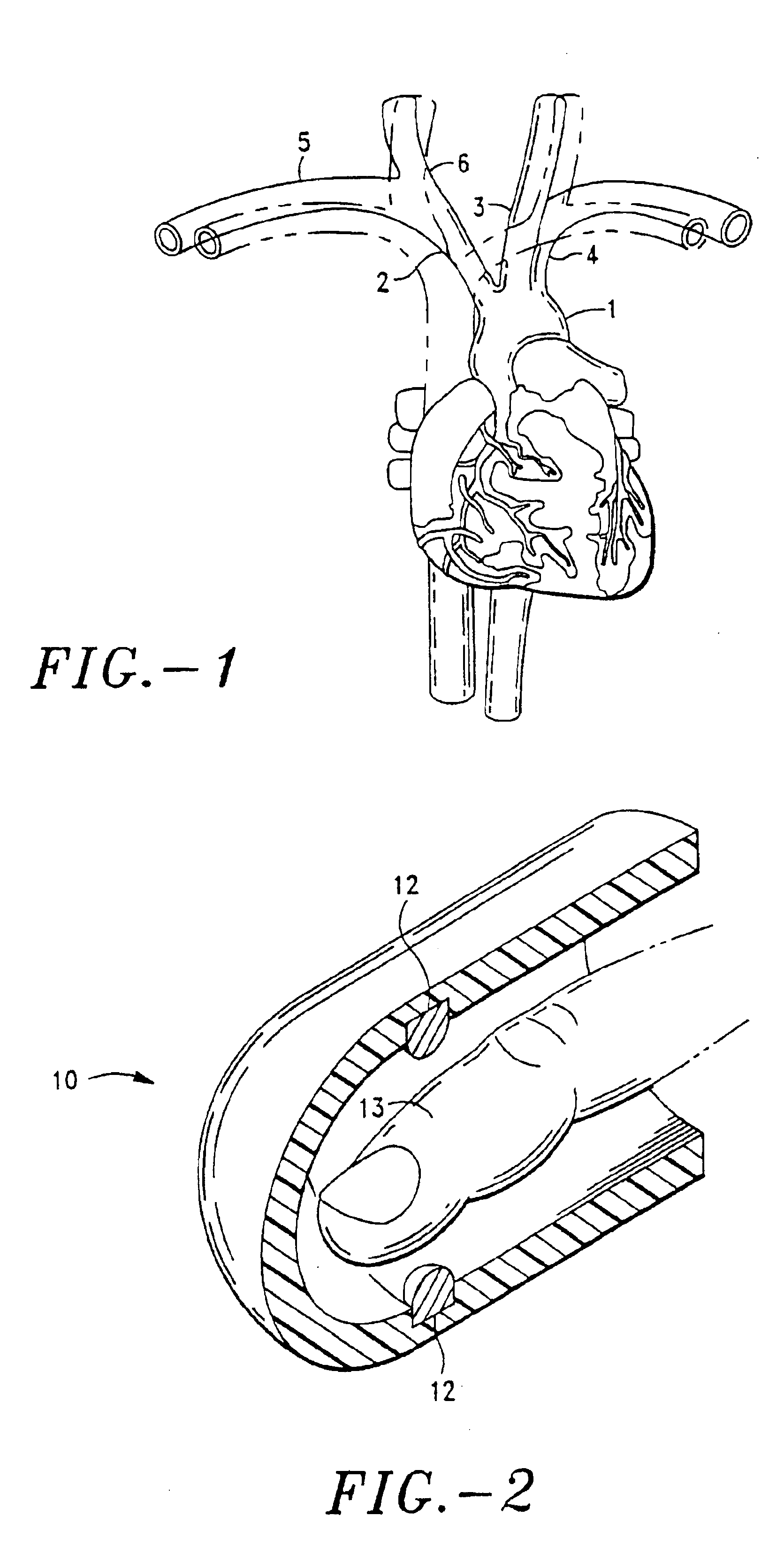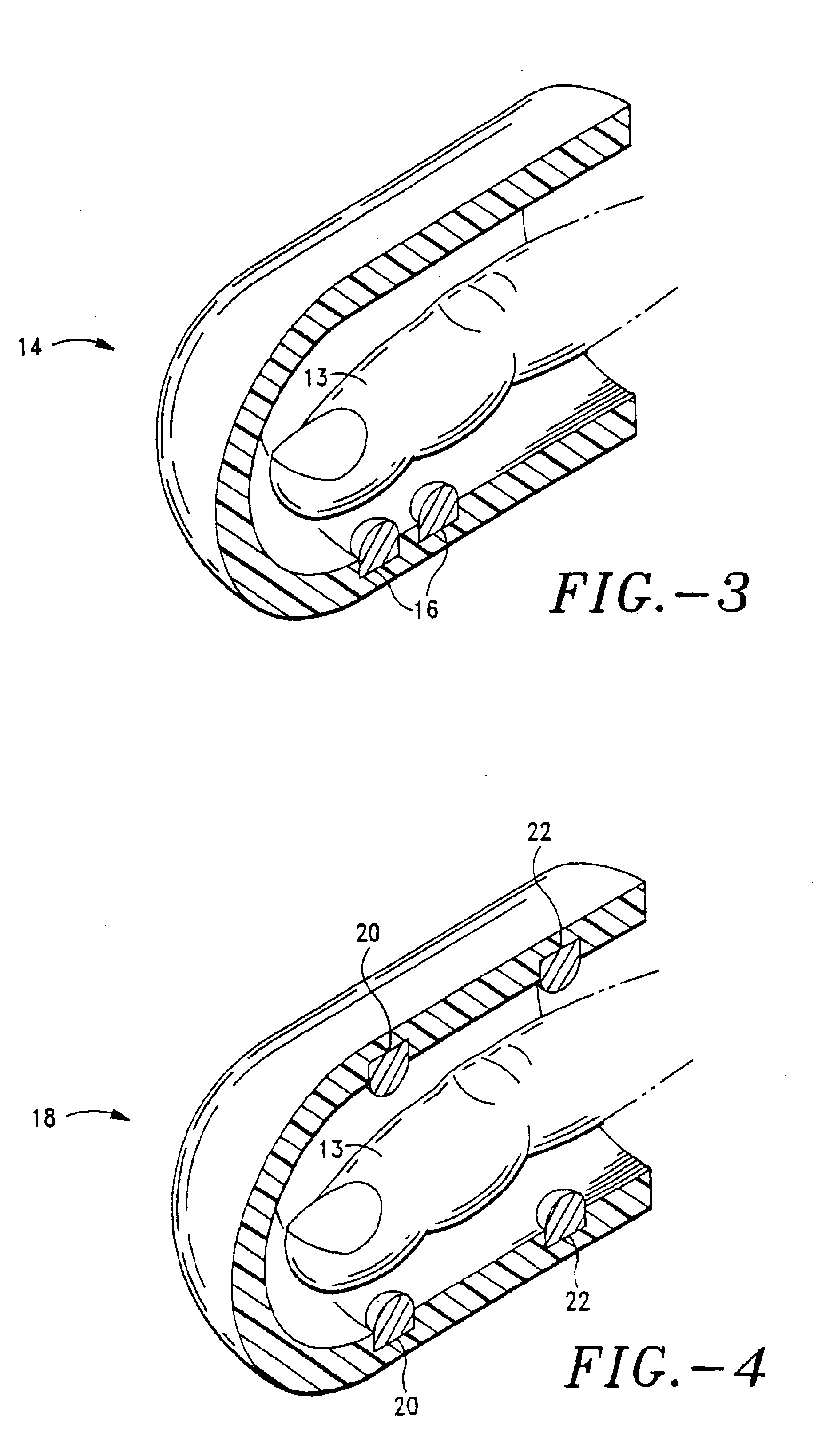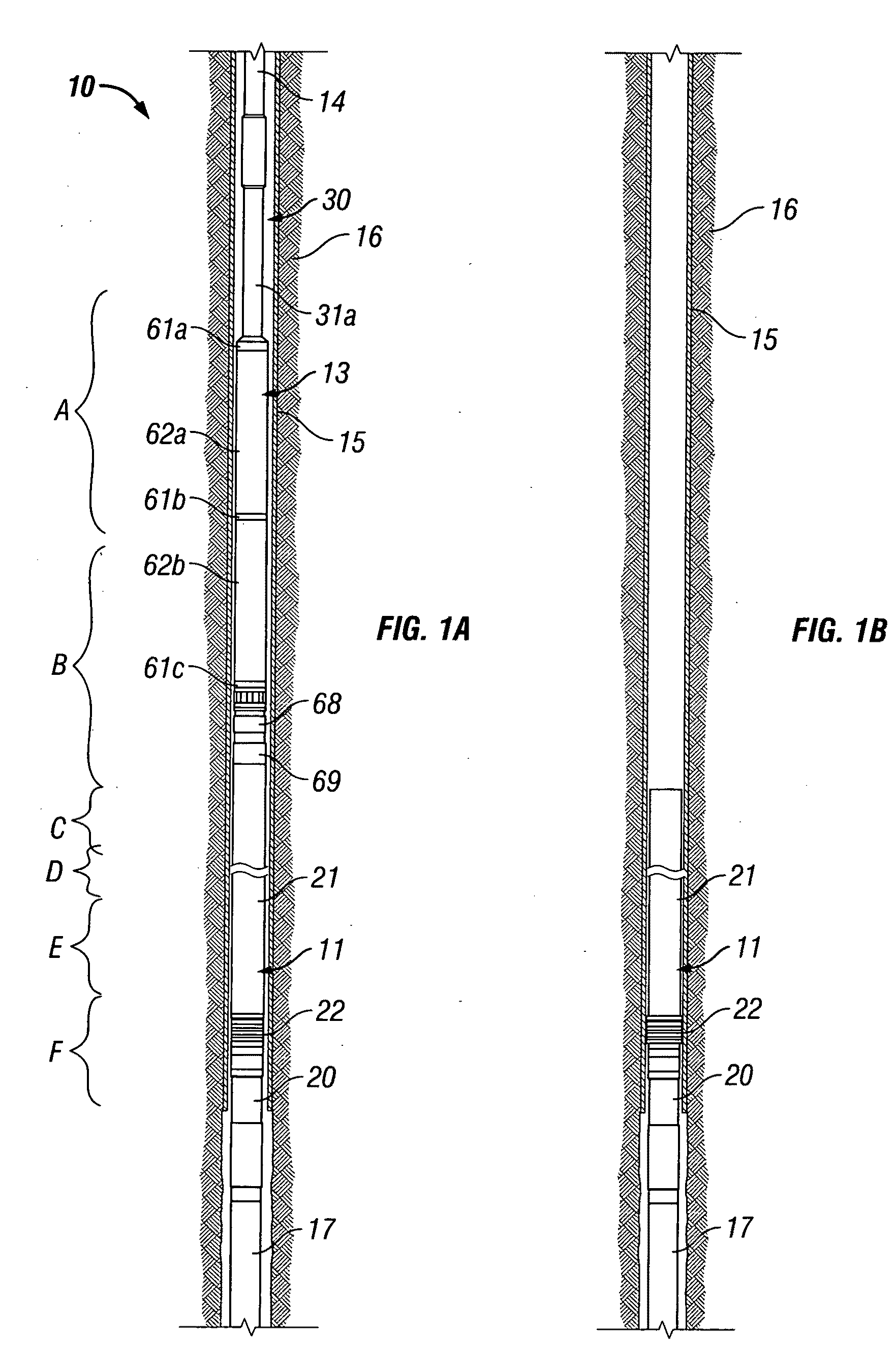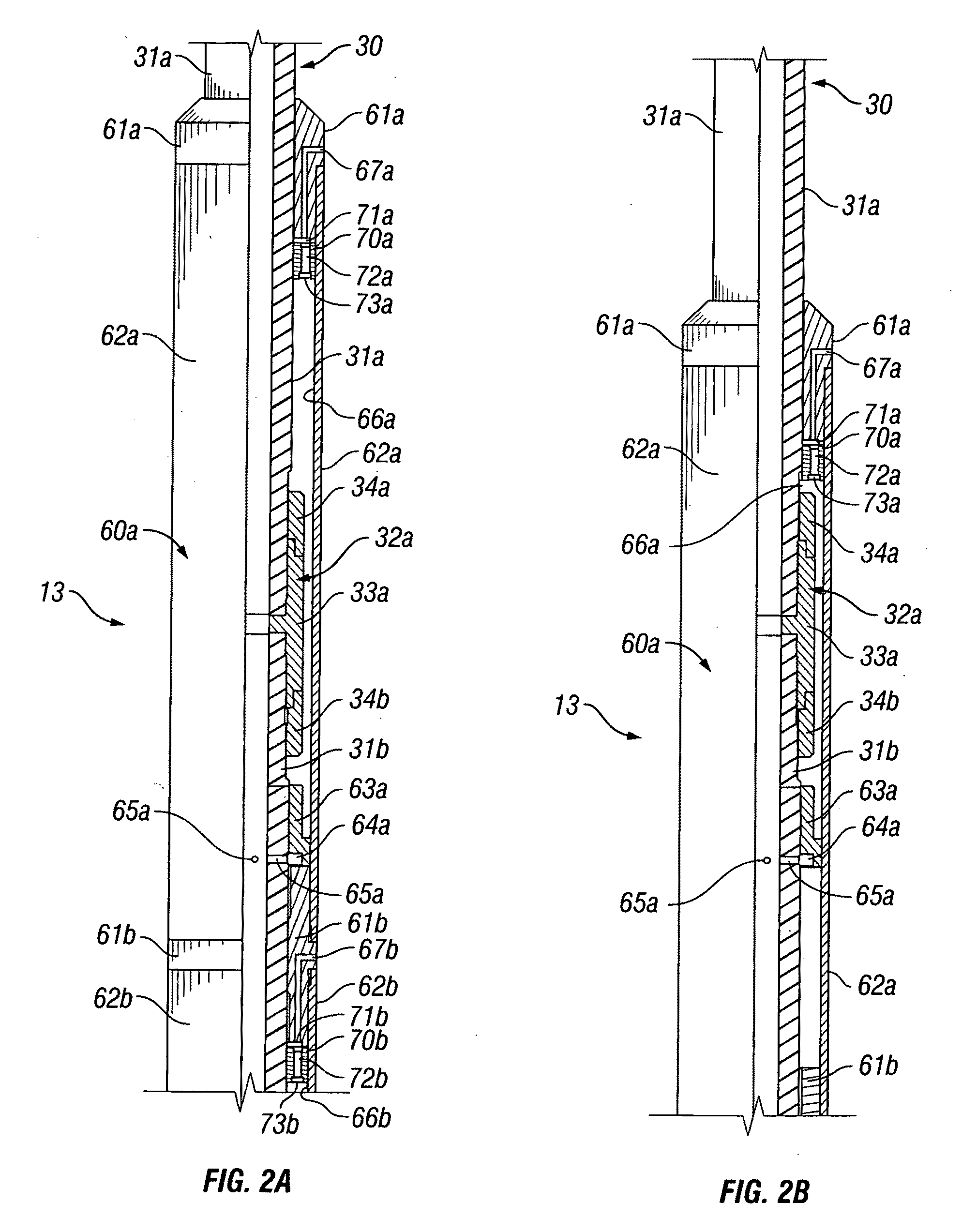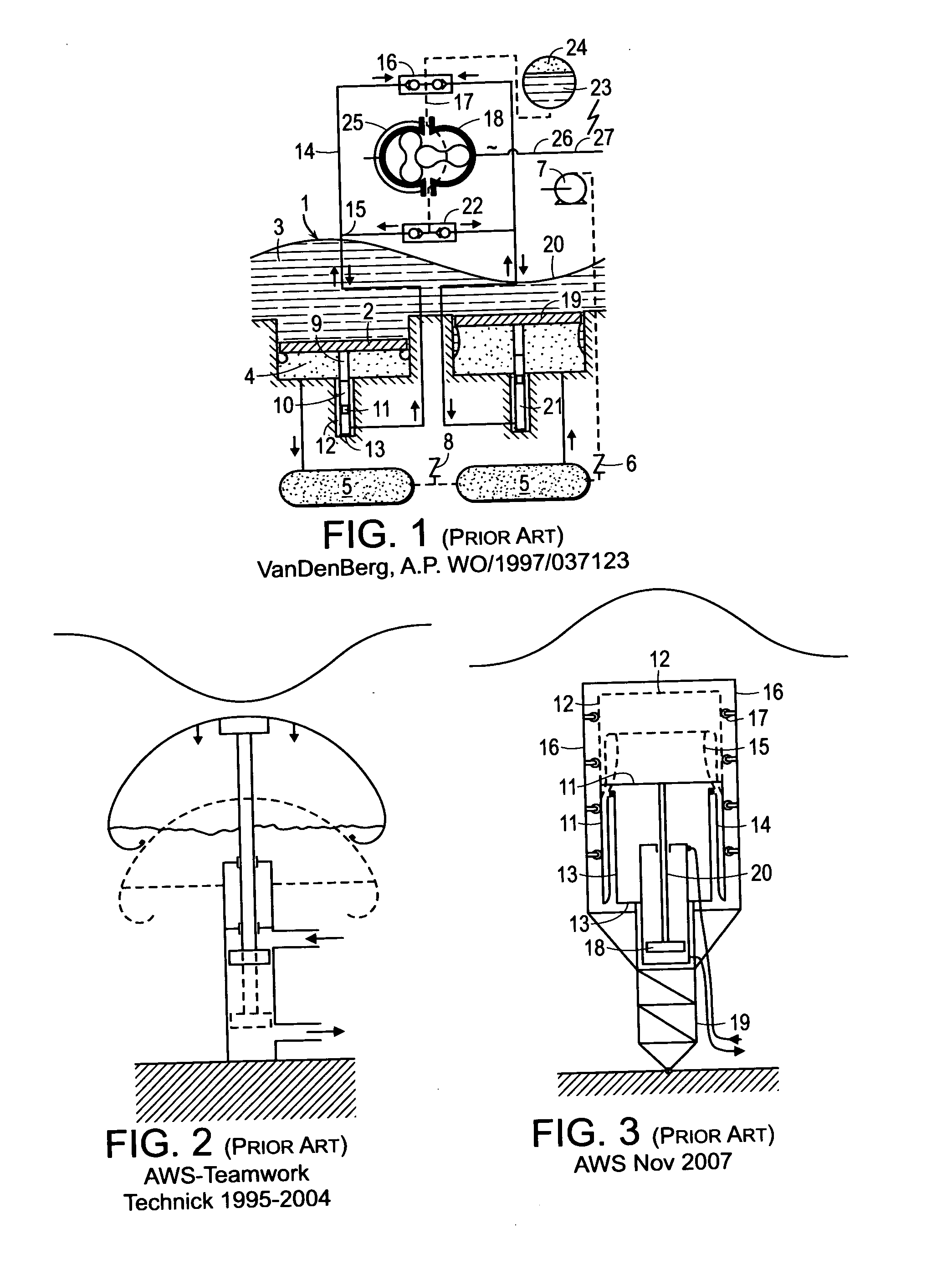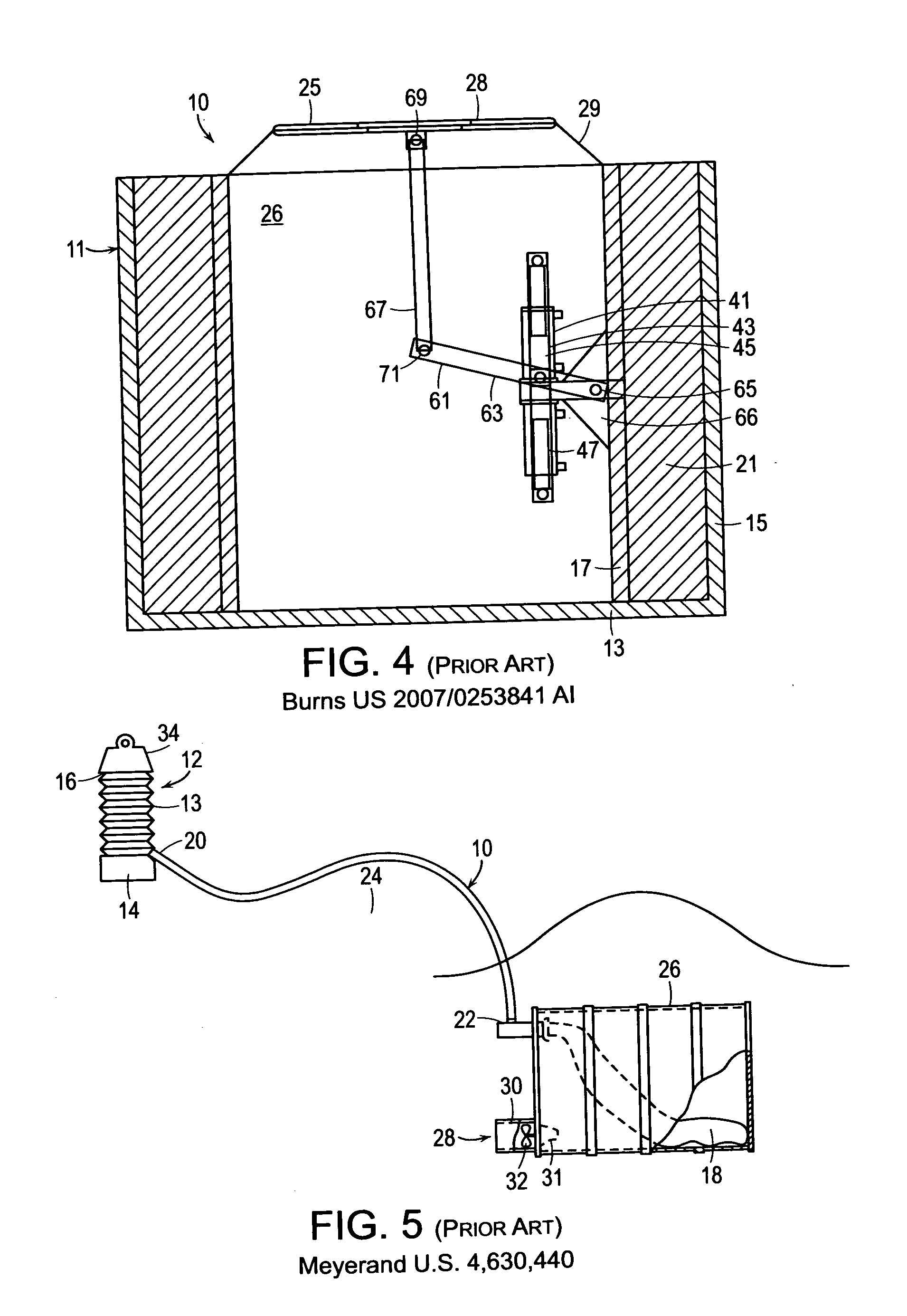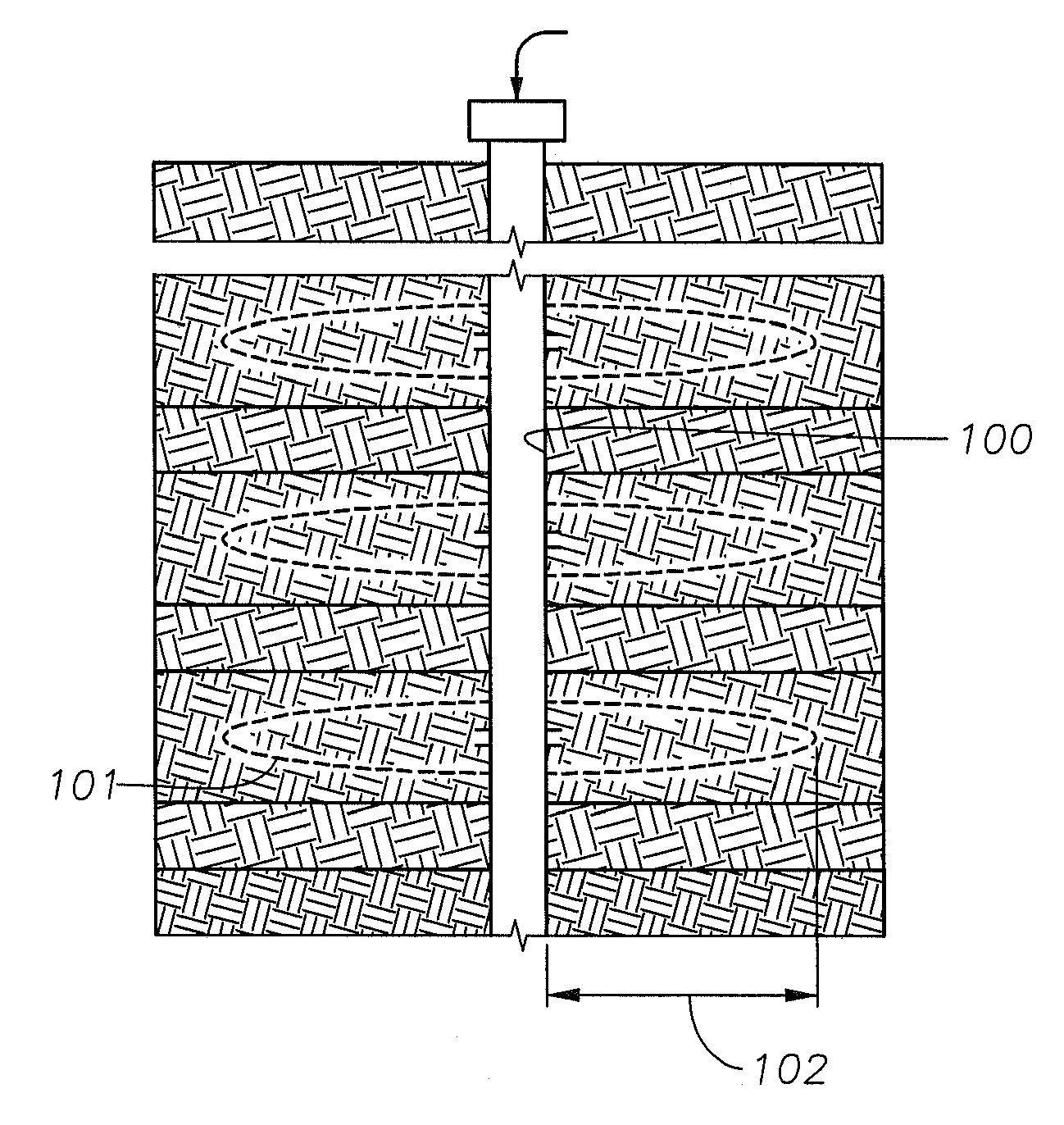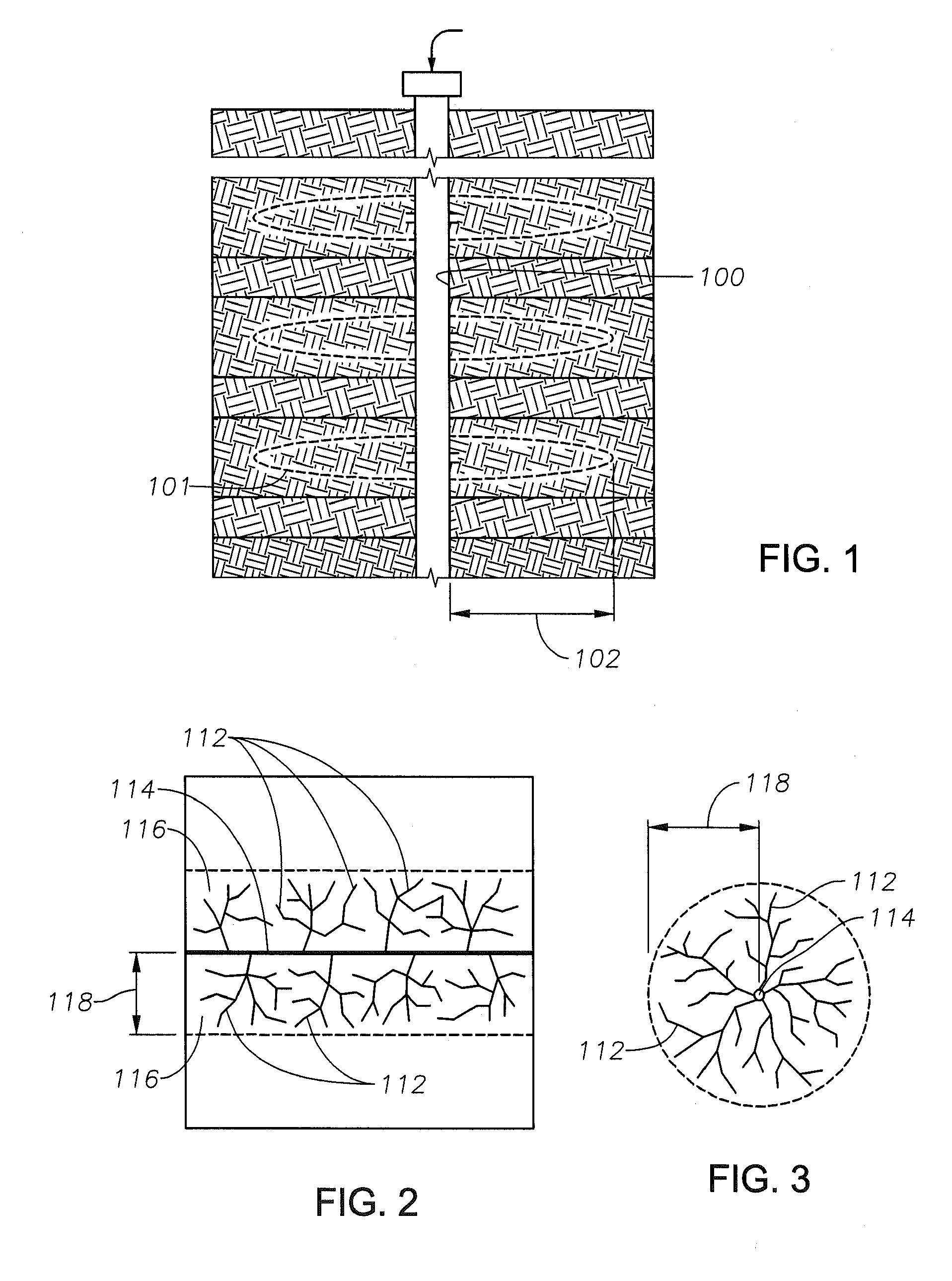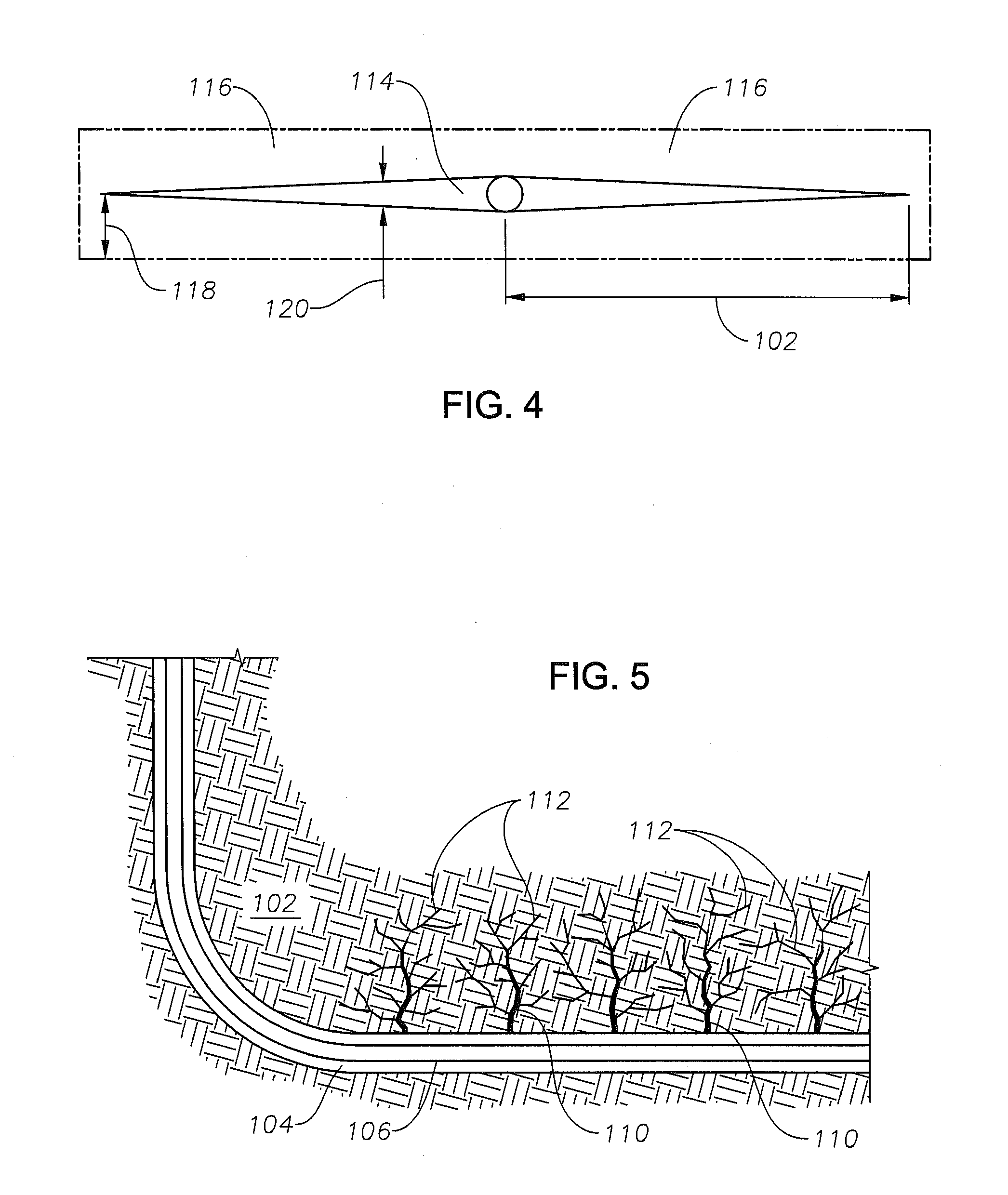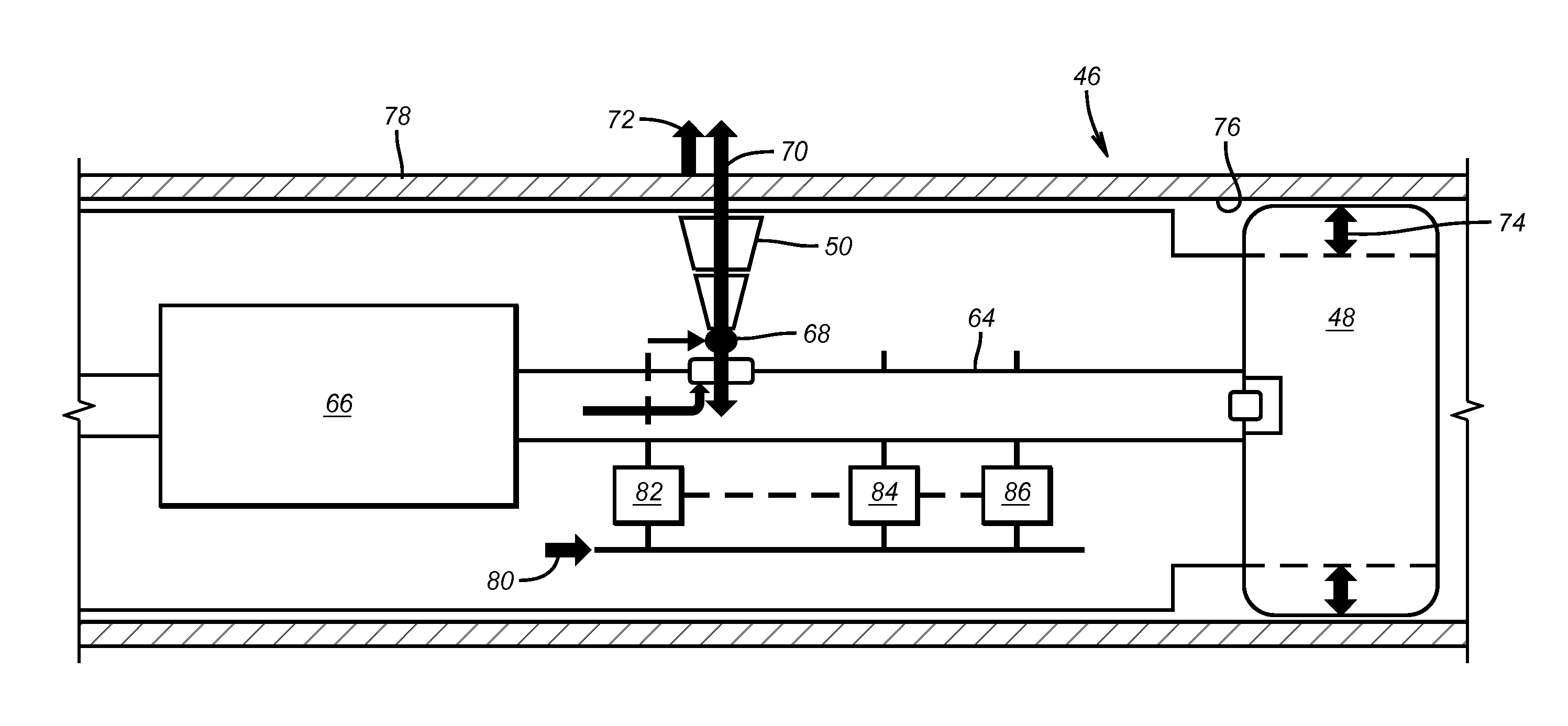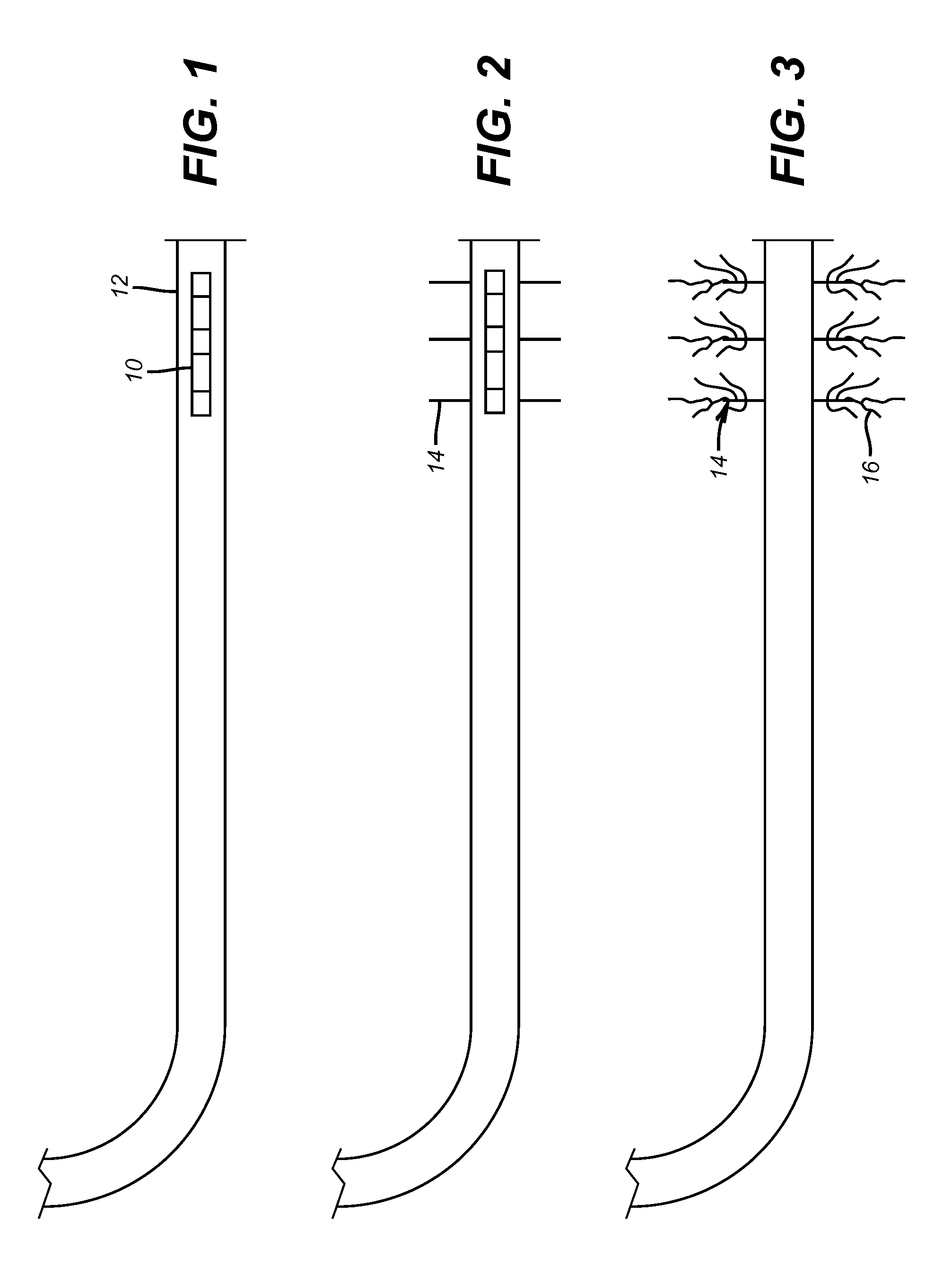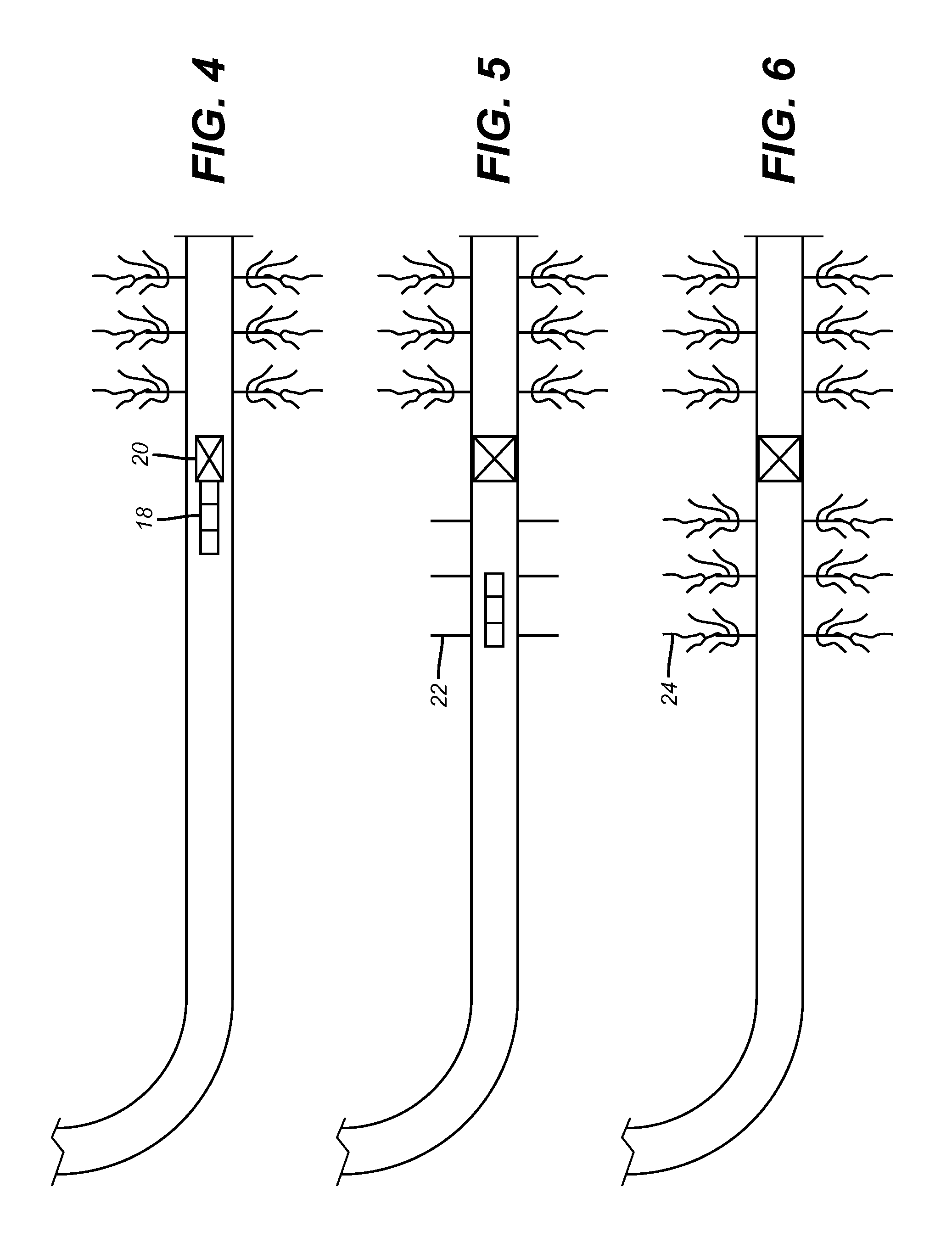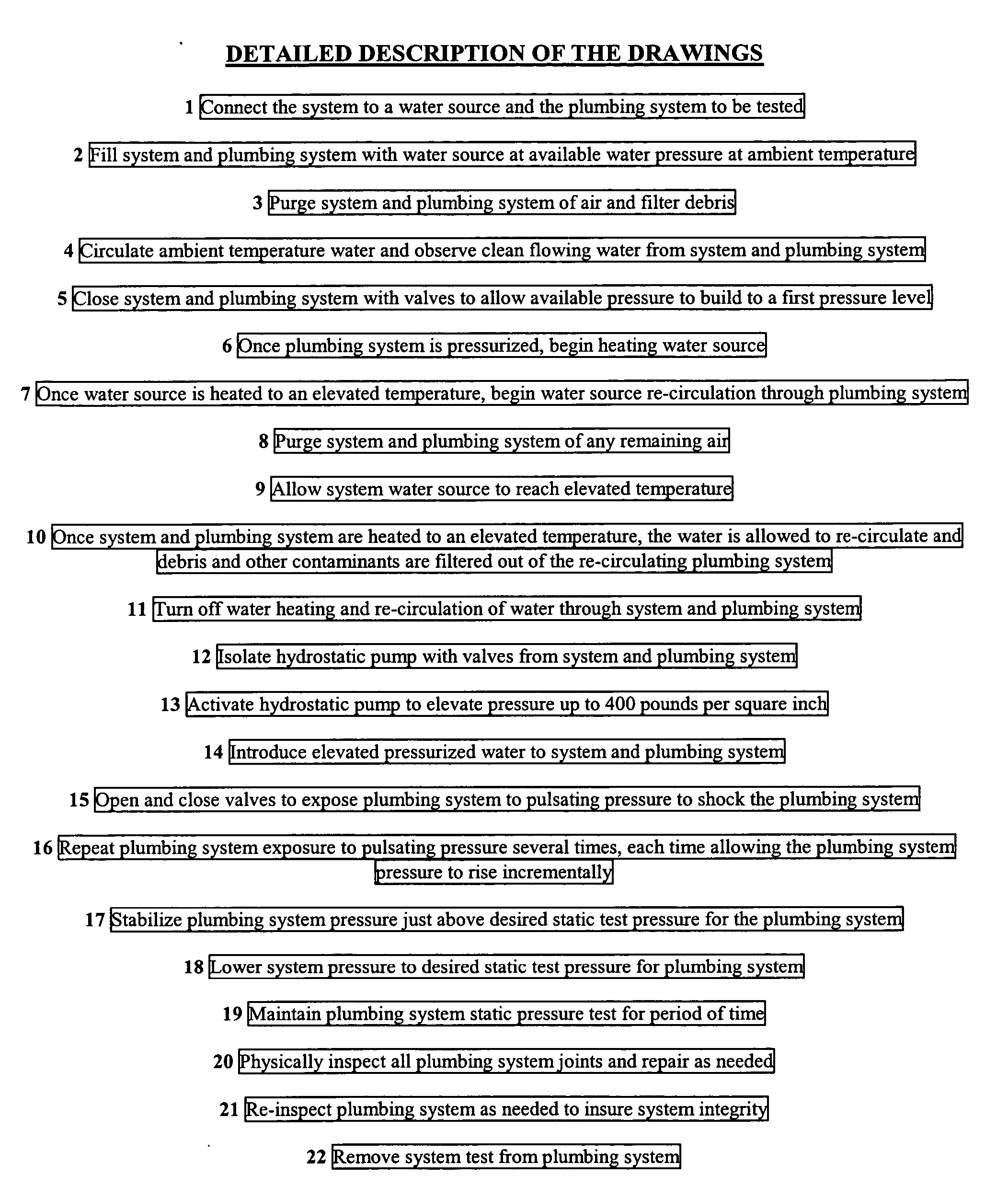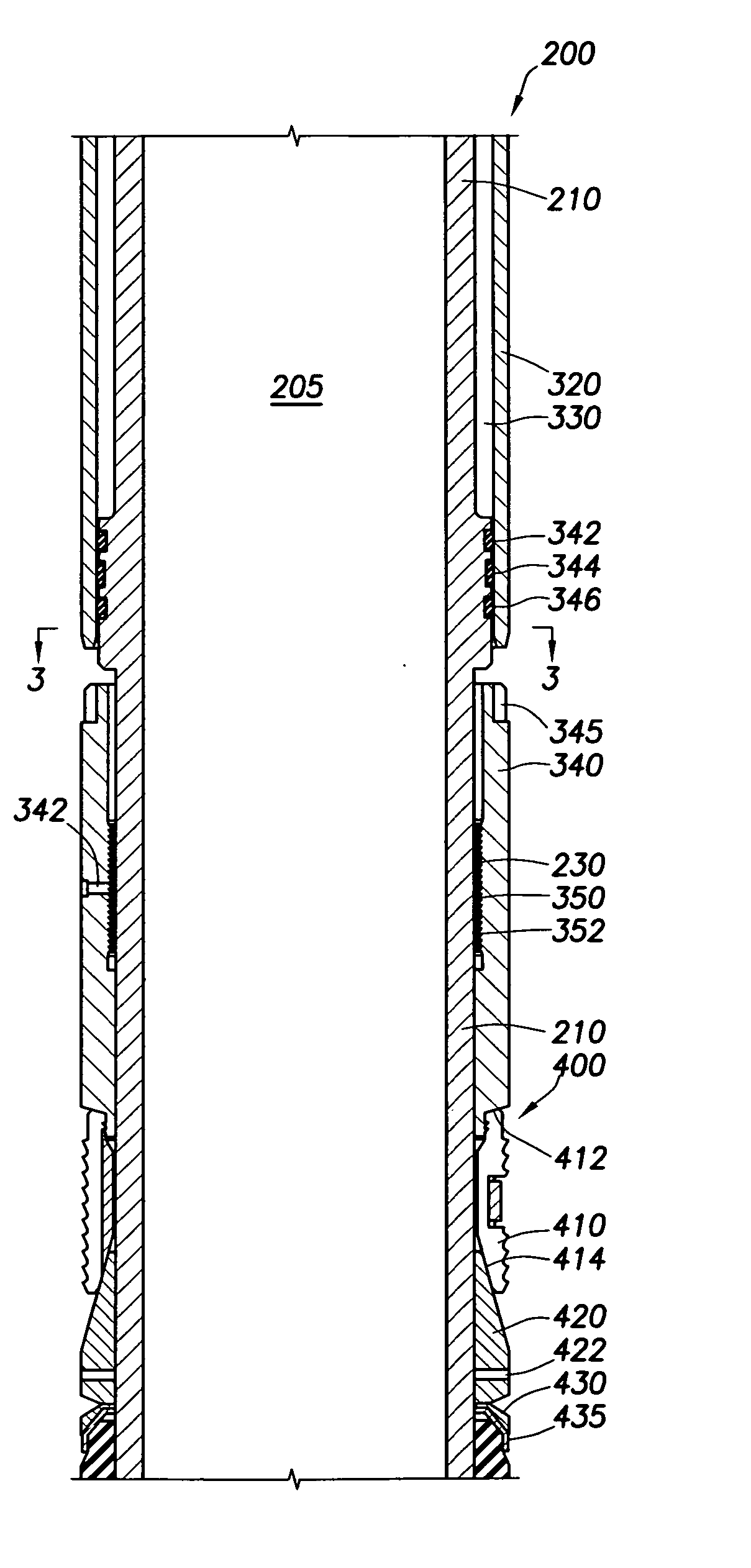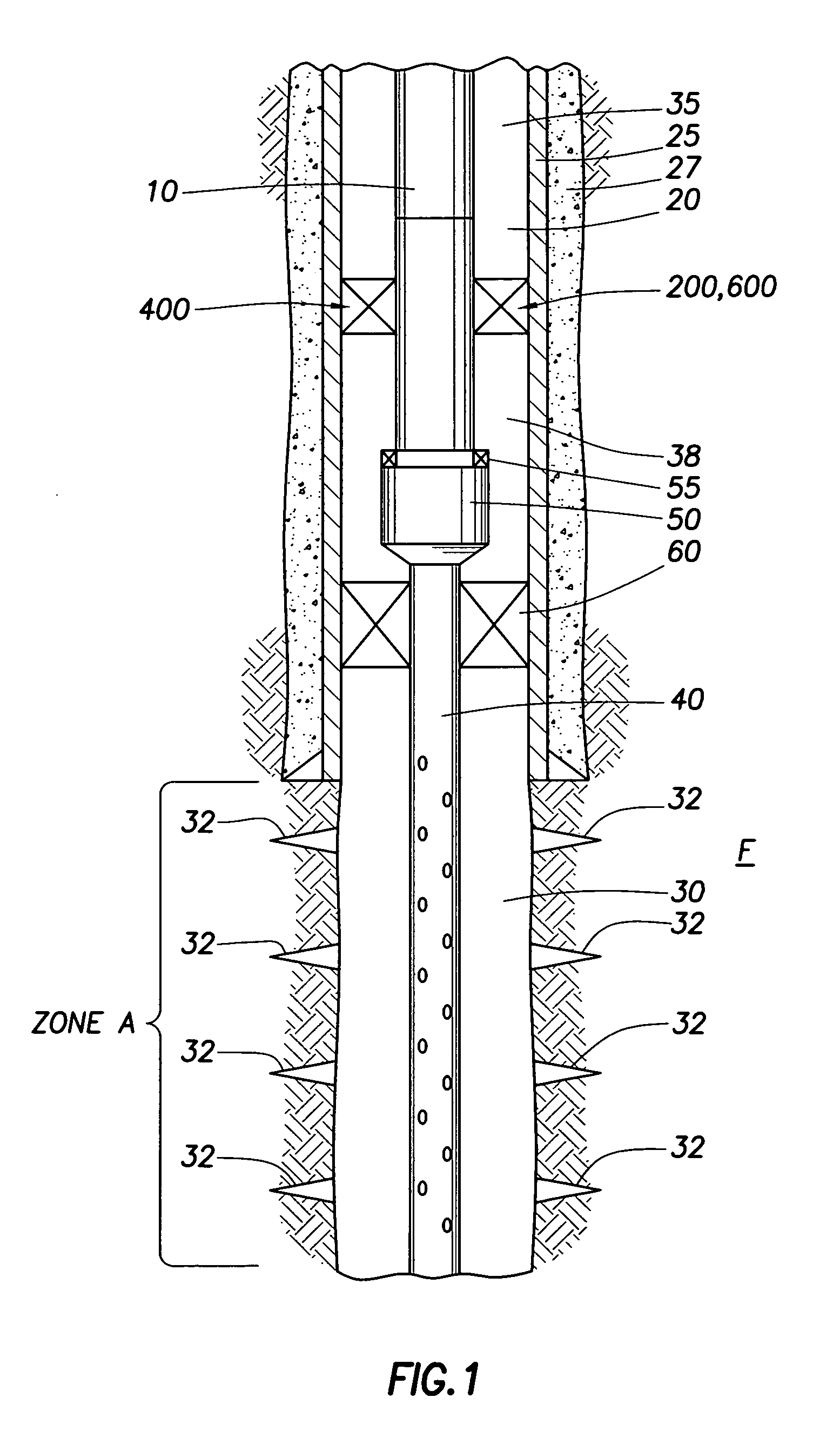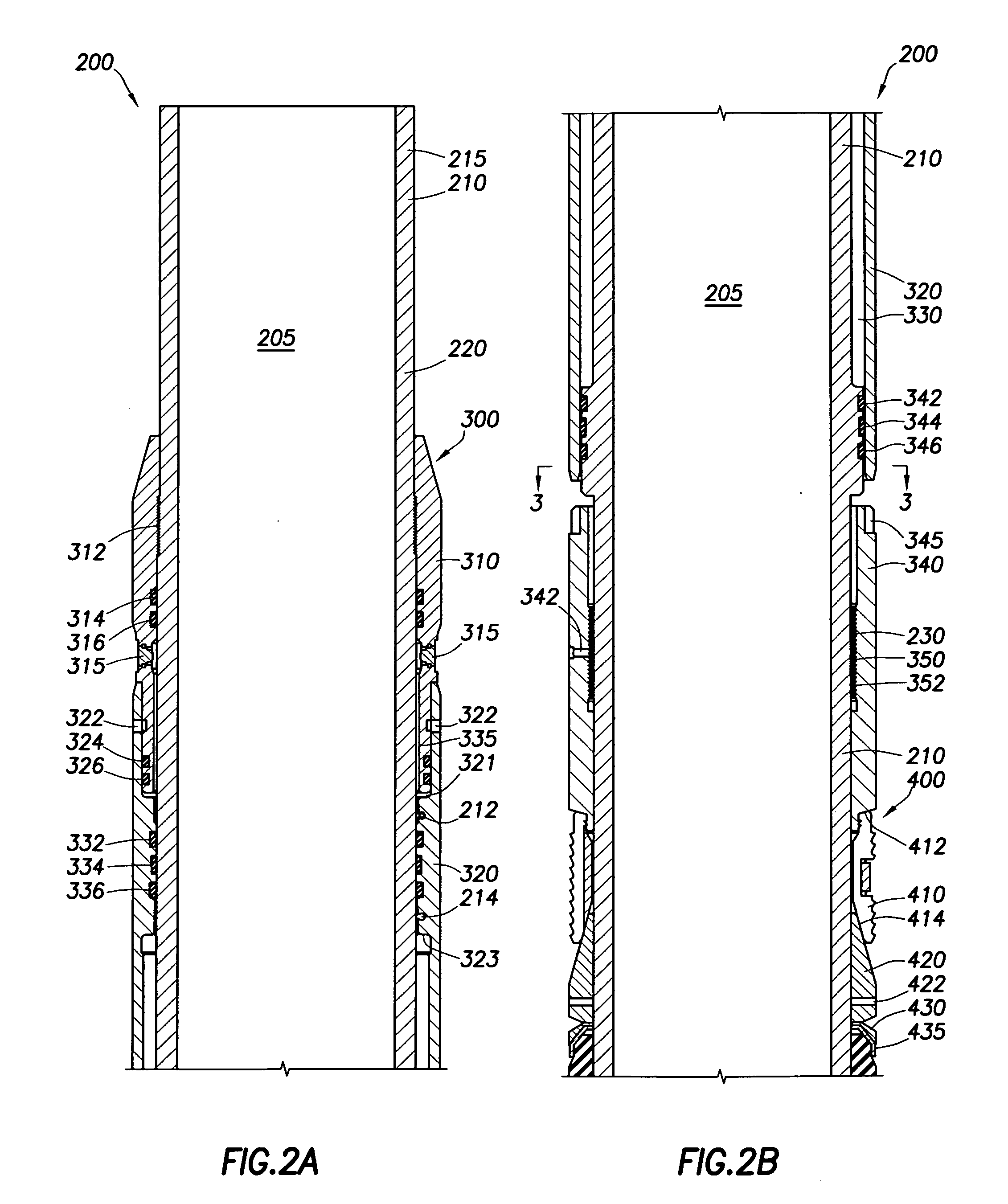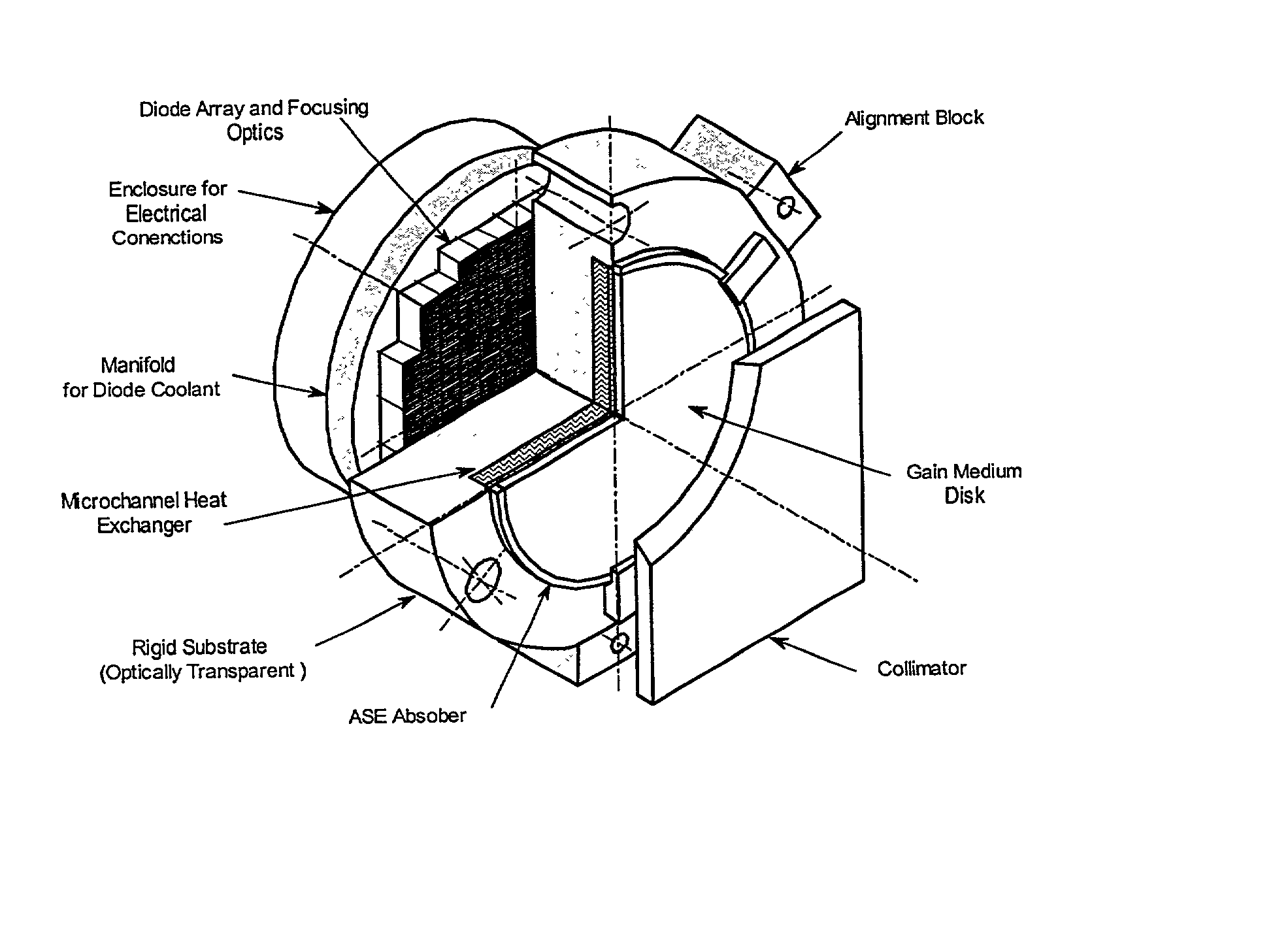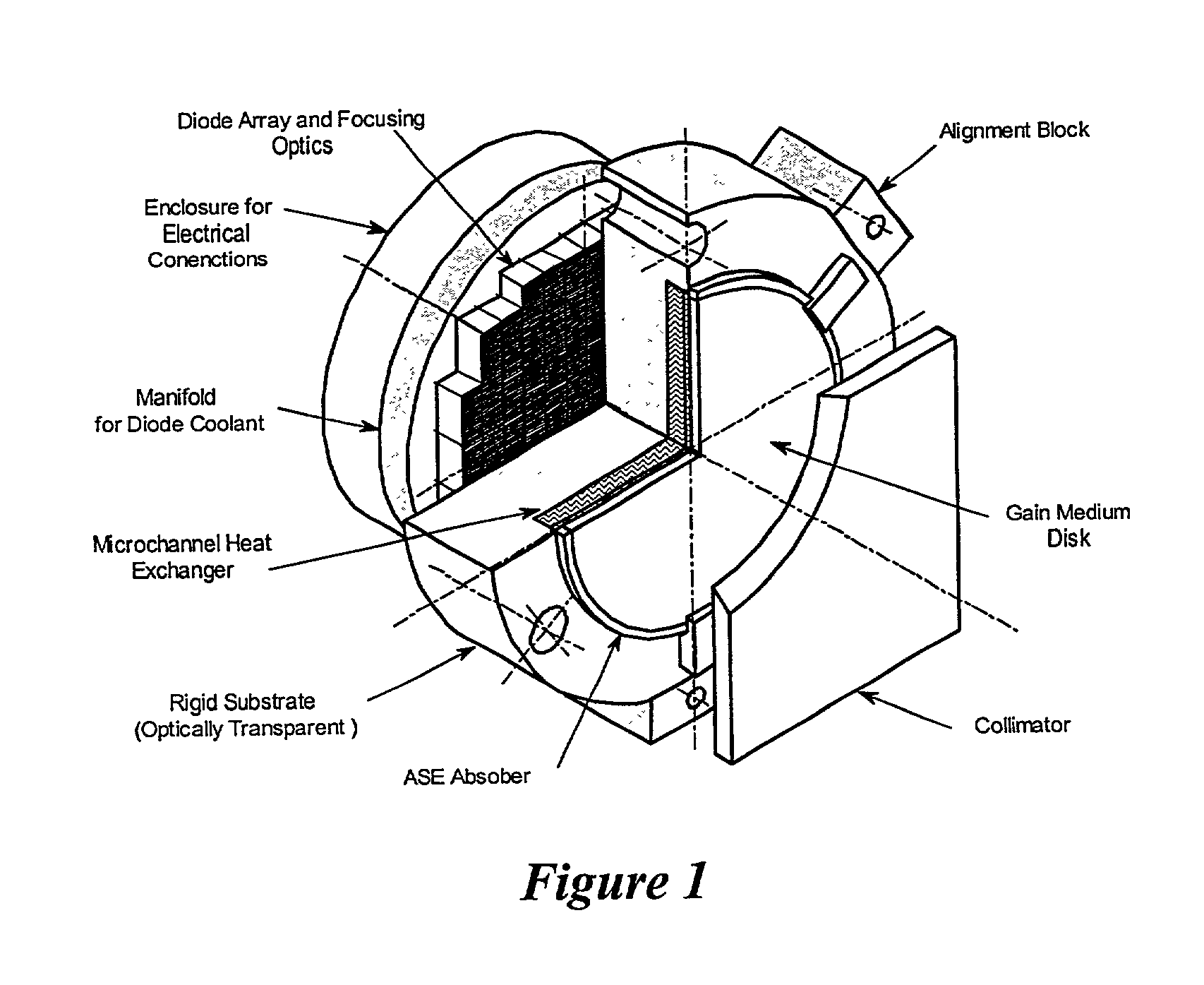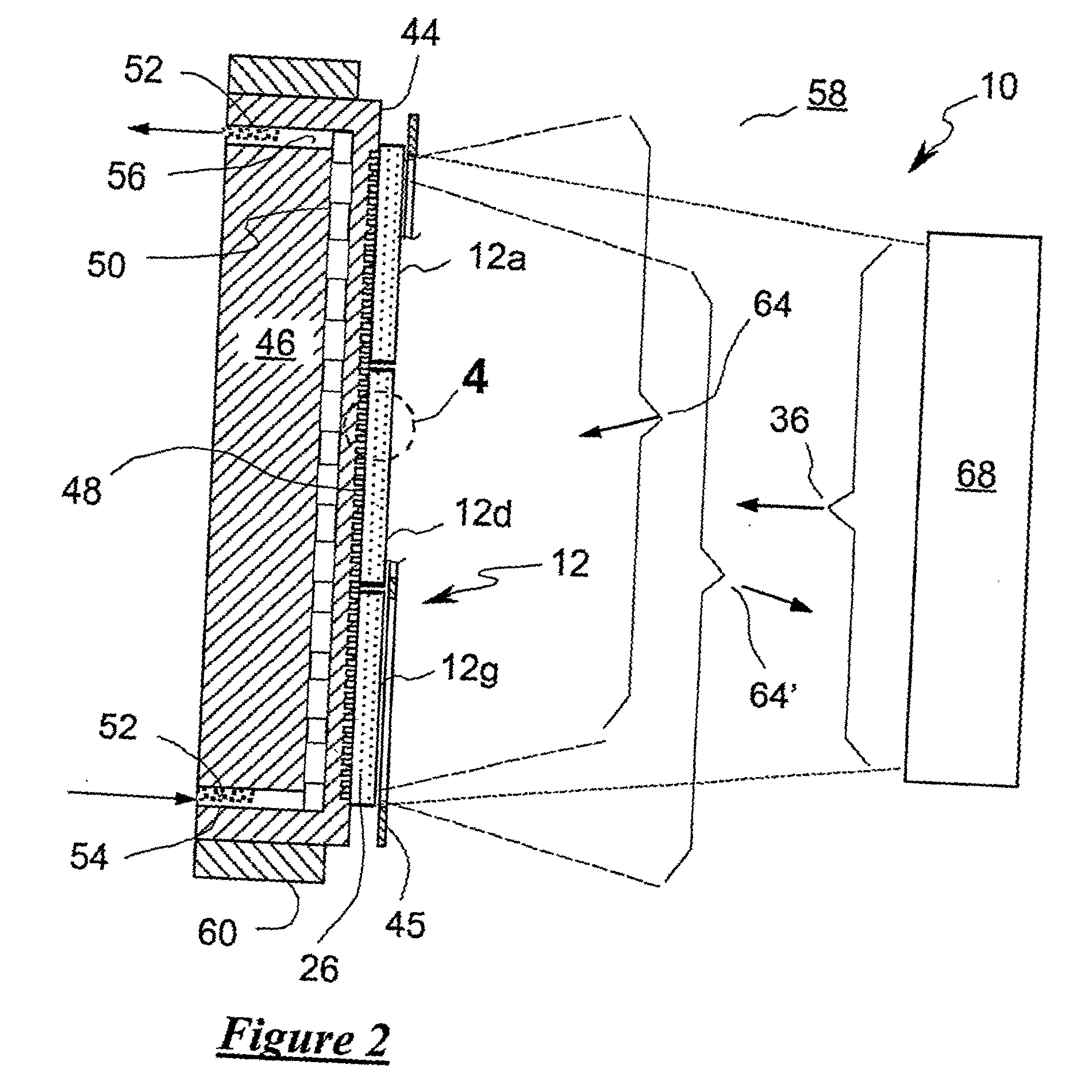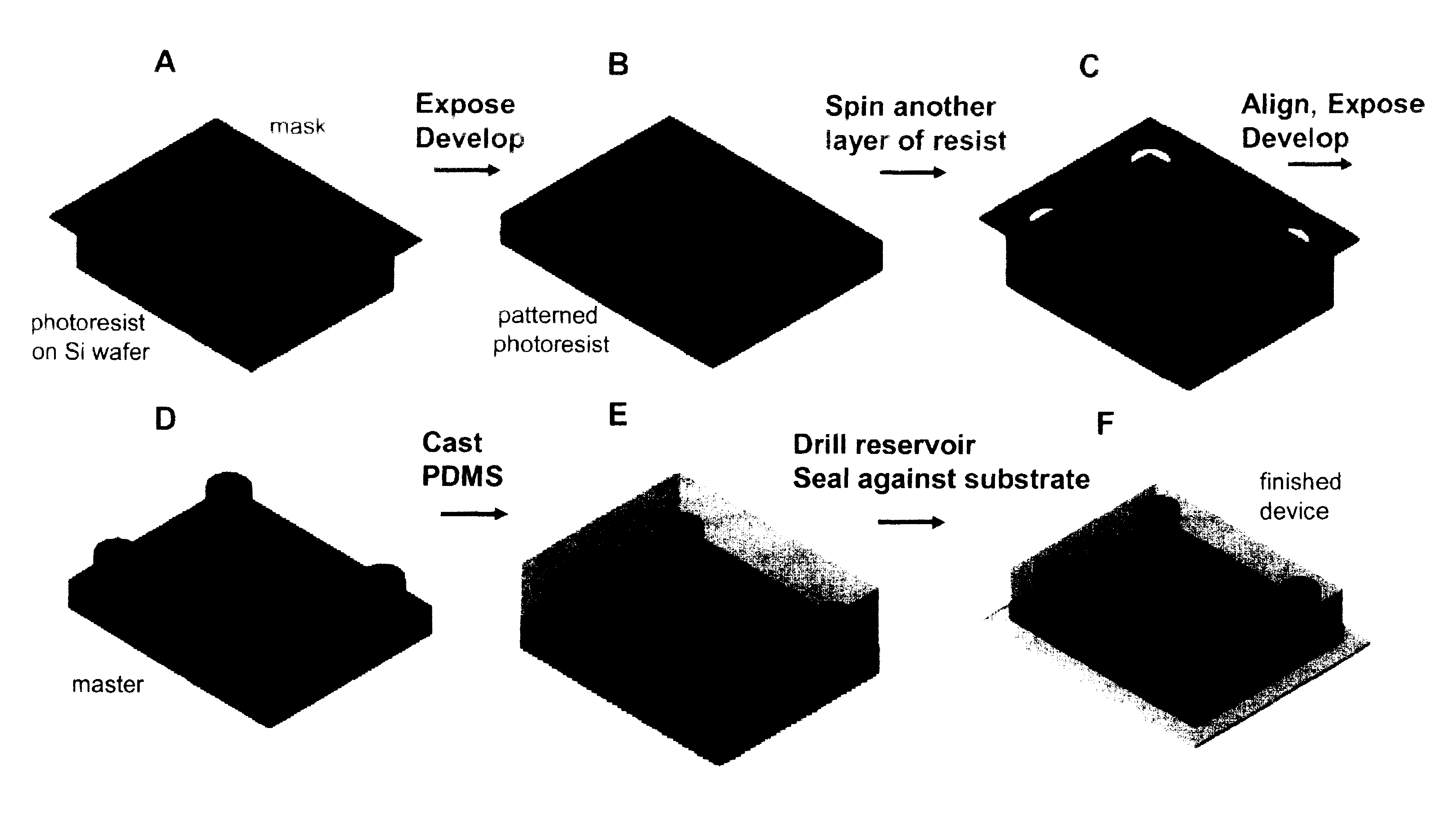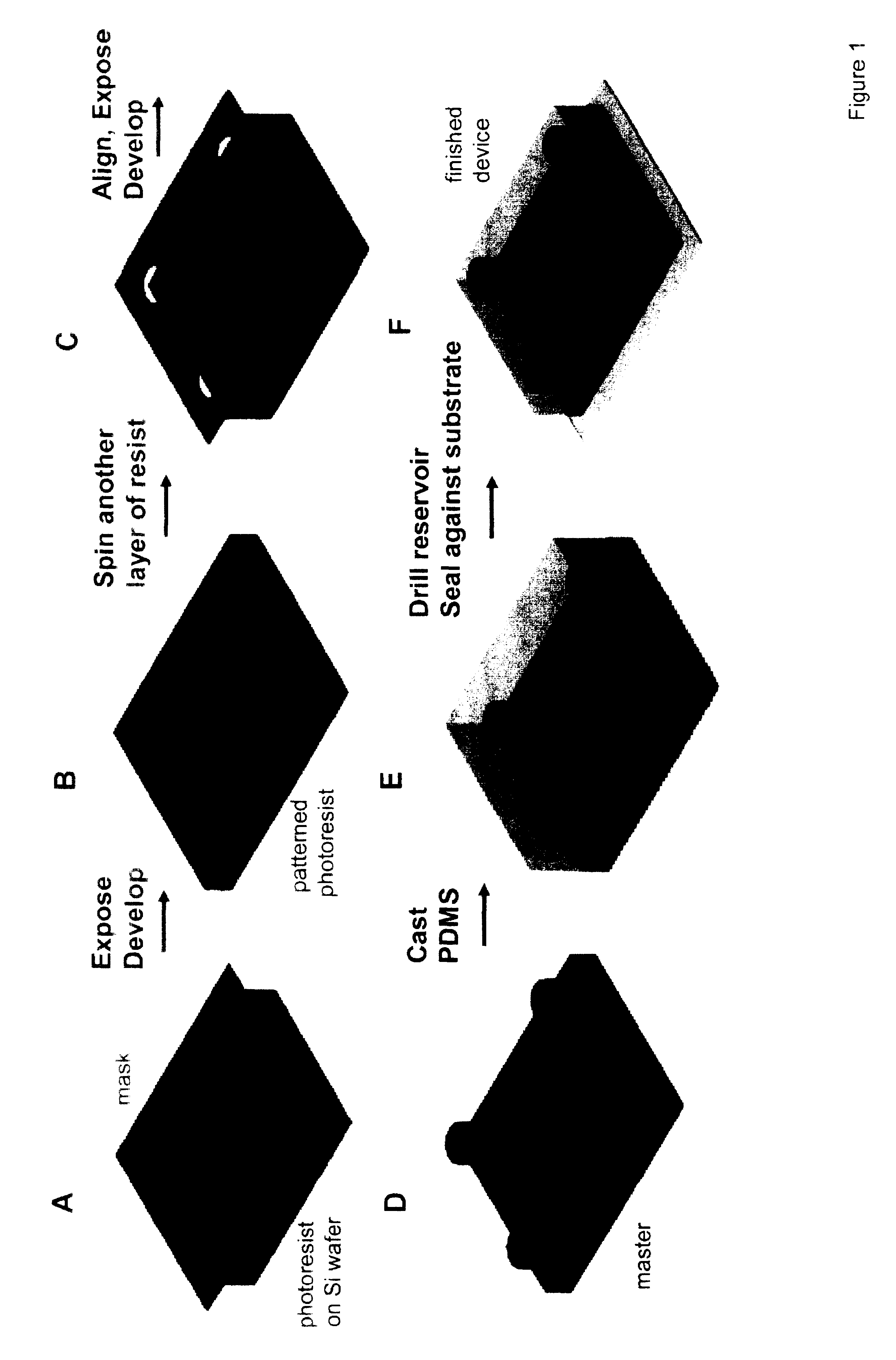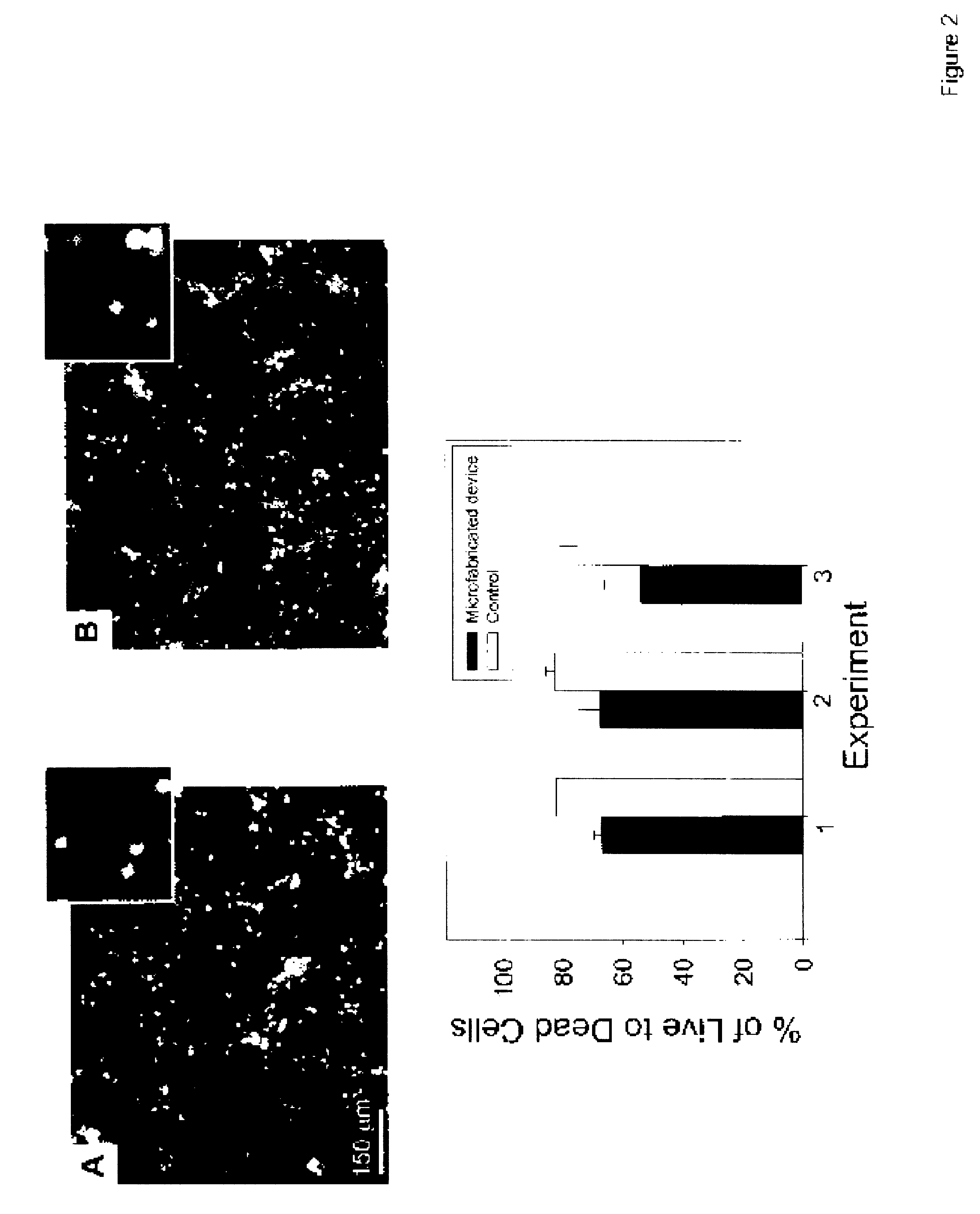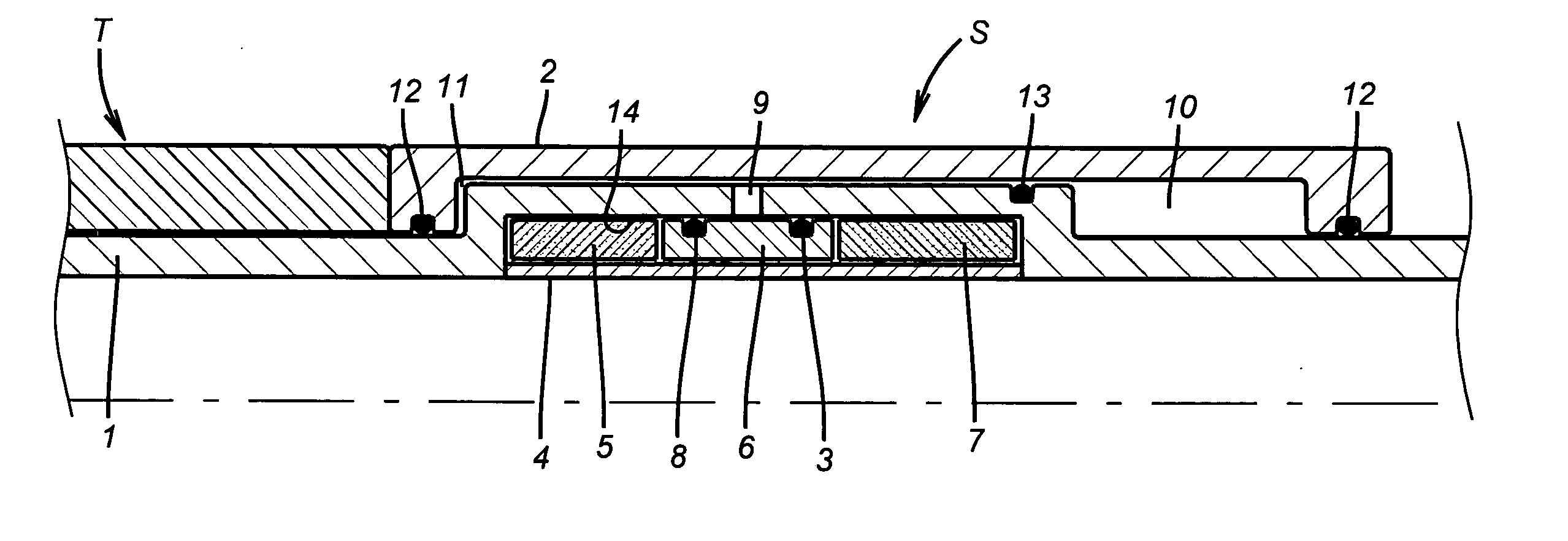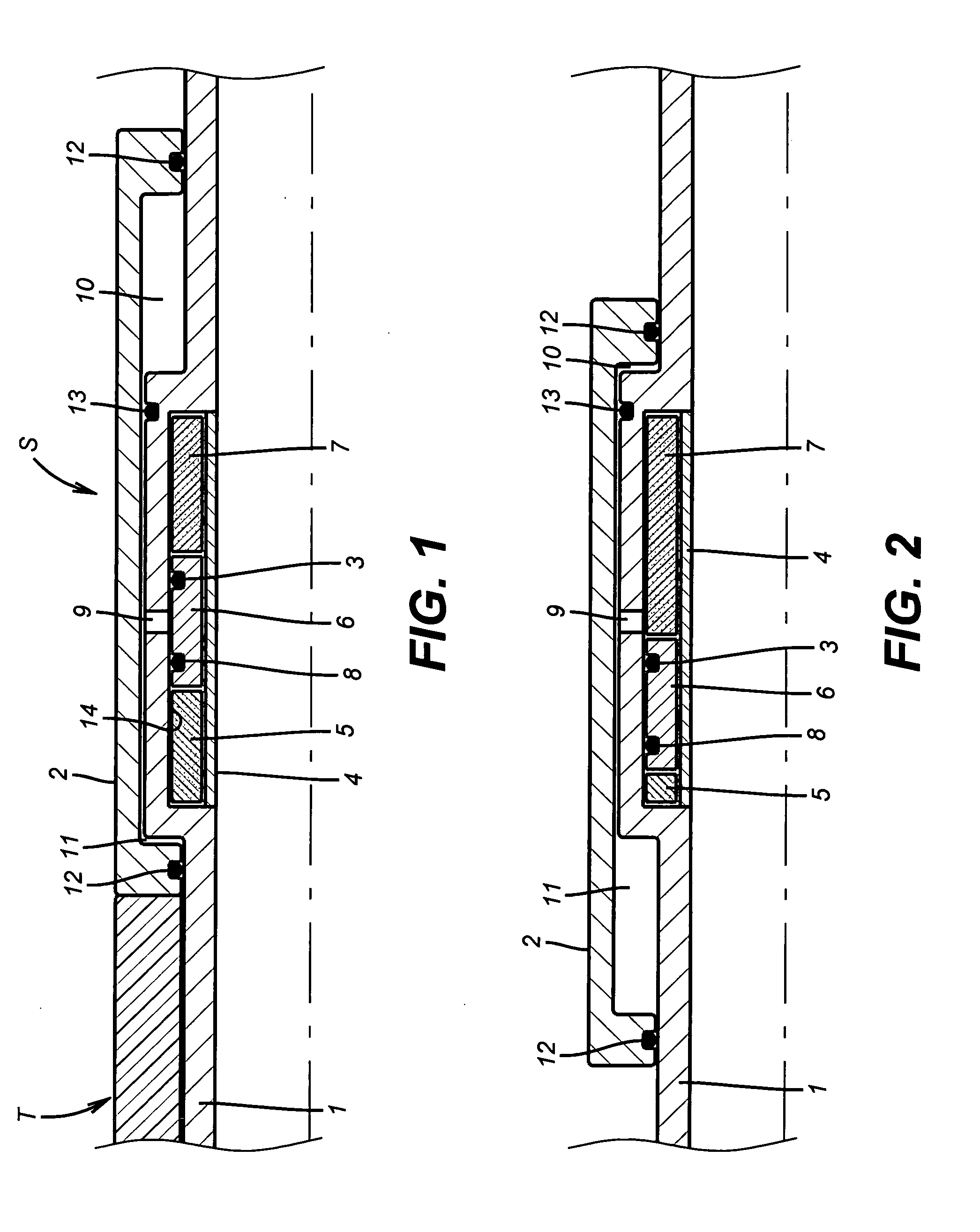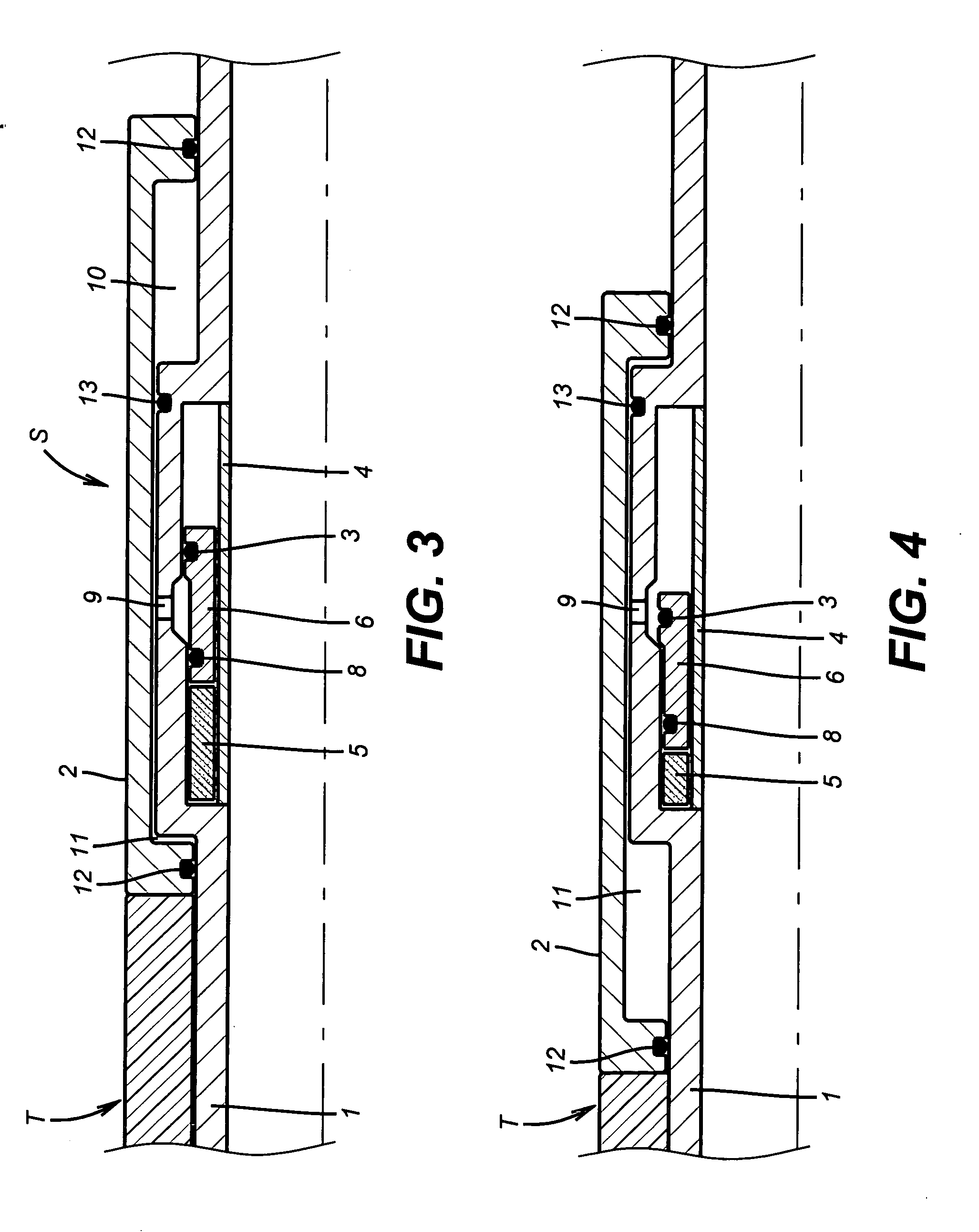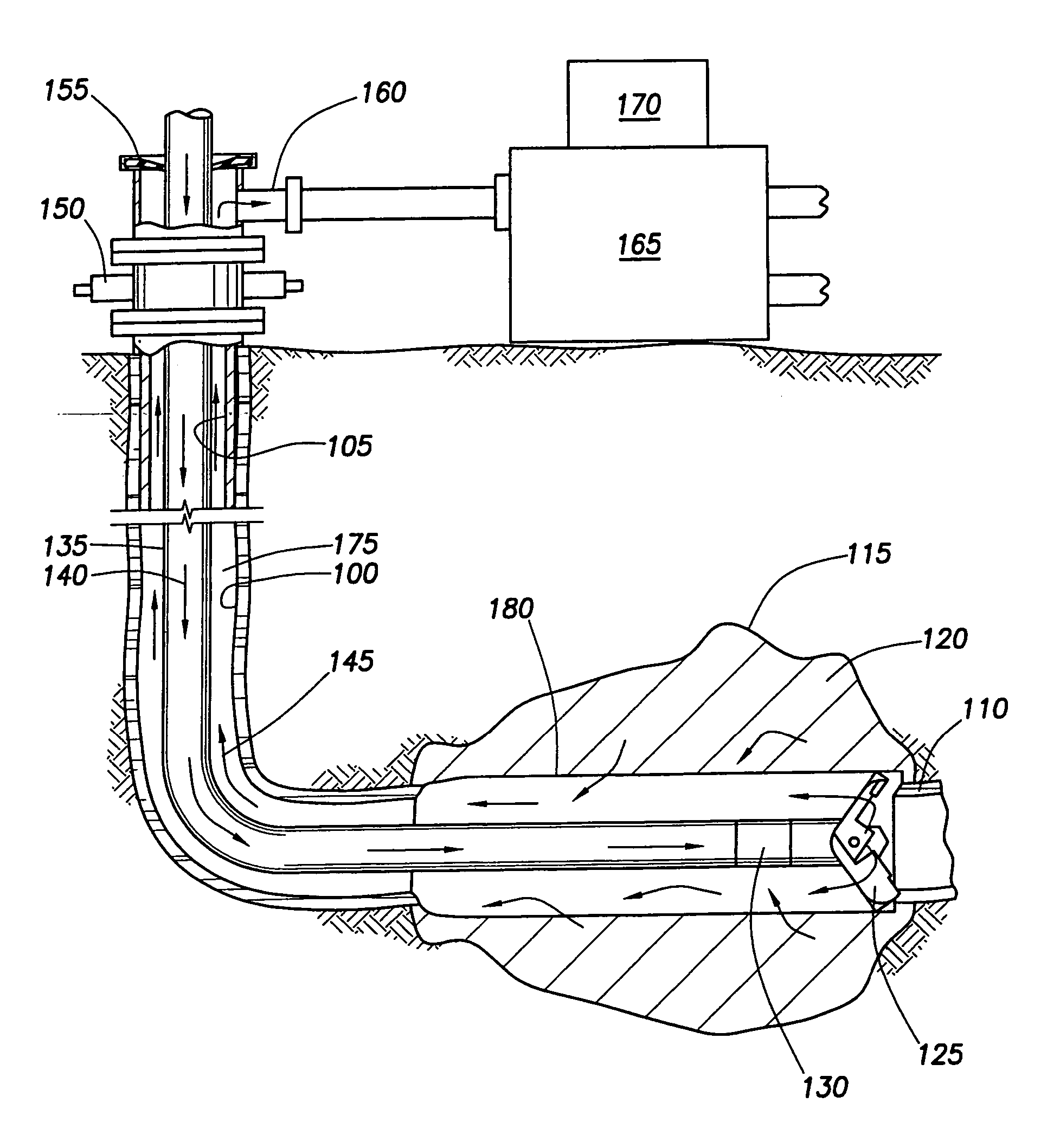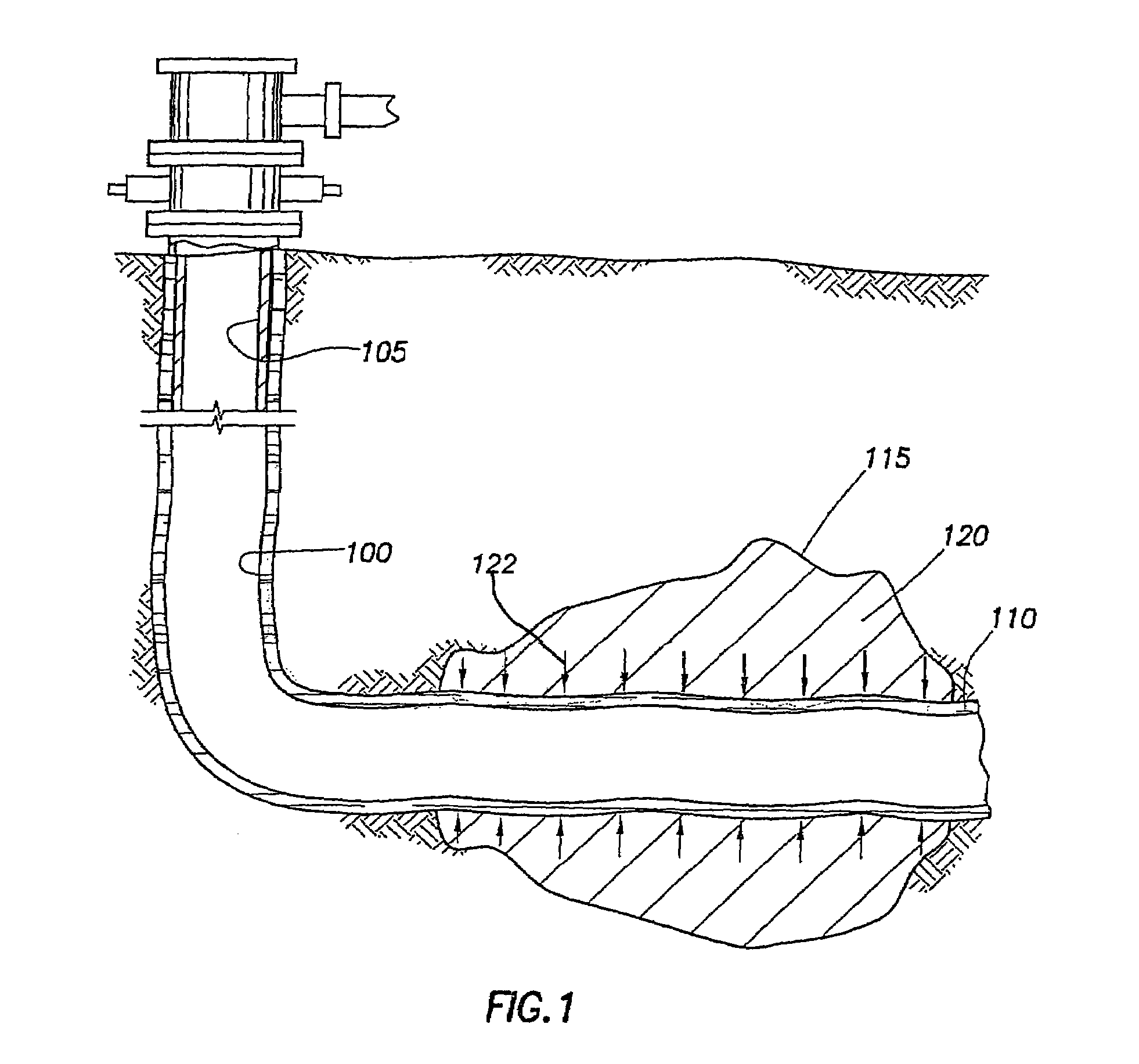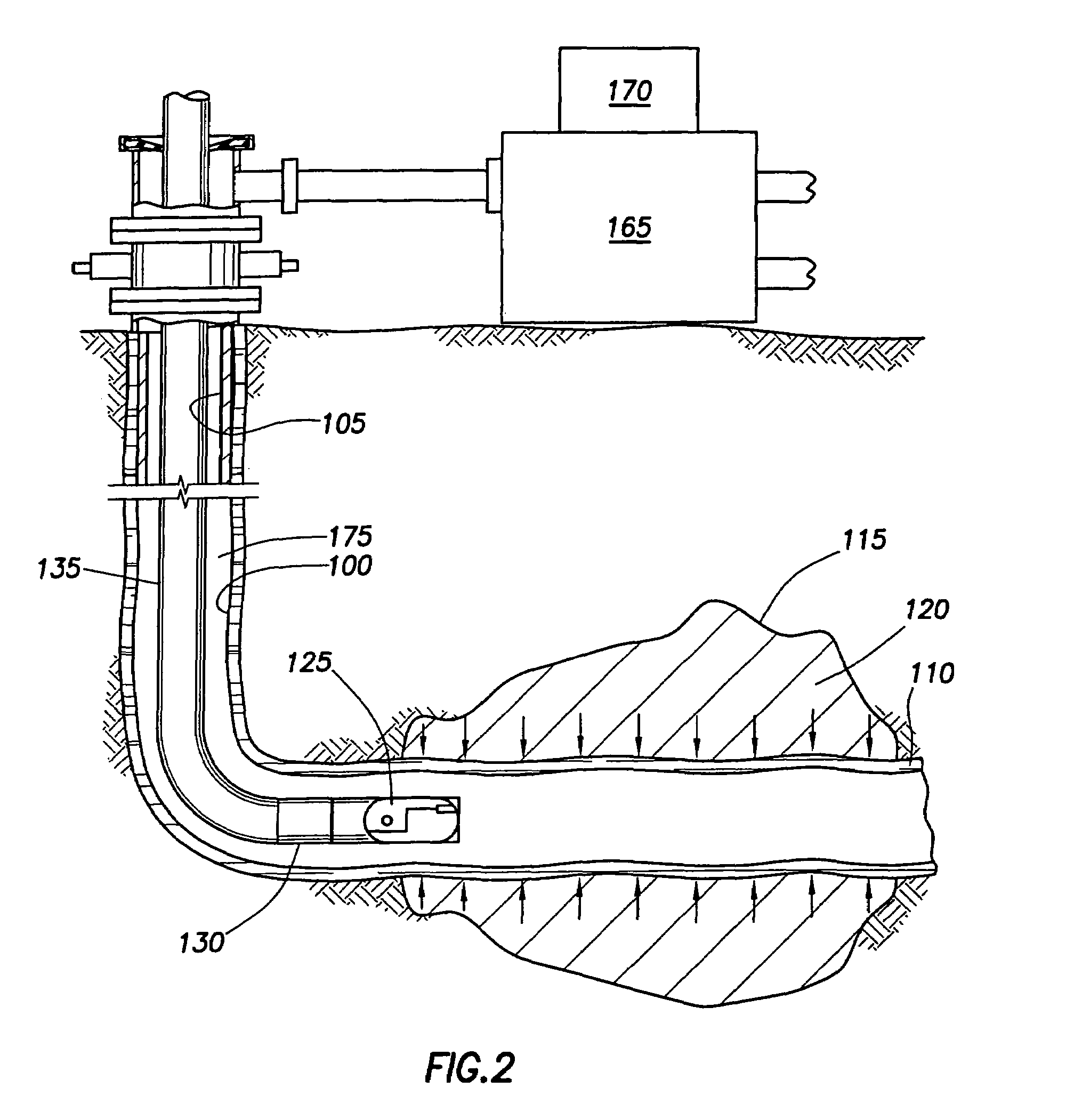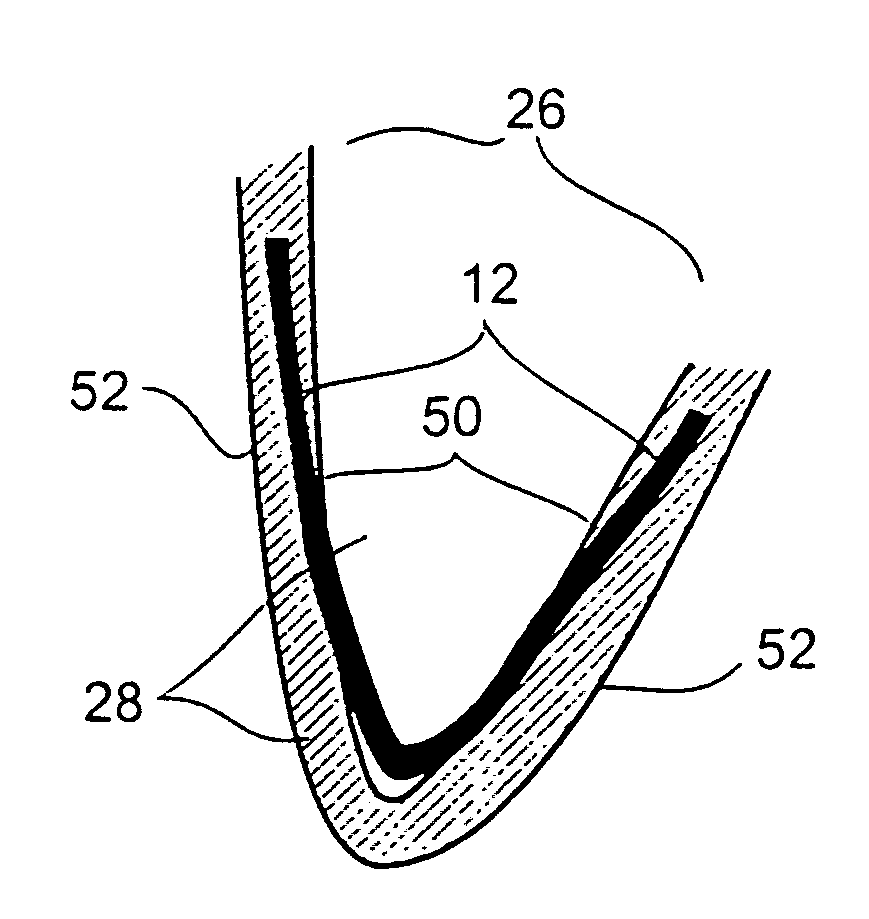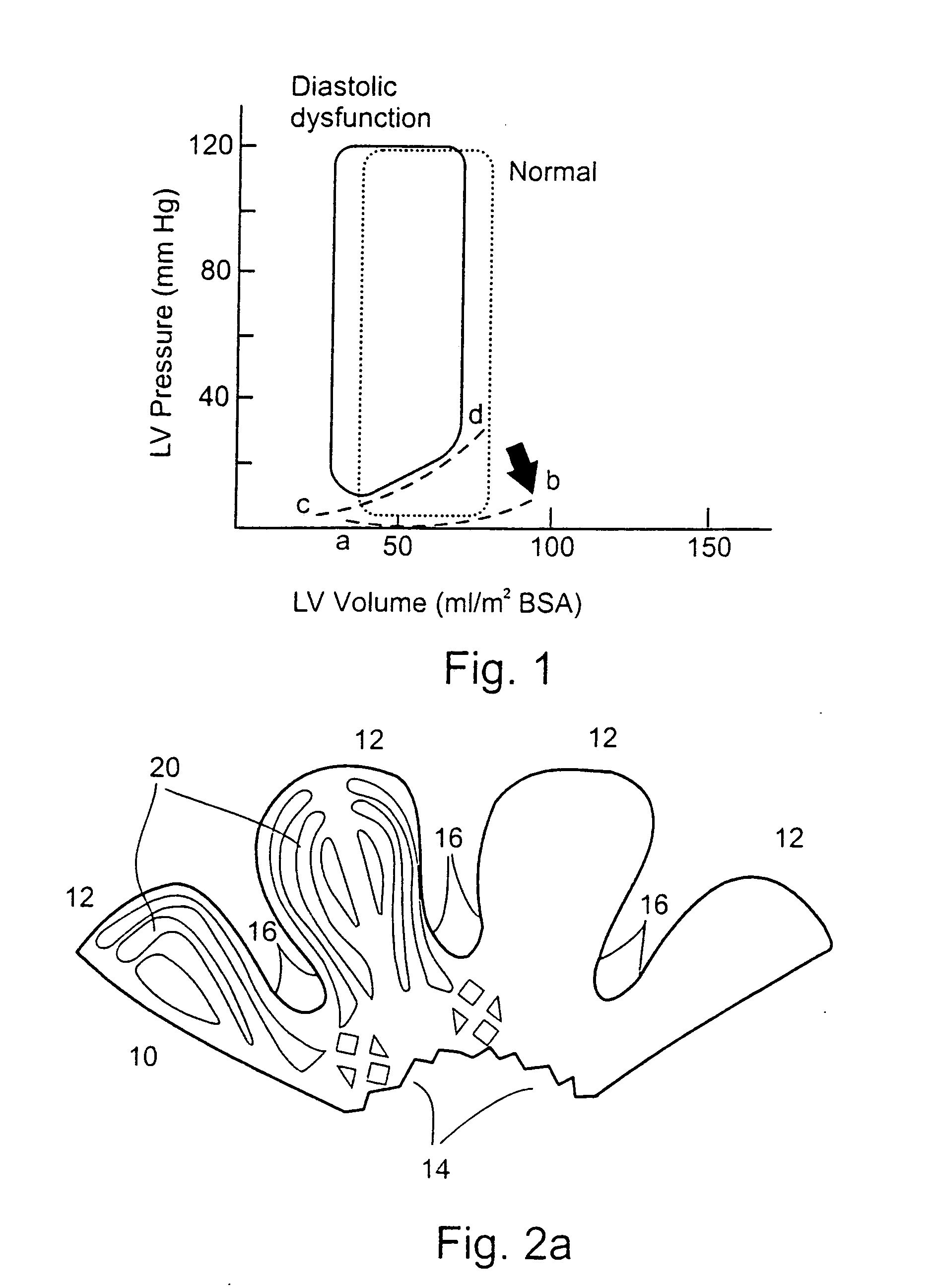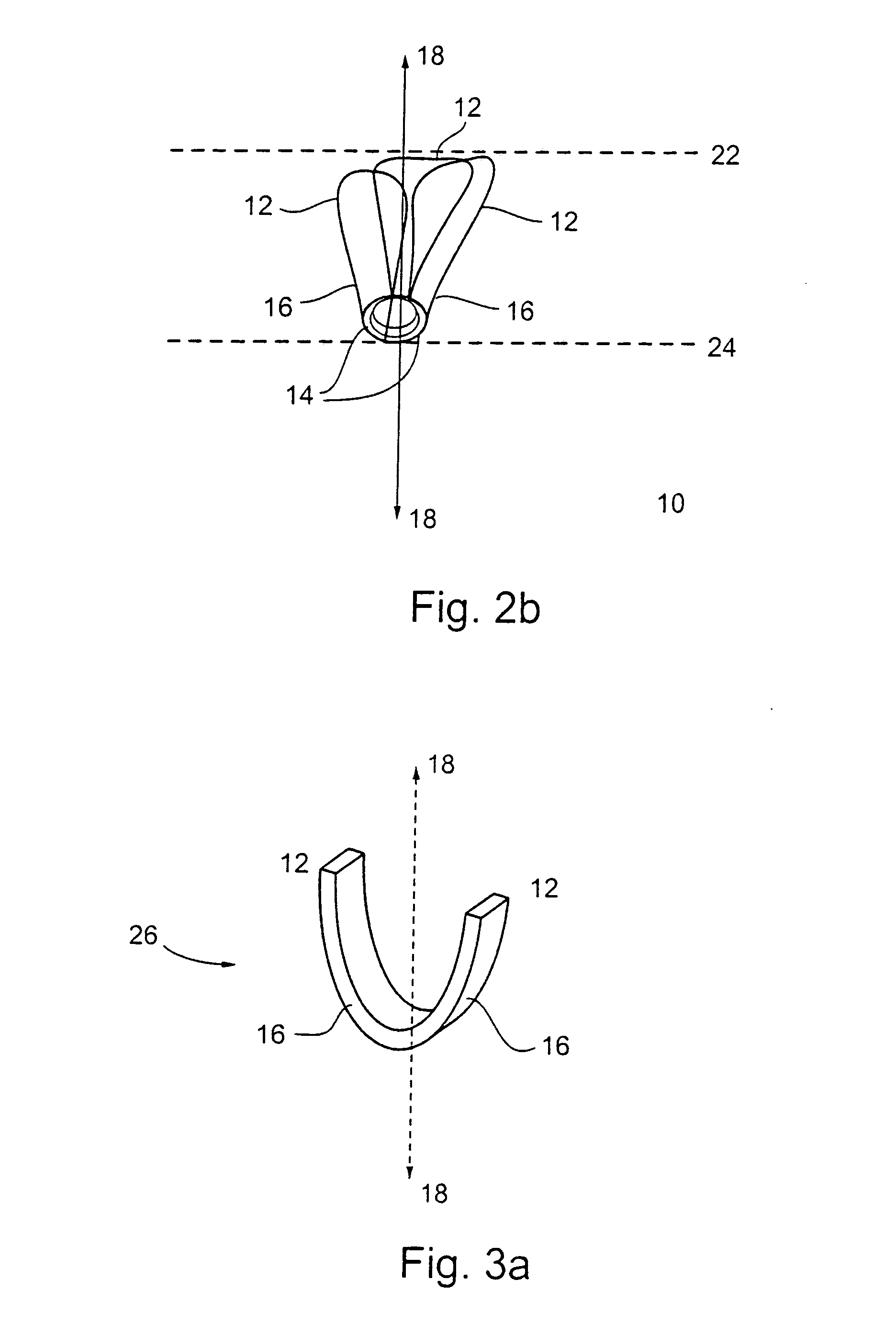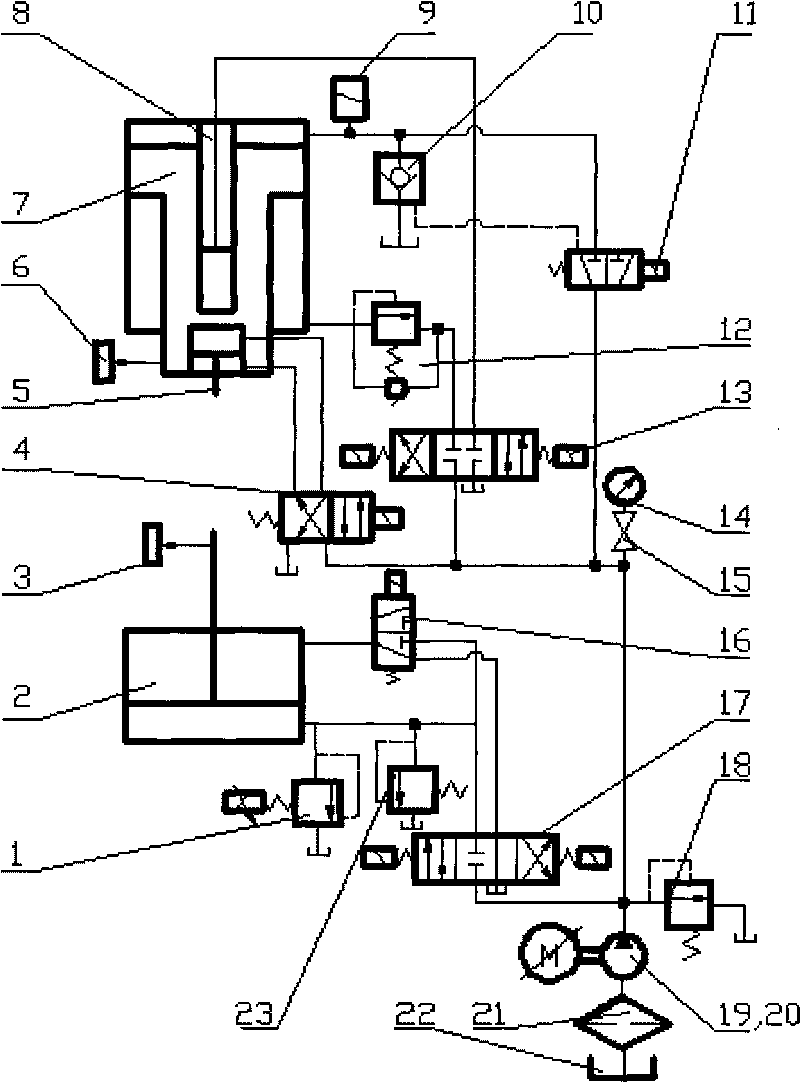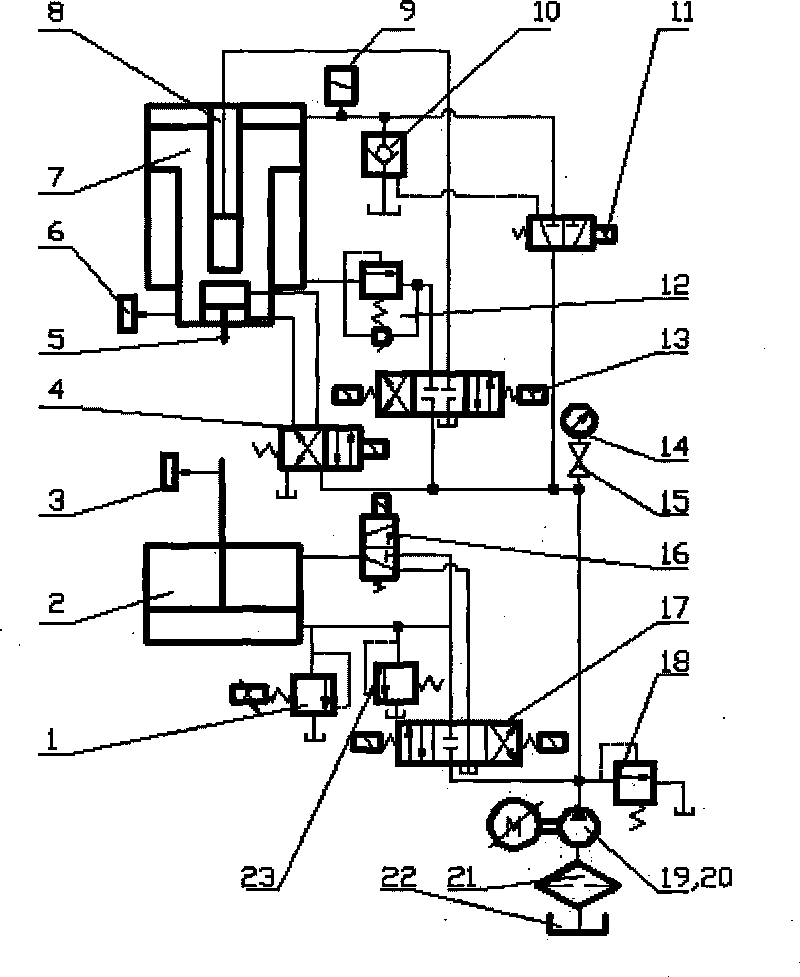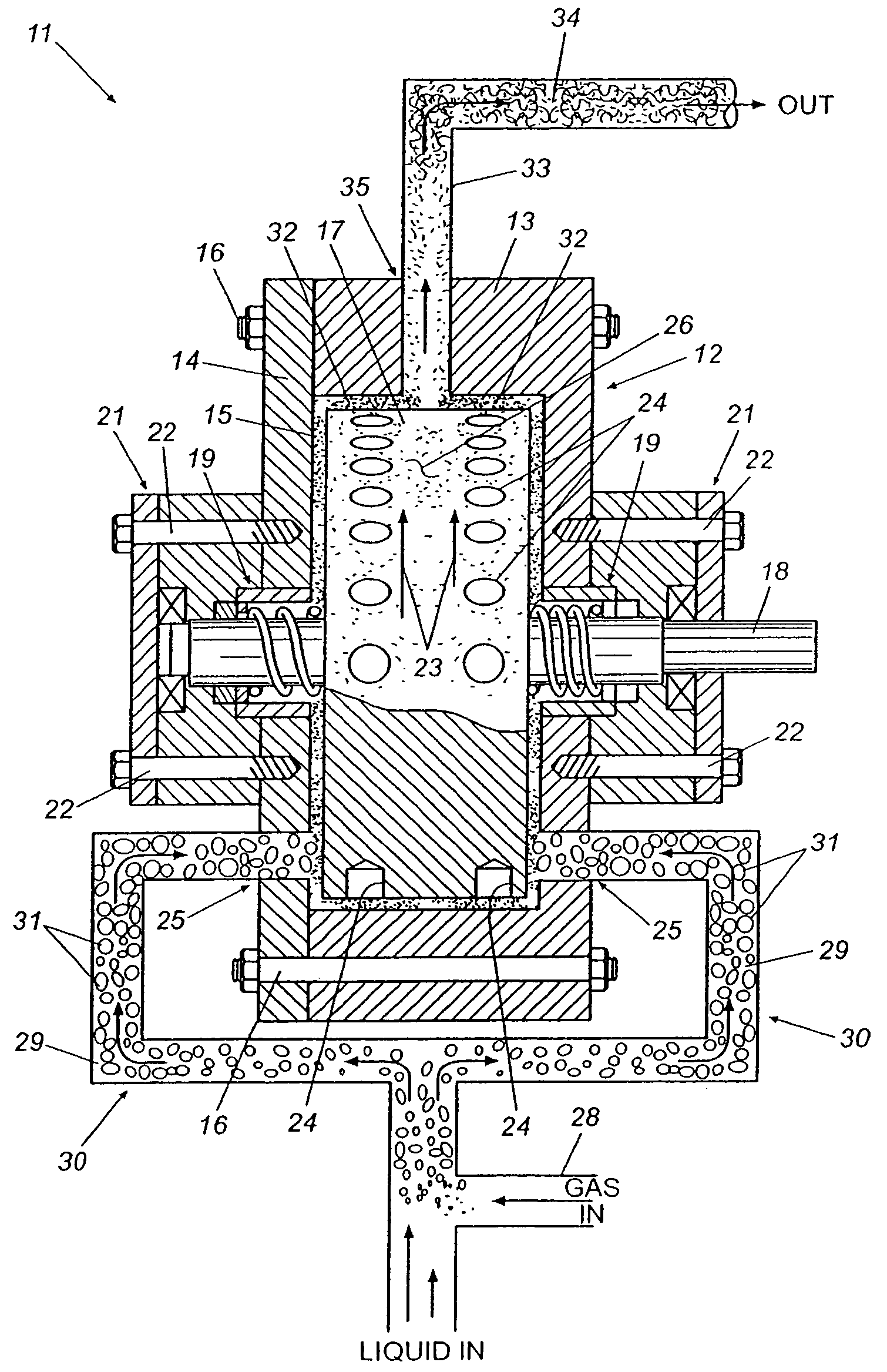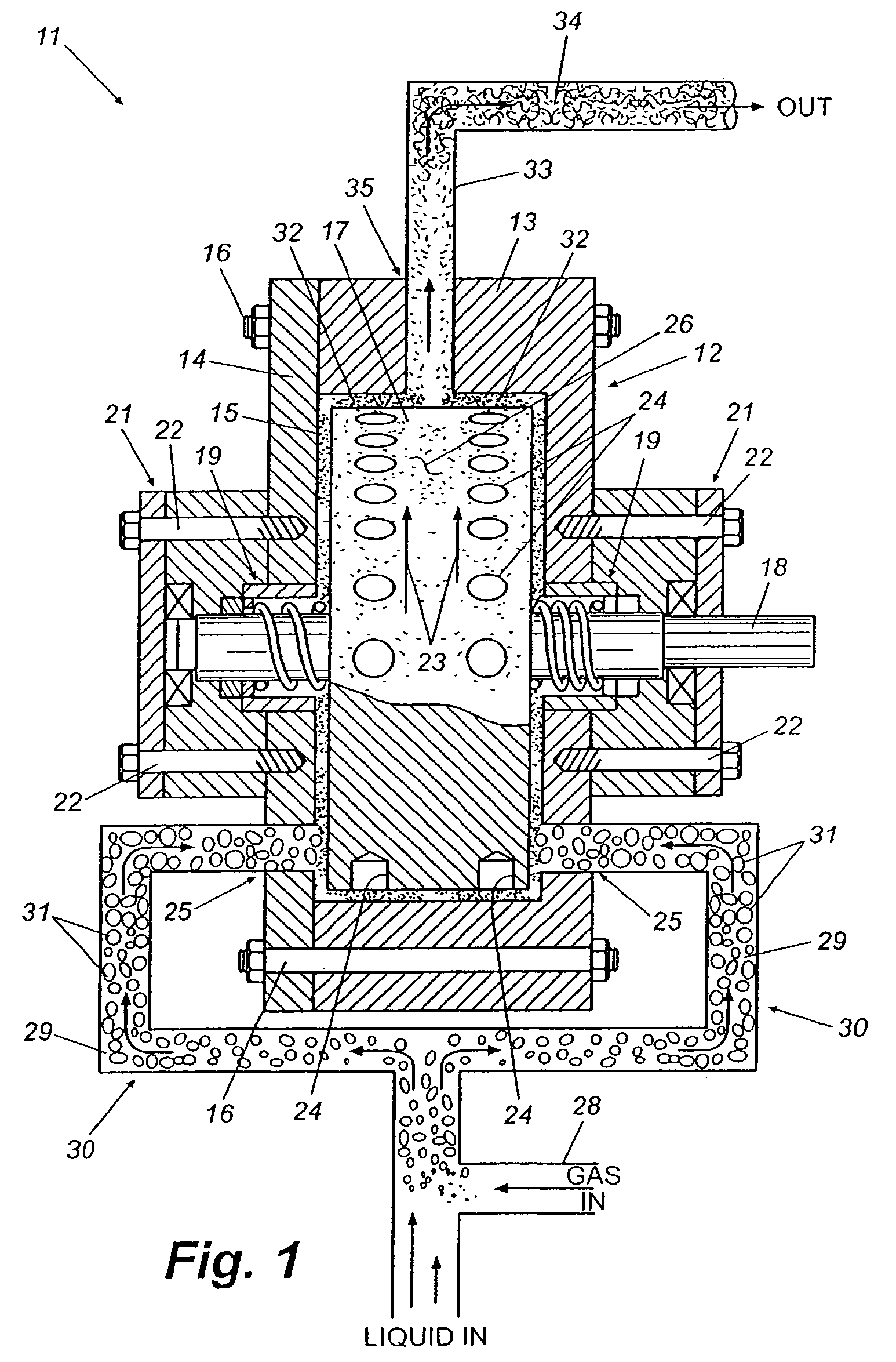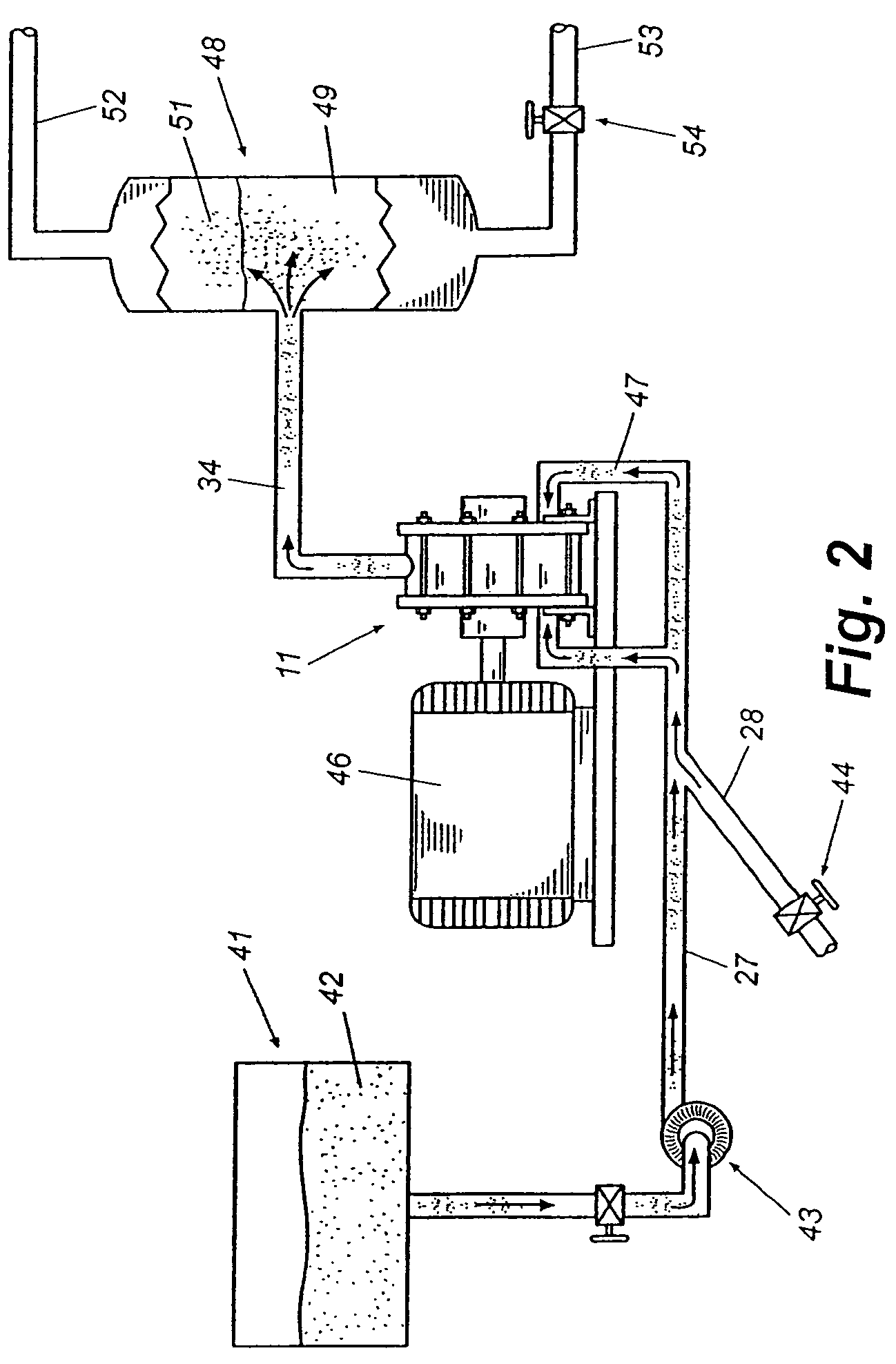Patents
Literature
Hiro is an intelligent assistant for R&D personnel, combined with Patent DNA, to facilitate innovative research.
1350 results about "Hydrostatic pressure" patented technology
Efficacy Topic
Property
Owner
Technical Advancement
Application Domain
Technology Topic
Technology Field Word
Patent Country/Region
Patent Type
Patent Status
Application Year
Inventor
Pressure at any level on a fluid at rest due the weight of the fluid above it.
Post-thaw survival of chryopreserved biological material by hydrostatic pressure challenge
InactiveUS20070087321A1Improve survivalSimple methodDead animal preservationHydrostatic pressurePre treatment
The present invention relates to a method for improving post-thaw survival of cryopreserved biological material comprising applying hydrostatic pressure to said biological material; keeping the said biological material at the hydrostatic pressure for a predetermined time period; releasing the hydrostatic pressure; and freezing the said biological material using any protocol applicable thereto. The invention also relates to the use of a pressurizing device for the pretreatment of a biological material that is to be cryopreserved, as well as to a pressurizing device for the pretreatment of a biological material that is to be cryopreserved, said device comprising a pressure chamber for receiving biological material, means to produce said pressure, and means to maintain said pressure in said chamber.
Owner:APPL CELL TECH KORLATOLT FELELOSSEGU TARSASAG
Wearable Pulse Wave Velocity Blood Pressure Sensor and Methods of Calibration Thereof
An apparatus and methods for performing a circulatory measurement on an extremity, such as a hand, of a subject. The circulatory measurement results in the derivation of an output circulatory metric that may encompass blood pressure or various other circulatory metrics. An indicator of an input circulatory metric at a locus on the extremity is measured, such as a pulse transit time. To determine the pulse transit time, a first plethysmographic signal may be obtained at a first position on the extremity, while a second plethysmographic signal may be obtained at a second position on the extremity of the subject. A transit time characterizing a circulatory pressure wave is calculated based on the first and second plethysmographic signals, leading to derivation of a wave speed. A calibration is then applied to provide the circulatory measurement based at least on the derived wave speed and a measured indicator of a hydrostatic component of blood pressure. Calibration is provided, in certain described embodiments, by derivation of two calibration parameters, a gain and a pulse transit time at zero pressure. Methods for deriving the calibration parameters include performing measurements under distinct hydrostatic pressure conditions, and based upon a measured derivative with respect to pressure of the pulse wave velocity.
Owner:MASSACHUSETTS INST OF TECH
Vascular access port with elongated septum
InactiveUS6213973B1Large target areaPreventing buckling of the septumSurgeryMedical devicesNeedle penetrationHydrostatic pressure
An elongated access port has a needle-impenetrable housing enclosing a fluid reservoir. The housing includes a base having a floor with an upstanding encircling sidewall and a cap having a top wall with a depending encircling skirt. The skirt of the cap receives the sidewall of the base. An access aperture extends through the top wall of the cap to communicate with the fluid reservoir. The access aperture is encircled by a continuous rim having an elongated shape in the plane of the access aperture. The rim of the access aperture may be elliptical, oval, polygonal, or parabolic-ended. An elastomeric, needle-penetrable, generally planar septum is disposed in the access aperture with the periphery of the septum in sealing engagement with the rim of the access aperture. Prior to installation, the septum has a periphery with a cross section in the plane of the septum that is geometrically proportional to and larger than the shape of the access aperture. Installation causes the periphery of the septum to be displaced inwardly by the rim of the access aperture in a direction parallel to the plane of the septum. In view of the relative shapes of the rim of the access aperture and the periphery of the septum, this produces substantially uniform hydrostatic pressure in regions of the installed septum that are subjected in use of the access port to needle penetrations. Opposite faces of the periphery of the septum are urged toward each other between the cap of the housing and the top of the sidewall of the base of the housing.
Owner:CR BARD INC
Implant with high vapor pressure medium
InactiveUS20100222802A1Promote recoveryImprove the immunitySuture equipmentsUrinary bladderHydrostatic pressureProduct gas
An implant for use in a human or animal body can include a flexible housing with an outer wall and having a chamber therein. The implant can have at least one high vapor pressure medium within the chamber. The at one high vapor pressure medium can have a combined vapor pressure equal to or greater than about the average value of the hydrostatic pressure of the implantation site plus the skin tension of the housing minus the gas tension of the dissolved gasses present at the implantation site.
Owner:SOLACE THERAPEUTICS
Therapeutic limb covering using hydrostatic pressure
InactiveUS6945944B2Easy to useEasy to wearPneumatic massageRestraining devicesLimb coverHydrostatic pressure
The present invention provides a therapeutic limb covering and an associated method of treating chronic swelling of a limb. The limb covering is uses hydrostatic pressure provided by liquid contained within the covering to apply pressure to the limb. The limb covering comprises a substantially non-distensible flexible outer layer, a distensible flexible inner layer joined together and a liquid tight bladder therebetween. The covering may be adapted for releasable securement about a limb such as an arm or a lower leg and foot of a patient. After placement on the limb, when the bladder is filled with a liquid, such as water, it expands to contact and apply pressure to the limb.
Owner:INCAPPE
System for housing an audio system in an aquatic environment
InactiveUS6954405B2Easy to removeEasy serviceSonic/ultrasonic/infrasonic transmissionTransducers for subaqueous useControl powerHydrostatic pressure
A submersible, hydrostatic pressure tolerant enclosure for a portable audio device is disclosed. Also disclosed is a removable lid allowing for the inserting and removing of the device from the enclosure. The disclosure further provides a connector system and an audio communication link connecting the housing to a device capable of generating sound, and to a device capable of producing sound while being submerged in an aquatic environment. Also disclosed are headsets containing at least one speaker within a waterproof enclosure. The speakers may be positioned in or near the ear canal, and attached to the ear or to the user's equipment. The headsets may further comprise devices for controlling power and fidelity. The disclosed invention provides an affordable, easy to use and flexible appliance for utilizing an audio device while being submerged into an aquatic environment.
Owner:VINCI BRANDS LLC
Rotating control device docking station
A system and method is provided for converting a drilling rig between conventional hydrostatic pressure drilling and managed pressure drilling or underbalanced drilling using a docking station housing mounted on a marine riser or bell nipple. This docking station housing may be positioned above the surface of the water. When a removable rotating control device is remotely hydraulically latched with the docking station housing, the system and method allows for interactive lubrication and cooling of the rotating control device, as needed, along with a supply of fluid for use with active seals.
Owner:WEATHERFORD TECH HLDG LLC
Method and device for the production of an essentially continous fine thread
InactiveUS6800226B1Simple and economical mannerReduced strengthSpinnerette packsMelt spinning methodsFine lineYarn
The invention relates to a method and a device for the production of essentially continuous fine threads made of meltable polymers. The polymer melt is spun from at least one spin hole (5) and the spun thread is attenuated using gas flows which are accelerated to achieve high speeds by means of a Laval nozzle (6). As a result of the specific geometry of the melt hole (4) and the position thereof in respect to the Laval nozzle (6), the temperature of the polymer melt, the throughout per spin hole and the pressures determining the velocity of the gas flow upstream and downstream from the Laval nozzle (6) are controlled in such a way that the thread reaches an internal hydrostatic pressure before solidifying, whereby said thread bursts into a plurality of fine threads.
Owner:GERKING LUDER
Systems and methods for controlling renovascular perfusion
InactiveUS20090105631A1Reduced perfusionReduce activationOther blood circulation devicesMedical devicesHydrostatic pressureBiological activation
Devices, systems and methods by which the real or apparent renovascular perfusion and intrarenal pressure may be selectively and controllably increased. By selectively and controllably increasing renovascular perfusion and interstitial hydrostatic pressure when the heart is unable to pump sufficient blood or when renal perfusion is suboptimal, the present invention reduces or reverses neurohormonal activation and fluid retention, and thereby minimizes their deleterious effects on the heart, vasculature, kidneys and other body systems.
Owner:CVRX
Fiber optic well logging cable
A well logging cable including an optical fiber and a pressure sealed enclosure surrounding the fiber. The enclosure is adapted to be able to be elongated to the maximum expected axial strain on the logging cable without permanent deformation. In one embodiment, the enclosure is a corrugated-wall tube surrounding the optical fiber. The tube contains toroidally shaped rings within the maximum diameter portions of the corrugations in the tube wall. The cable includes armor wires wound around the corrugated-wall tube. In the preferred embodiment, the tube is surrounded by an elastomeric jacket, and is filled with hydraulic oil or the like to prevent entry of wellbore fluids into the tube under hydrostatic pressure.
Owner:WESTERN ATLAS INTERNAIONAL INC
Rotating control device docking station
A system and method is provided for converting a drilling rig between conventional hydrostatic pressure drilling and managed pressure drilling or underbalanced drilling using a docking station housing mounted on a marine riser or bell nipple. This docking station housing may be positioned above the surface of the water. When a removable rotating control device is remotely hydraulically latched with the docking station housing, the system and method allows for interactive lubrication and cooling of the rotating control device, as needed, along with a supply of fluid for use with active seals.
Owner:WEATHERFORD TECH HLDG LLC
Marine umbilical
Various embodiments of an umbilical are provided. In one aspect, an umbilical is provided that includes a first tube, a second tube positioned in the first tube and a plurality of third tubes positioned in the first tube. Each of the plurality of third tubes has an inner polymer sleeve and an outer sleeve of carbon fibers in an epoxy matrix positioned around the polymer sleeve. The composite tubes yield a lighter umbilical that is easier to handle than a comparably sized conventional umbilical incorporating steel inner tubing and is more tolerant of dynamic bending and hydrostatic pressure loading.
Owner:MARINE INNOVATIONS
Fluid logic tool for a subterranean well
An operating tool uses programmed fluid logic provided by use of flow paths including pre-determined spaced ports and varying orifice sizes to provide discreet pressures and fluid flow rates upon pressure differential sensitive devices, such as a membrane or piston, in operative communication with an operative sleeve to manipulate one or more secondary tools, and / or to perform a service, such as, for example, acidzing or stimulation or injecting proppants within the well. The tool remains “immune” to internal well hydraulic or hydrostatic pressures, if desired, until the fluid logic is achieved. The fluid logic is adjustable for activation of tools sequentially by making changes in the port spacing and fluid relief profiles so that all tools can be actuated by a single geometry of fluid flow paths, or each tool can have its own unique fluid flow geometry so it becomes hydraulically coded.
Owner:OILTOOL ENG SERVICES
Disc shunt for treating back pain
InactiveUS20050246023A1Reduce stressRelieve stressInternal osteosythesisDiagnosticsMedicineBack pain
The intervertebral disc is avascular. With aging, nutrients and oxygen transporting through the endplates diminish. The disc degenerates, and pain ensues. Conduits are delivered through a pedicle or vertebral body into the intervertebral disc to re-establish the exchange of nutrients and waste between the disc and bodily circulation to slow, stop or reverse disc degeneration and relieve pain. Endplate plugs may be deployed to seal gaps between the conduits and the endplates to prevent immune responses to the nucleus pulposus and to preserve the hydrostatic pressure within the disc.
Owner:YEUNG JEFFREY E
Esophageal diagnostic sensor
InactiveUS20060116564A1Small sensor sizeSmall sizePerson identificationSensorsContact pressureHydrostatic pressure
Disclosed is an esophageal catheter that is capable of simultaneously measuring impedance, hydrostatic pressure and contact pressure in an esophagus from peristaltic waves, esophageal fluid and the transit bolus in a single test episode. Circumferential impedance sensors include sensing electrodes that are oppositely disposed on the circumferential impedance sensor, and reference electrodes that are also oppositely disposed on the circumferential impedance sensor and interspersed between the sensing electrodes. Accurate impedance measurements can be made in this fashion in a transverse direction in the esophagus. A hydrostatic pressure sensor is disposed at the distal tip of the esophageal probe that has a rigid cover to protect the hydrostatic pressure sensor from contact pressures of the esophagus. In this manner, the hydrostatic pressure sensor can provide purely hydrostatic pressure data from the fluids in the esophagus. Disposed above the hydrostatic pressure sensor, at the distal end of the probe, is an optical contraction sensor that detects both hydrostatic and contact pressure, by detecting the occlusion created by a flexible membrane disposed between an optical source and an optical detector mounted longitudinally in the probe, in response to contractions at the esophagus. The output of the hydrostatic pressure sensor and the optical contraction sensor permits estimations to be made of the contact pressures created by the esophagus.
Owner:MINTCHEV MARTIN P +2
Self-energized downhole tool
Setting mechanisms for downhole tools are described that take advantage of hydrostatic pressure in the wellbore which is harnessed to set a tool after exposure to well fluids for a given time or temperature defeats a lock and allows hydrostatic forces to trigger the setting of the tool. Alternatively, some other biasing source is released to set the downhole tool after exposure to well fluids for a time or a temperature and time defeats a lock and allows the biasing source to set the tool. While applications to packers are preferred, other downhole tools can be set in his manner removing the need for an inner string, dropping a ball on a seat or pressurizing the wellbore to achieve the setting of the downhole tool.
Owner:BAKER HUGHES HLDG LLC
Device and method for noninvasive continuous determination of physiologic characteristics
InactiveUS6921367B2Eliminate needEasy to take care ofElectrocardiographyEvaluation of blood vesselsHydrostatic pressureArrival time
The invention comprises devices for noninvasively monitoring physiological characteristics of a patient's blood. Generally, probes having radiation emitters and detectors are used to determine absorbance of blood within the patient's tissue to determine various blood parameters. The device also has either a position sensor for determining the position of the probe with respect to the patient's heart or a movement generator for altering the position of the probe with respect to the patient's heart. The invention also comprises methods for noninvasively monitoring the physiological characteristics. In one embodiemnt, induced positional changes create differential hydrostatic pressures to facilitate measurement of blood parameters by absorbance. In a second embodiment, delays in pulse arrival times in coupled organs or members on opposite sides of the body are measured to determine cardiac output. The two methods are such that they can advantageously be used together.
Owner:WOOLSTHORPE TECH
Hydraulic setting assembly
ActiveUS20100252252A1Increase load capacityReduce amountFluid removalSealing/packingHydraulic cylinderHydrostatic pressure
Novel hydraulic actuators and hydraulic setting assemblies are provided for use in downhole, oil and gas well tools. The novel hydraulic actuators include a cylindrical mandrel and an annular stationary' sealing member connected to the mandrel. A hydraulic cylinder is slidably supported on the mandrel and stationary sealing member and is releasably fixed in position on the mandrel. The stationary sealing member divides the interior of the cylinder into a bottom hydraulic chamber and a top hydraulic chamber. An inlet port provides fluid communication into the bottom hydraulic chamber, and an outlet port provides fluid communication into the top hydraulic chamber. A balance piston is slidably supported within the top hydraulic chamber of the actuator. The piston includes an axially extending passageway. Fluid communication through the piston and between its upper and lower sides is controlled by a normally shut valve in the passageway. In the absence of relative movement between the mandrel and cylinder, the balance piston is able to slide in response to a difference in hydrostatic pressure between the outlet port, is which is on one side of the piston, and the portion of the top hydraulic chamber that is on the bottom side of the piston.
Owner:SCHLUMBERGER TECH CORP
Heaving ocean wave energy converter
An ocean wave energy device uses large gas filled and surface vented or evacuated flexible containers having rigid movable ends and rigid fixed depth ends connected by flexible bellows, suitably reinforced against external hydrostatic pressure, submerged to a depth below anticipated wave troughs. One or more containers compress and expand as waves and troughs, respectively, pass overhead driving hydraulic or pneumatic, pumping means producing pressurized fluid flow for a common sea bed motor-generator or for other uses or on-board direct drive generators. Mechanical, hydraulic or pneumatic means re-expand said containers when a wave trough is overhead. Power output is augmented by mechanically connecting said rigid moving surfaces to surface floats, which may also provide said surface vent such that as waves lift and troughs lower said floats, said containers are further compressed and re-expanded, respectively. Depth fixing and adjustment means for tides and sea-states are provided.
Owner:ROHRER TECH
Tight Gas Stimulation by In-Situ Nitrogen Generation
InactiveUS20130126169A1Avoid reactionIncrease ratingsInsulationFluid removalHydrostatic pressureNitrogen
Provided is a method and composition for the in-situ generation of synthetic sweet spots in tight-gas formations. The composition can include nitrogen generating compounds, which upon activation, react to generate heat and nitrogen gas. The method of using the composition includes injecting the composition into a tight-gas formation such that upon activation, heat and nitrogen gas are generated. Upon the generation of nitrogen gas and heat within the formation, microfractures are produced within the formation and the hydrostatic pressure within the reservoir is reduced to less than the reservoir fluid pressure, such that the rate of production of hydrocarbons from the formation is increased.
Owner:SAUDI ARABIAN OIL CO
Using a Combination of a Perforating Gun with an Inflatable to Complete Multiple Zones in a Single Trip
A one trip system for perforating and fracking multiple intervals uses a releasable barrier. The barrier can be an inflatable. A pressure booster system is associated with the BHA so that the existing hydrostatic pressure is boosted when the gun or portions thereof are fired. After firing in one interval, the BHA is raised and the barrier is redeployed and the pattern repeats. Instruments allow sensing the conditions in the interval for optimal placement of the gun therein and for monitoring flow, pressure and formation conditions during the fracturing. Circulation between gun firings cleans up the hole. If run in on wireline a water saving tool can be associated with the BHA to rapidly position it where desired. A multitude of perforation charges mounted in the BHA can be selectively fired by selected corresponding detonator based on a predetermined sequence or surface telemetry command.
Owner:BAKER HUGHES INC
System and method for detecting and preventing leaks in pressurized piping systems
InactiveUS20060196251A1Easy and inexpensive to operateEasy and inexpensive to and maintainDetection of fluid at leakage pointPipe couplingsHydrostatic pressureEngineering
A system and method for testing plumbing systems for leaks by which the original plumbing system is cleaned and flushed using ambient temperature water followed by cleaning and flushing with pressurized recirculating elevated temperature water to filter debris and contaminants, shocking the plumbing system with elevated temperature and high pressure surges followed by a hydrostatic pressure test designed to expose the existence of any leaks in the plumbing system in the rough plumbing stage of construction prior to enclosing the plumbing system in a structure.
Owner:ROBERT C RICHEY TRUSTEE OF THE ROBERT C RICHEY FAMILY TRUST
Top-down hydrostatic actuating module for downhole tools
ActiveUS20070246227A1Without diminishing hydrostatic actuating forceAvoid communicationFluid removalWell/borehole valve arrangementsHydrostatic pressureMechanical engineering
An apparatus for actuating a downhole tool within a well bore comprises a cylindrical mandrel extending longitudinally through the downhole tool; an interventionless, hydrostatic, top-down actuating piston disposed about the mandrel and forming a first chamber and a second chamber therebetween; and a rupture disk that prevents fluid communication between the well bore and the first chamber until sufficient hydrostatic pressure is applied to the well bore to fail the rupture disk. A method of actuating a downhole tool comprises connecting a top-down actuating module to the downhole tool, running the downhole tool to a desired depth within a well bore, pressuring up the well bore without pressuring up an internal flow bore extending through the top-down actuating module, hydrostatically actuating an upper piston of the top-down actuating module to exert an actuation force onto the downhole tool, and actuating the downhole tool.
Owner:HALLIBURTON ENERGY SERVICES INC
High-average power active mirror solid-state laser with multiple subapertures
InactiveUS20020110164A1Precise positioningRelieve pressureActive medium materialActive medium shape and constructionOptical coatingHydrostatic pressure
An apparatus and method for achieving ultrahigh-power output from a solid-state laser. The solid-state laser of the subject invention uses multiple disk-shaped laser gain media (subapertures) placed adjacent to each other to fill an optical aperture of an AMA module. In one preferred embodiment each of the laser gain media is provided with optical coatings for operation in the active mirror configuration. Furthermore, each of the laser gain media is hydrostatic pressure-clamped to a rigid, cooled substrate, which allows it to maintain a prescribed shape even when experiencing significant thermal load. A cooling medium can be provided to a heat exchanger internal to the substrate and / or flowed through the passages on the substrate surface, thereby directly cooling the laser gain medium.
Owner:THE BOEING CO
Microfluidic device for enabling fluidic isolation among interconnected compartments within the apparatus and methods relating to same
ActiveUS7419822B2Maintaining fluidic isolationArea is exposedBioreactor/fermenter combinationsBiological substance pretreatmentsFluid transportHigh resistance
Embodiments of the invention are directed to a device that combines microfabrication, microfluidic, and surface micropatterning techniques to create a multi-compartment neuronal culturing device that has application across a number of different neuroscience uses. Devices configured in accordance with the invention allow directed growth of neurites and isolation of neurites from their cell bodies. The device can use hydrostatic pressure to isolate insults to one compartment and, thus, expose localized areas of neurons to insults. Due to the high resistance of the microgrooves for fluid transport, insults are contained in the neuritic compartment without appreciable leakage into the somal compartment for a certain period of time (e.g., over 15 h).
Owner:RGT UNIV OF CALIFORNIA
Self-energized downhole tool
ActiveUS20070144731A1Defeat lockEliminate needFluid removalSealing/packingHydrostatic pressureEngineering
Setting mechanisms for downhole tools are described that take advantage of hydrostatic pressure in the wellbore which is harnessed to set a tool after exposure to well fluids for a given time or temperature defeats a lock and allows hydrostatic forces to trigger the setting of the tool. Alternatively, some other biasing source is released to set the downhole tool after exposure to well fluids for a time or a temperature and time defeats a lock and allows the biasing source to set the tool. While applications to packers are preferred, other downhole tools can be set in his manner removing the need for an inner string, dropping a ball on a seat or pressurizing the wellbore to achieve the setting of the downhole tool.
Owner:BAKER HUGHES INC
Methods for increasing production from a wellbore
The present invention generally relates to a method for recovering productivity of an existing well. First, an assembly is inserted into a wellbore, the assembly includes a tubular member for transporting drilling fluid downhole and an under-reamer disposed at the end of the tubular member. Upon insertion of the assembly, an annulus is created between the assembly and the wellbore. Next, the assembly is positioned near a zone of interest and drilling fluid is pumped down the tubular member. The drilling fluid is used to create an underbalanced condition where a hydrostatic pressure in the annulus is below a zone of interest pressure. The under-reamer is activated to enlarge the wellbore diameter and remove a layer of skin for a predetermined length. During the under-reaming operation, the hydrostatic pressure is maintained below the zone of interest pressure, thereby allowing wellbore fluid to migrate up the annulus and out of the wellbore. After the under-reaming operation, back-reaming may be performed to remove any excess wellbore material, drill cuttings and fines left over from the under-reaming operation and to ensure no additional skin damage is formed in wellbore. Upon completion, the under-reamer is deactivated and the assembly is removed from the wellbore.
Owner:WEATHERFORD TECH HLDG LLC
In-vivo method and device for improving diastolic function of the left ventricle
InactiveUS20060276683A1Function increaseReduce hydrostatic pressureSuture equipmentsHeart valvesCardiac cycleLeft ventricular size
A method and device featuring at least one component providing a potential to kinetic converted elastic, magnetic repulsion, or, an elastic and magnetic repulsion, pushing, pulling, or, pulling and pushing, type of radially outward expansive force or pressure to an inner, outer, intermediate, and, combination thereof, wall region of the left ventricle, for reducing intraluminal hydrostatic pressure of the left ventricle (LV filling pressure) during the ventricular diastolic stage of the cardiac cycle, thereby, improving diastolic function of the left ventricle of the heart in subjects having a condition of diastolic heart failure (DHF), while minimally disturbing systolic function of the heart. The expansive force or pressure is in a range of about 5-40 mm Hg, whereby, left ventricular end diastolic pressure (LVEDP) is reduced down to the normal range of about 6-12 mm Hg, during ventricular diastole of the heart.
Owner:CORASSIST CARDIOVASCULAR LTD
High performance and energy-saving double-acting hydrostatic press driven by servo motor
InactiveCN101712207AImprove performanceOvercome a series of disadvantagesExtrusion control devicesForging press detailsClosed loopHydrostatic pressure
The invention relates to a high performance and energy-saving double-acting hydrostatic press driven by a servo motor. The invention retains the rapid liquid-filling and direction control circuits in the common hydrostatic press, but uses a controllable hydraulic source composed of an AC servo motor and a quantitative oil pump to replace an uncontrollable hydraulic source driven by a common induction motor and combine with various sensors, and realizes the energy-saving pressure, position and speed control of the system under the control and regulation of the electrical motor; displacement sensors are added in a main cylinder and an auxiliary cylinder, a pressure sensor is added in the oil inlet line of the main cylinder, thus realizing the closed-loop control of position, speed and pressure; and a proportional relief valve is added at the oil outlet of the auxiliary cylinder, thus realizing variable blank holder force floating blank-holding of the auxiliary cylinder, wherein the electrical motor is the high-power AC servo motor, the electrical motor is connected with a controller, and the flow control and the volume velocity-governing and pressure-regulating of the main oil line can be realized by controlling the speed of the electrical motor. The invention completely uses the advantages of the high-power AC servo motor such as high efficiency, controllable performance, adjustable performance and good reliability to realize the optimization of process parameters, improve the hydrostatic press performance and reduce the energy consumption.
Owner:GUANGDONG UNIV OF TECH
Cavitation device with balanced hydrostatic pressure
InactiveUS7360755B2Improve efficiencyEvenly distributedBurnersLiquid fuel feeder/distributionCavitationHydrostatic pressure
A method of mixing two or more dissimilar fluids such a gas and a liquid is provided. The method includes the steps of introducing one fluid into the other to form a mixture, inducing cavitation in the mixture to reduce at least one of the fluids to a large number of relatively small units, and distributing the small units uniformly throughout the mixture. In a preferred embodiment, the step of inducing cavitation comprises introducing the mixture into a chamber having a rotating disk formed with a plurality of irregularities such as bores. The irregularities on the rotating disk induce cavitation in the mixture. The cavitation also breaks down van der Waals attractions within the mixture to enhance mixing.
Owner:HYDRODYNAMICS
Features
- R&D
- Intellectual Property
- Life Sciences
- Materials
- Tech Scout
Why Patsnap Eureka
- Unparalleled Data Quality
- Higher Quality Content
- 60% Fewer Hallucinations
Social media
Patsnap Eureka Blog
Learn More Browse by: Latest US Patents, China's latest patents, Technical Efficacy Thesaurus, Application Domain, Technology Topic, Popular Technical Reports.
© 2025 PatSnap. All rights reserved.Legal|Privacy policy|Modern Slavery Act Transparency Statement|Sitemap|About US| Contact US: help@patsnap.com
